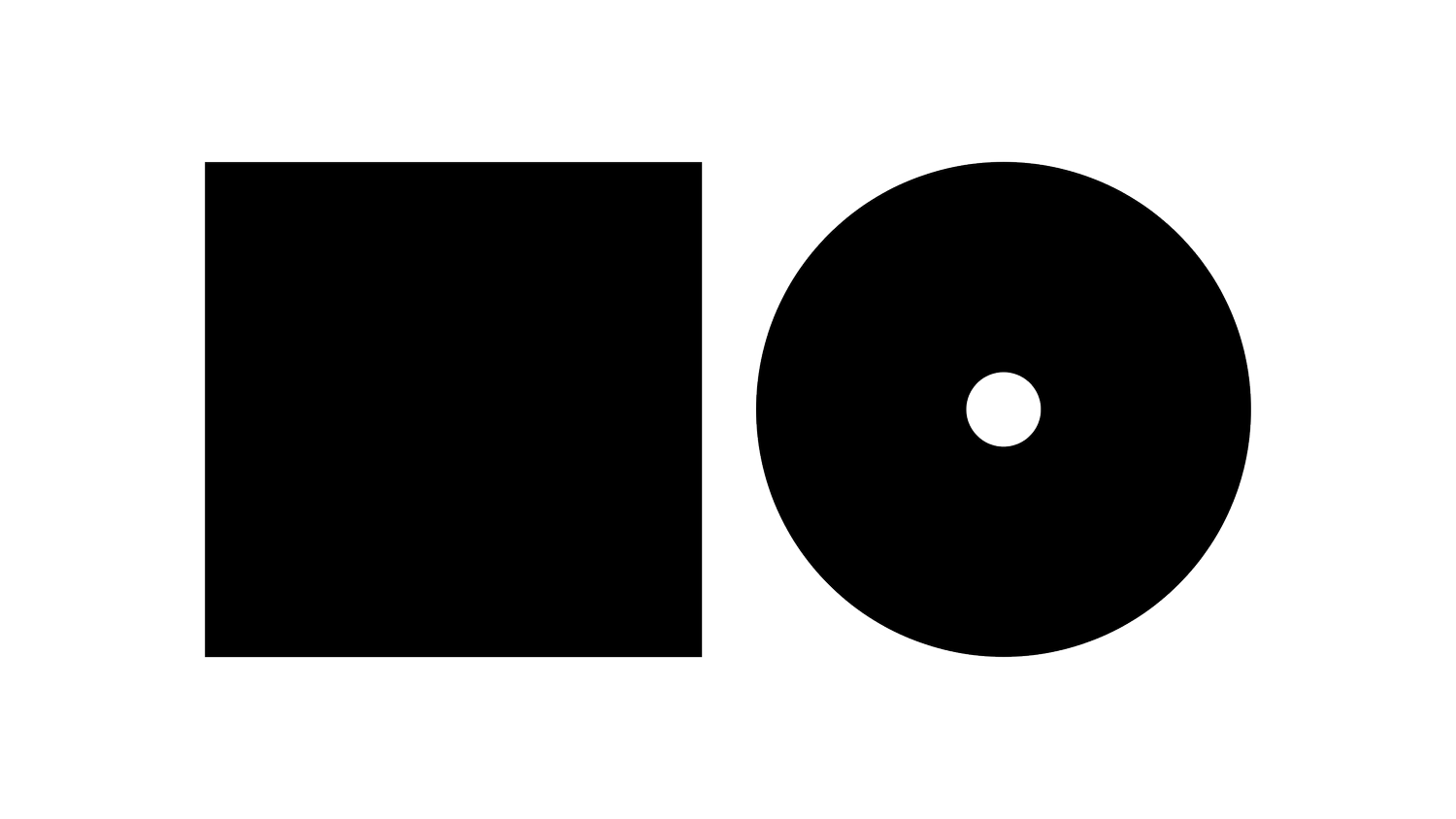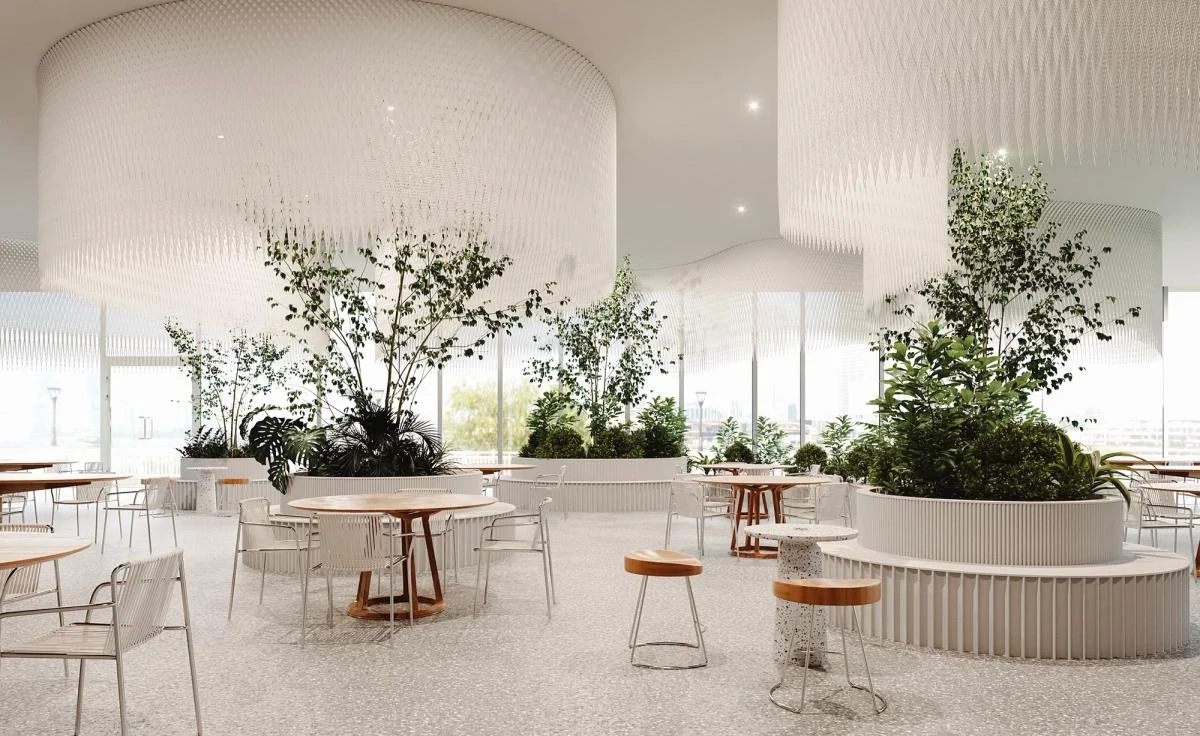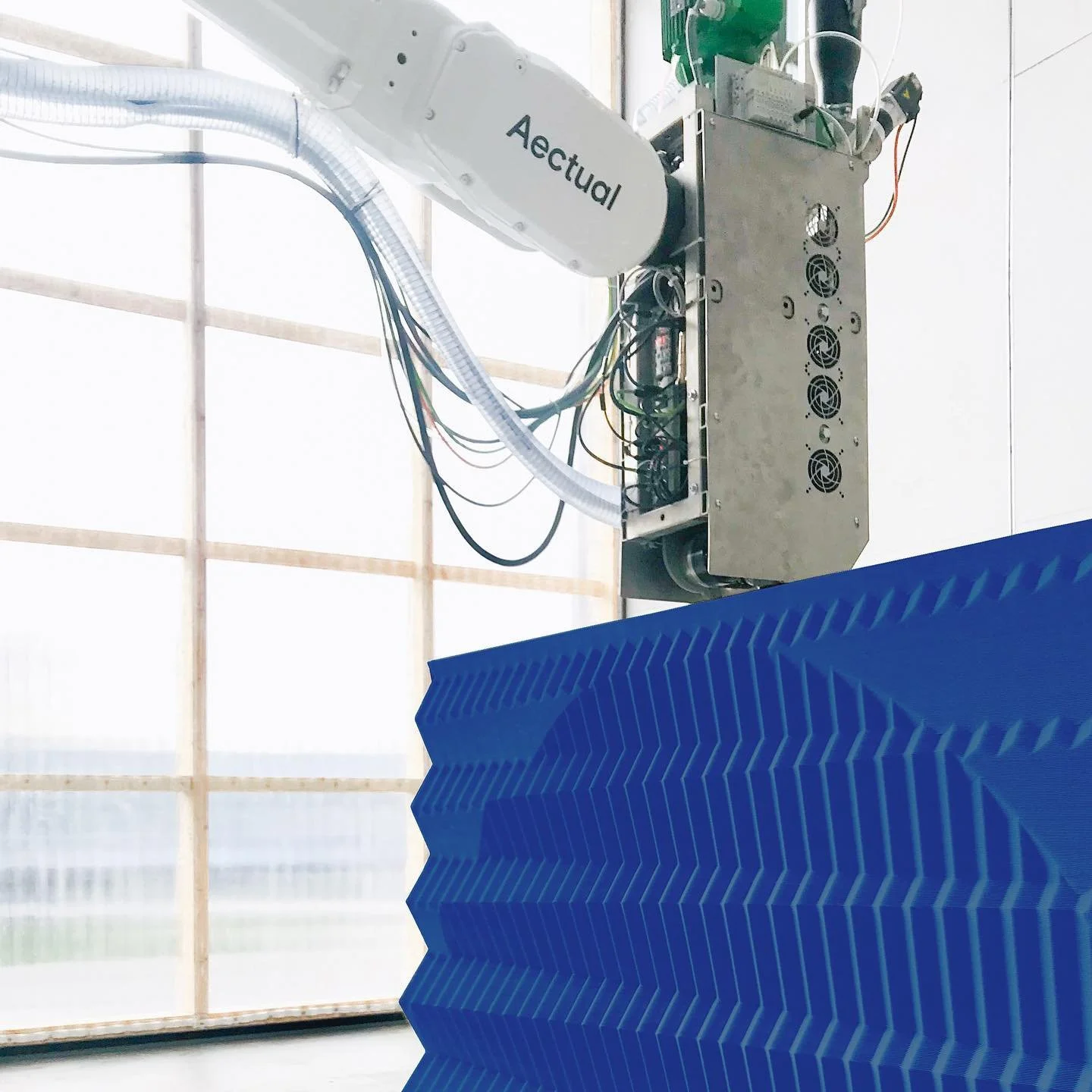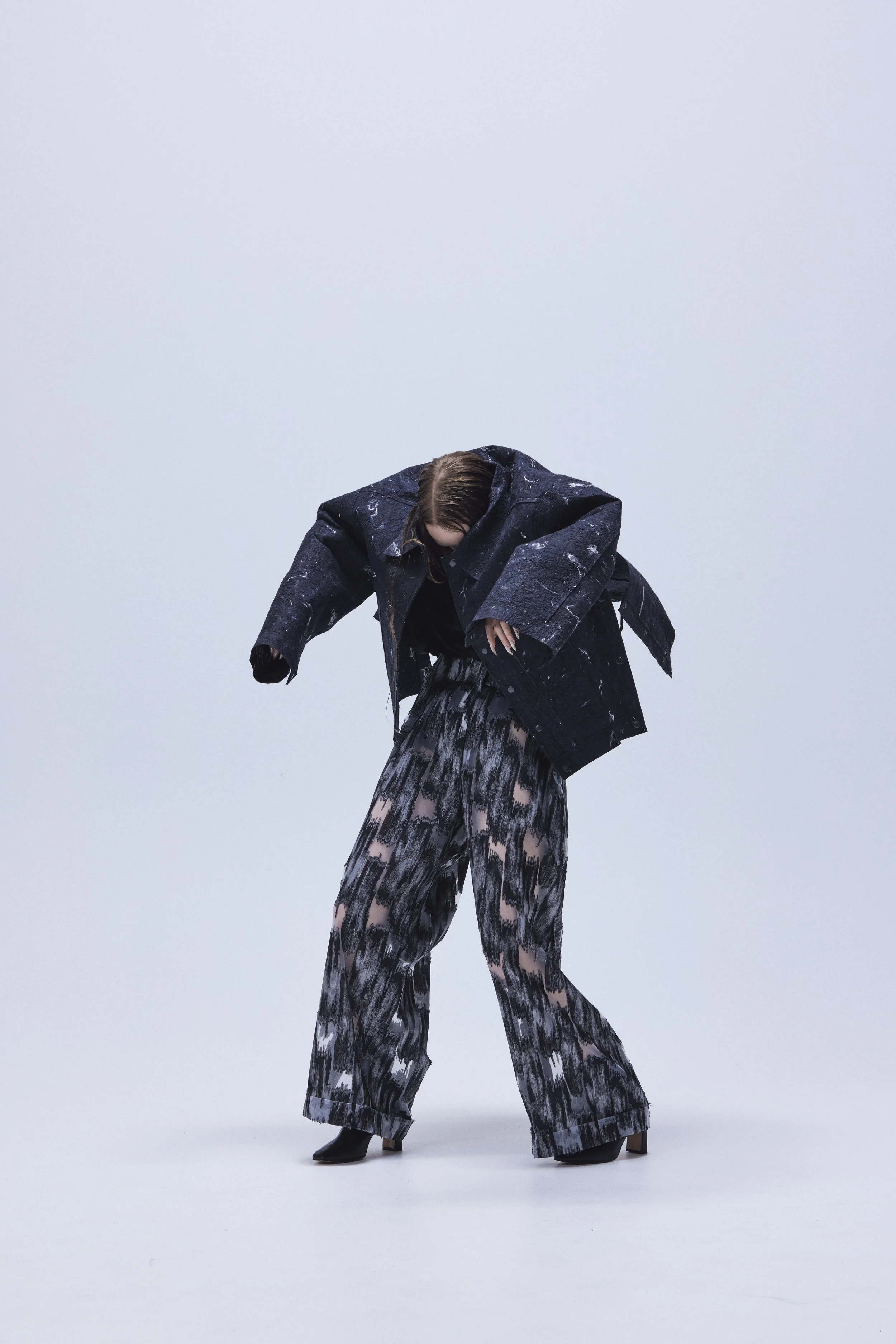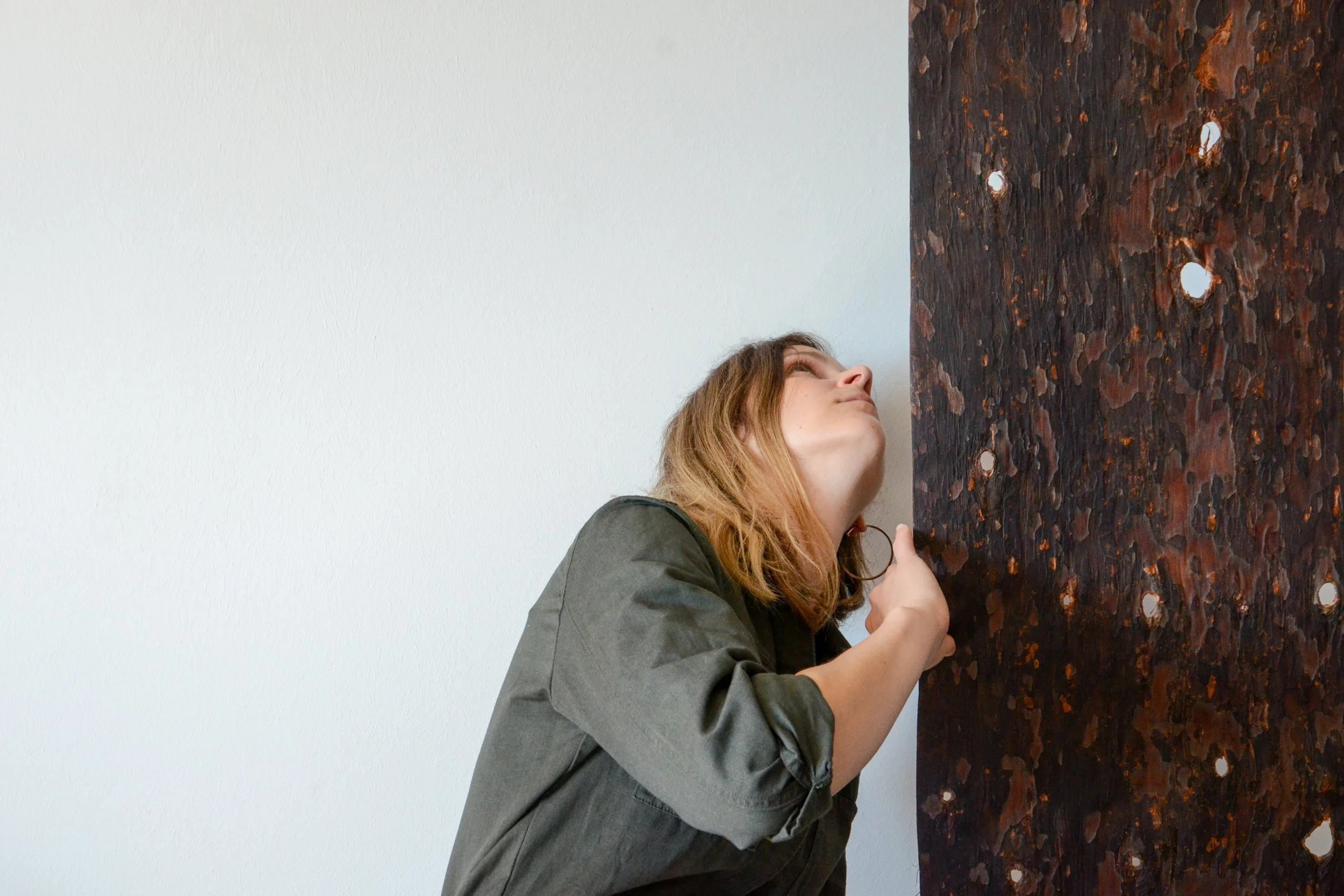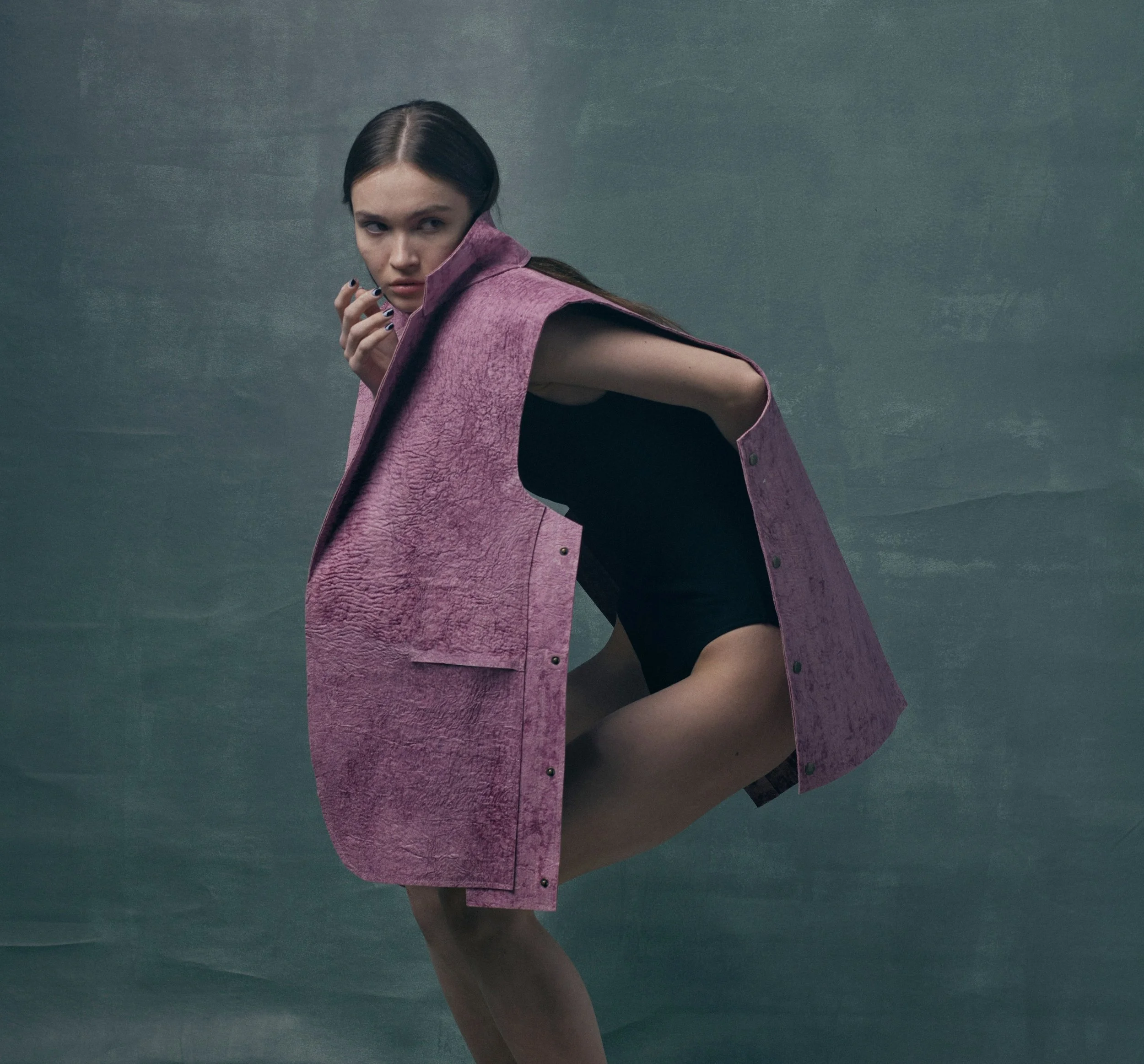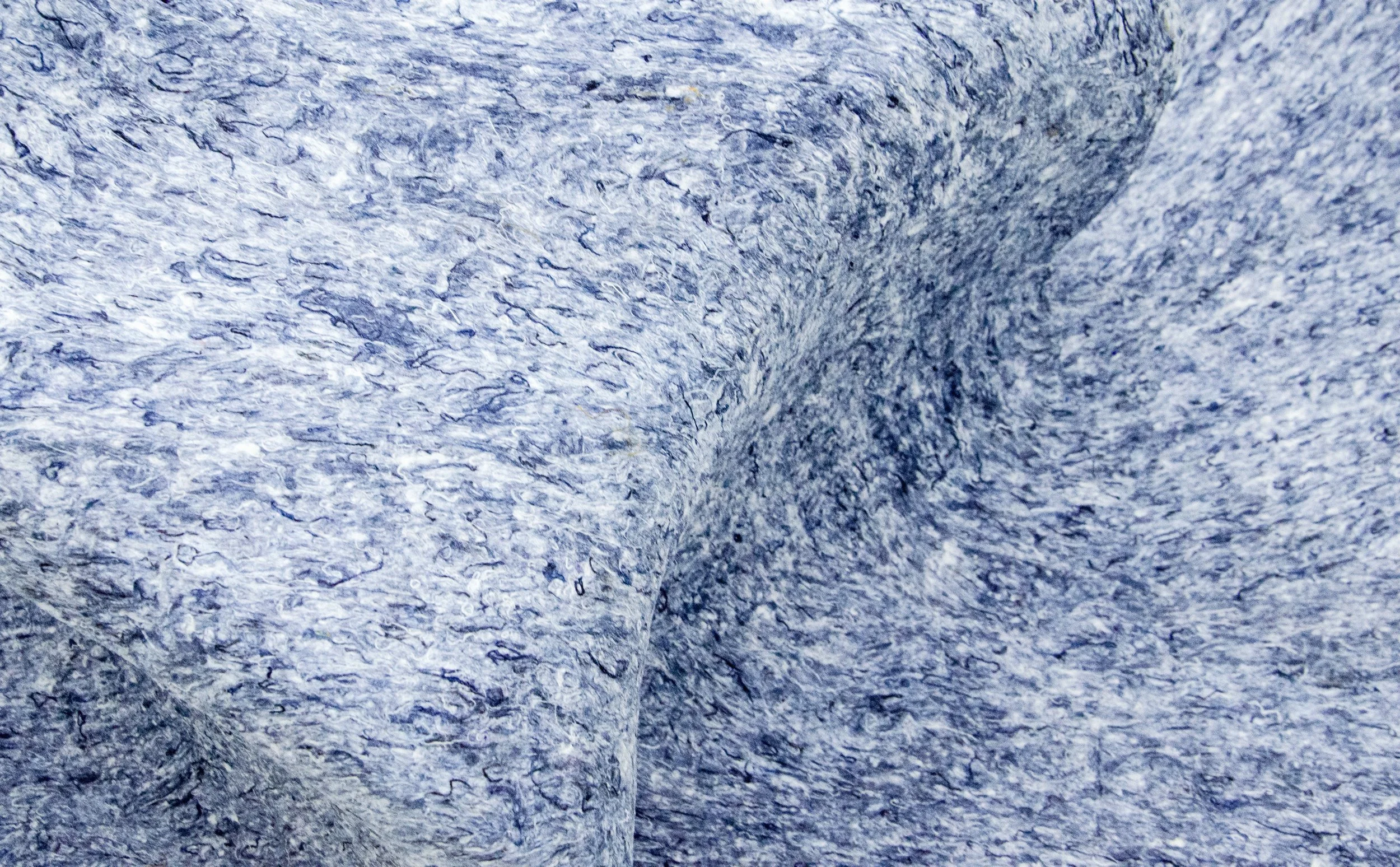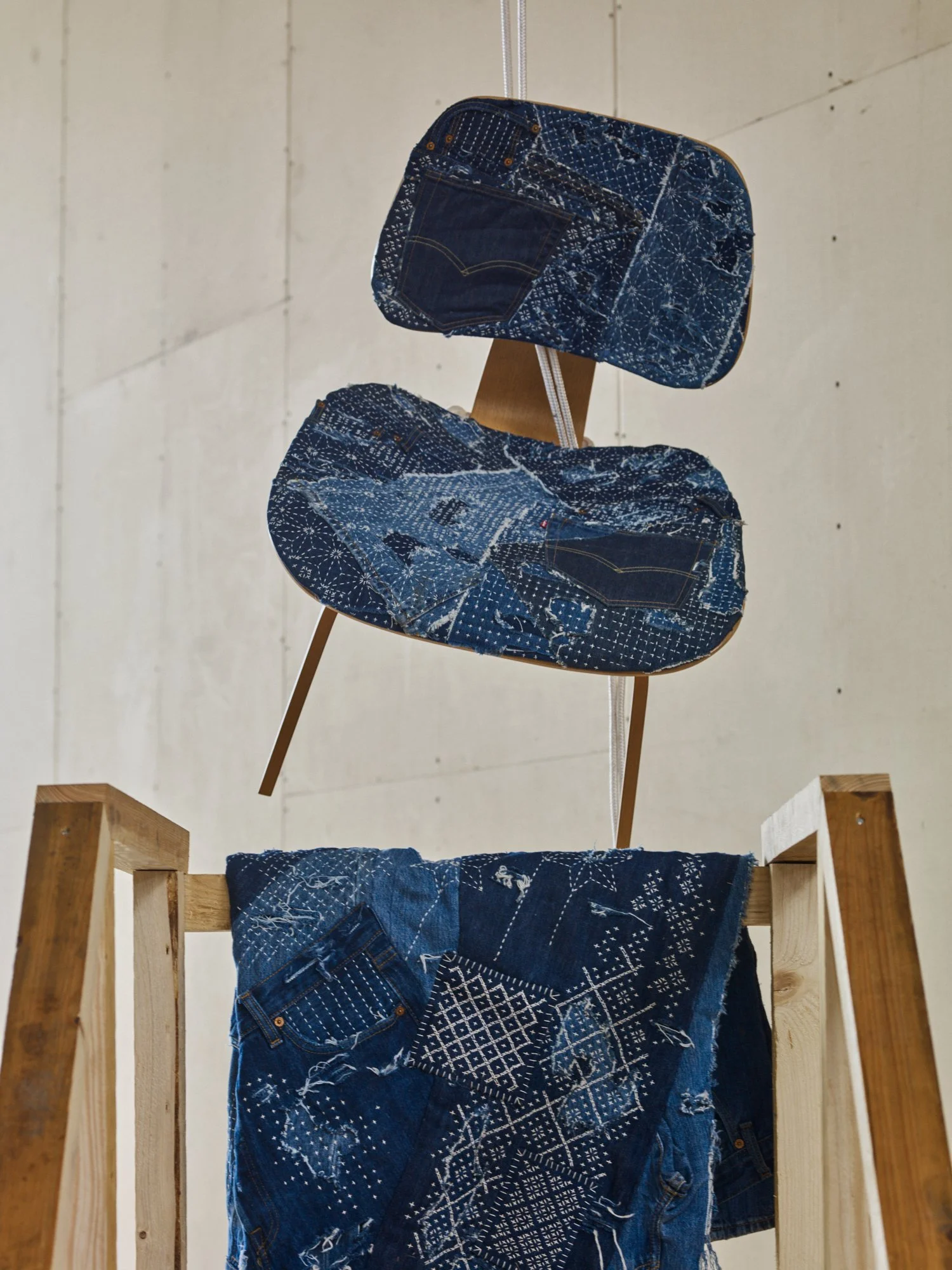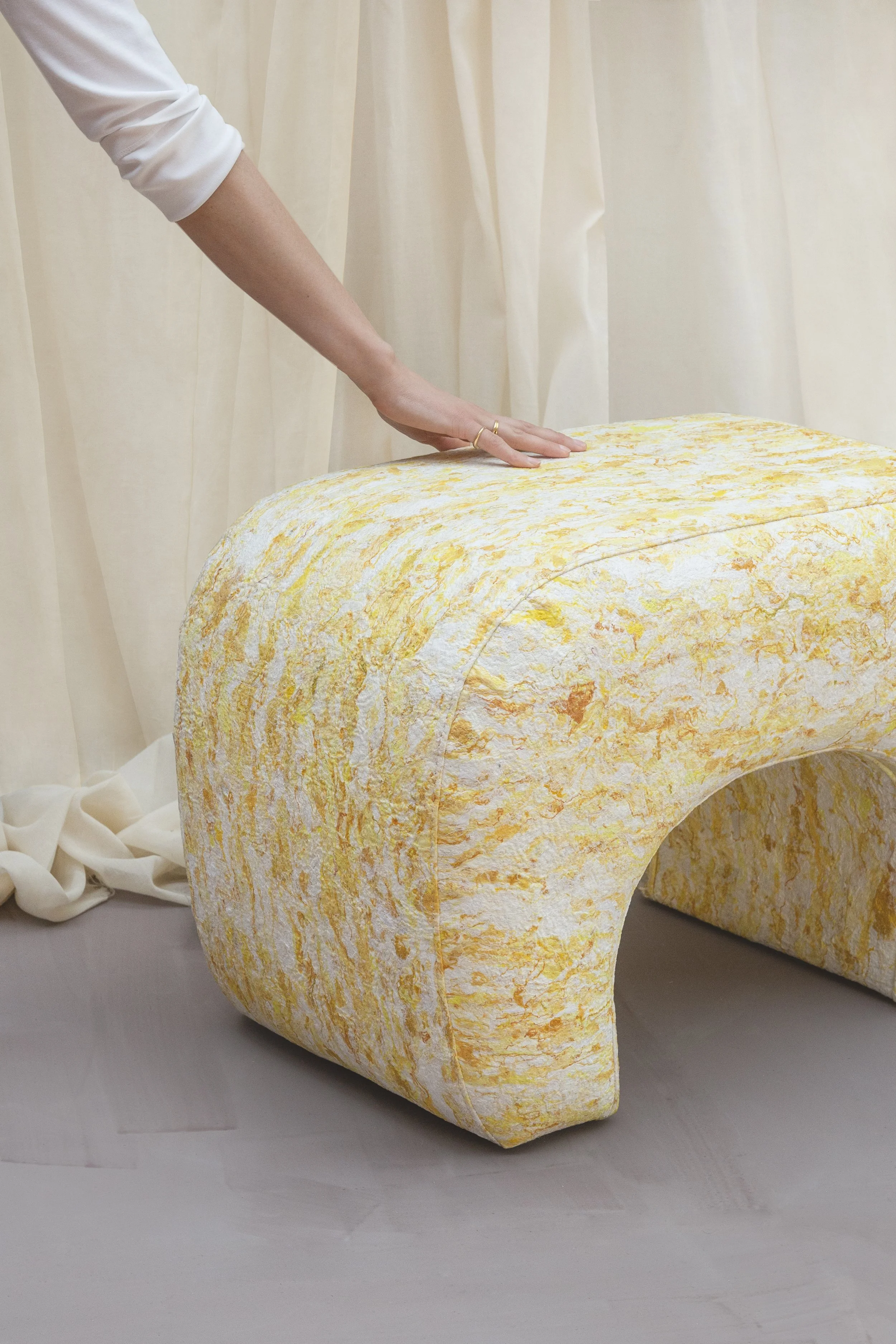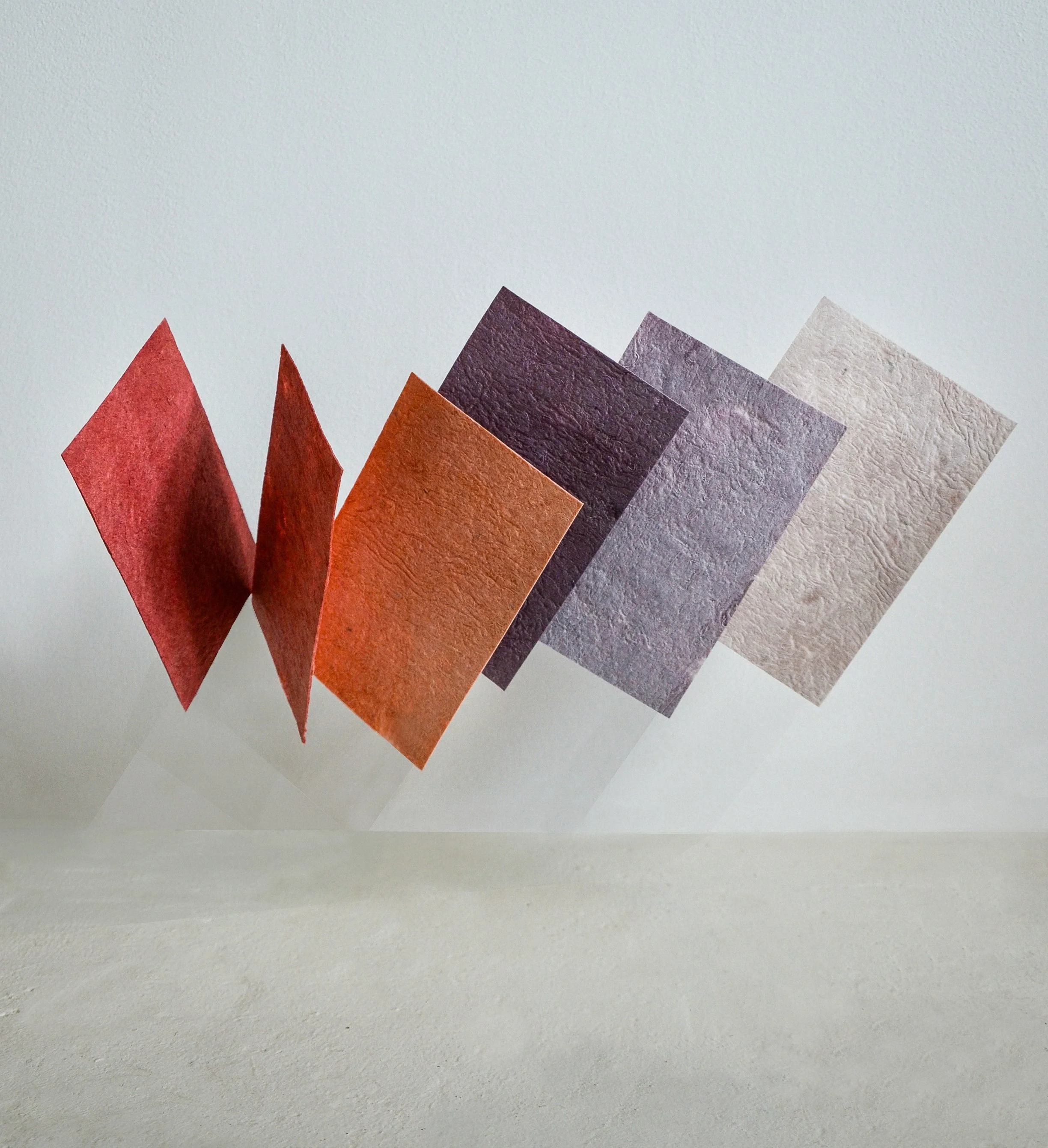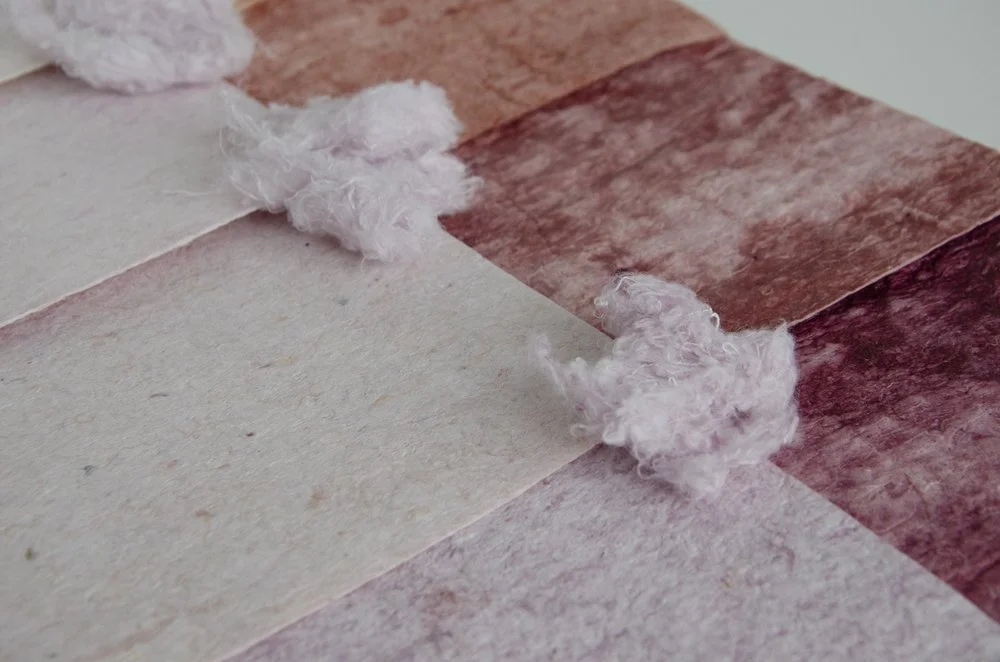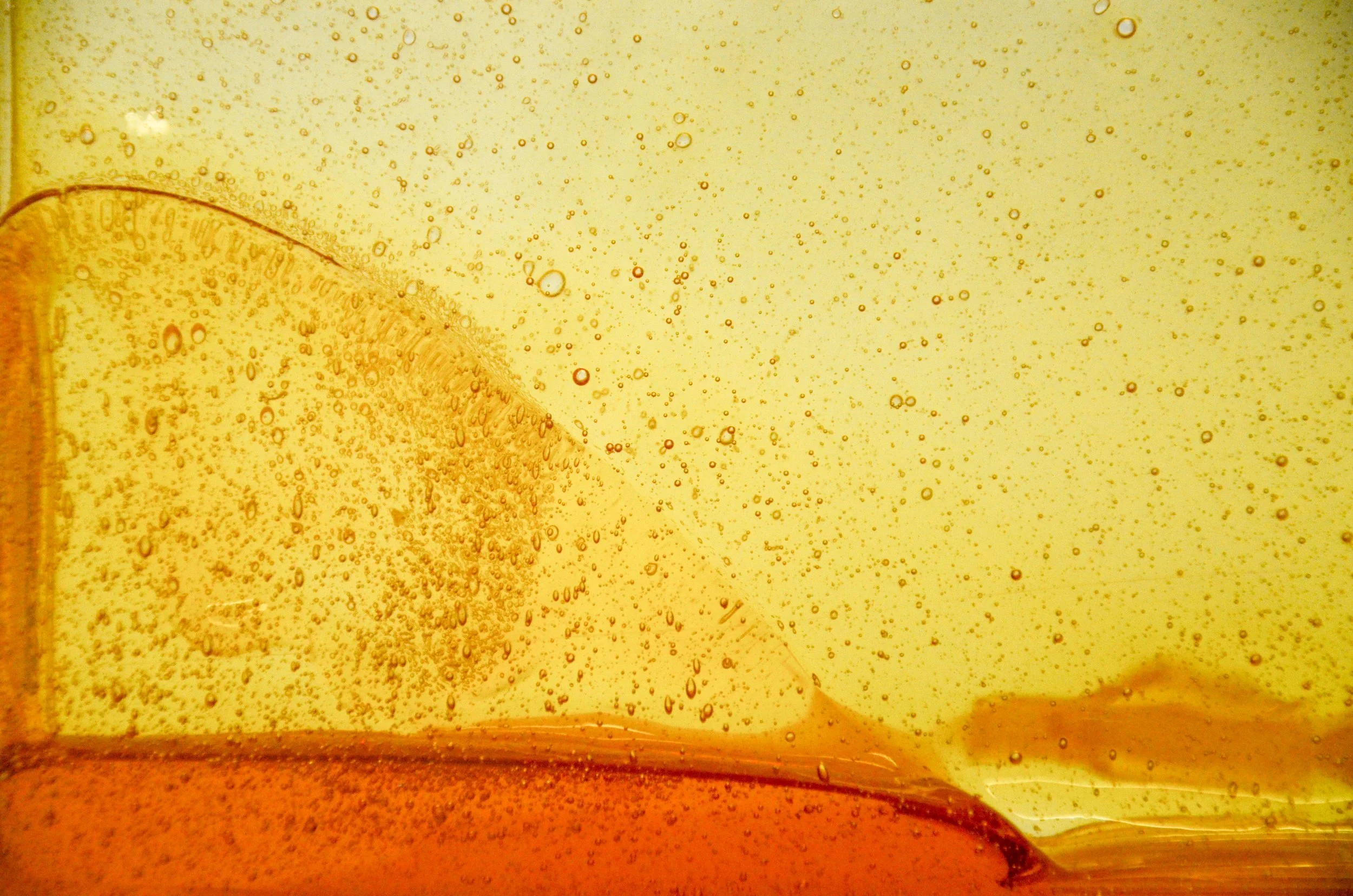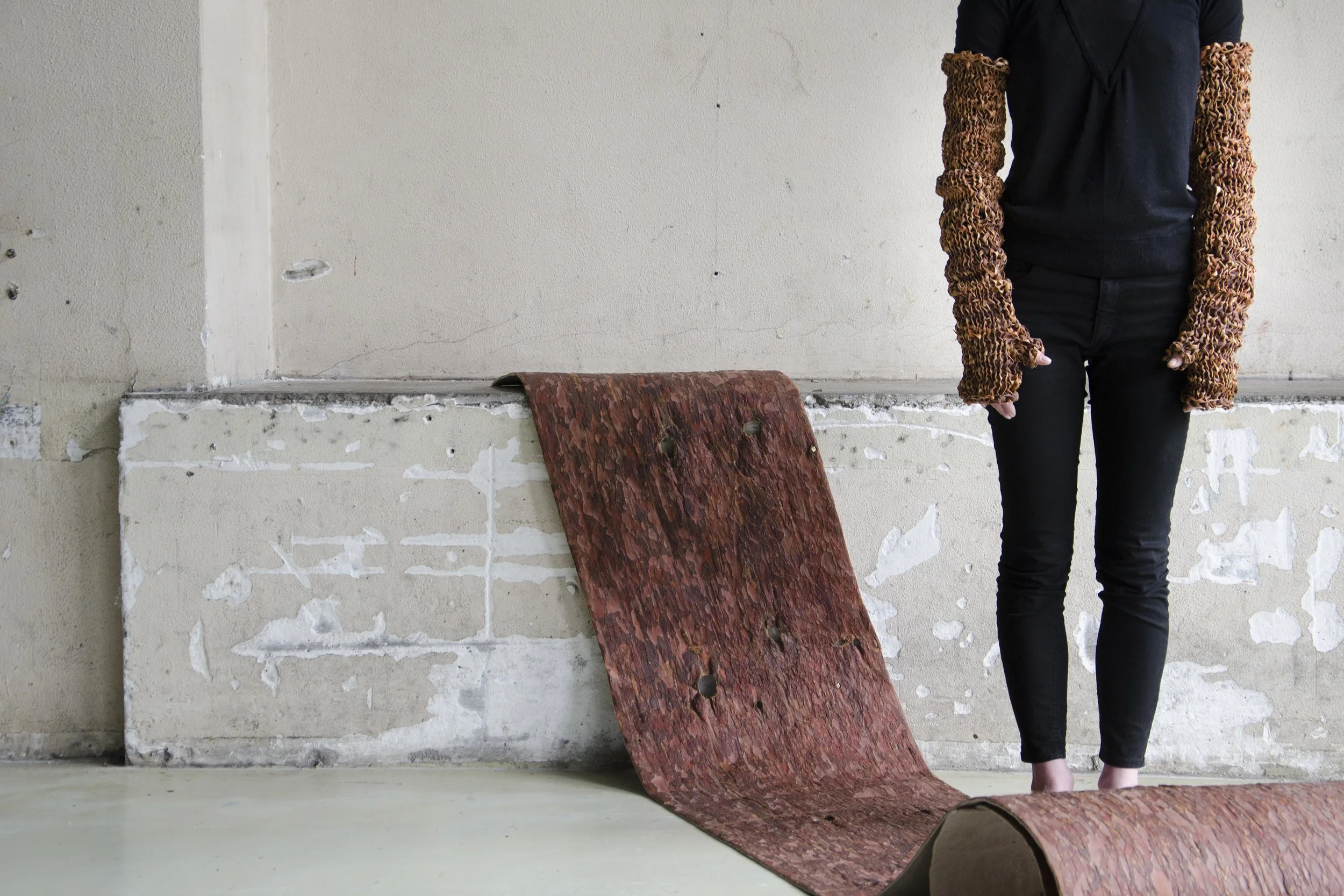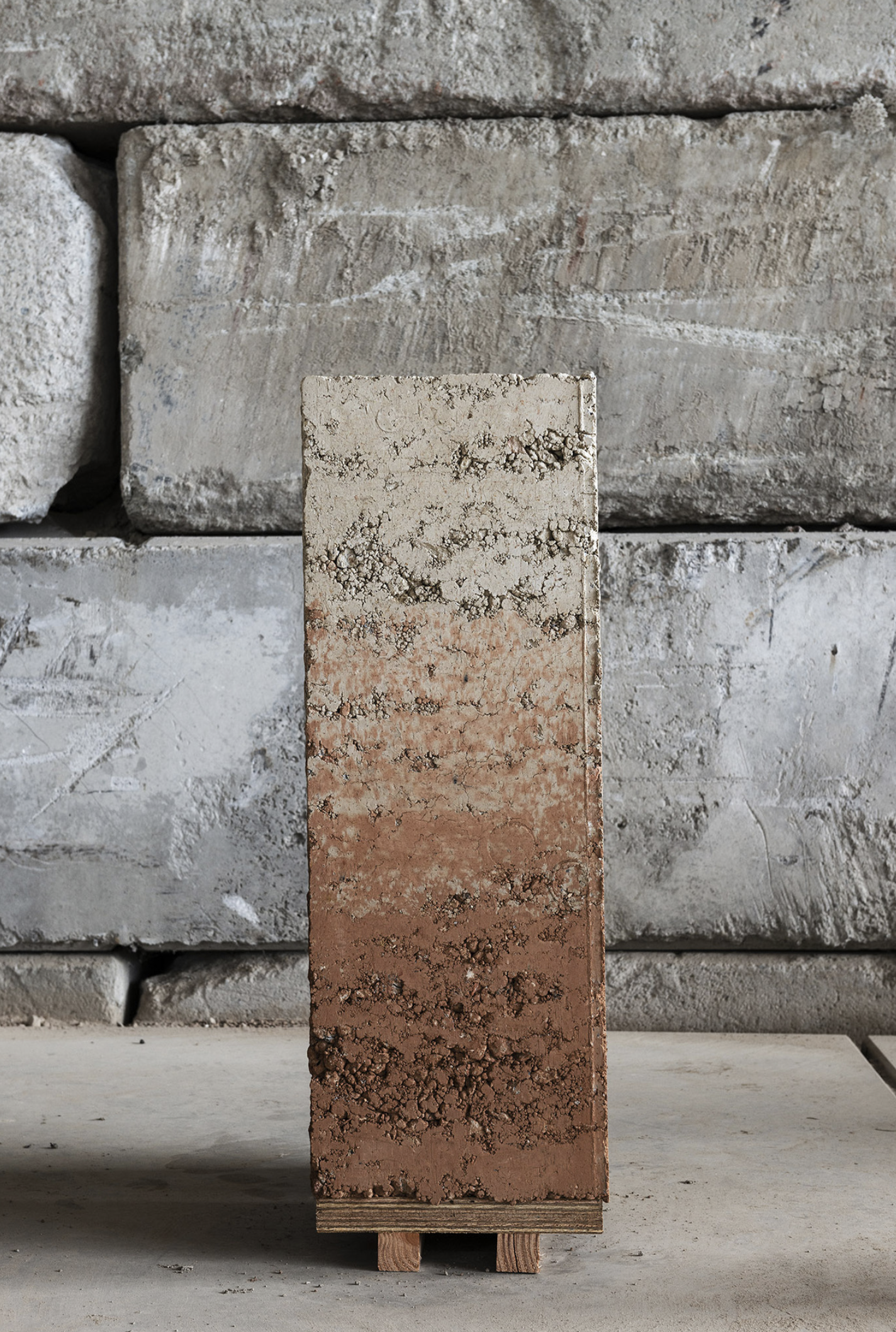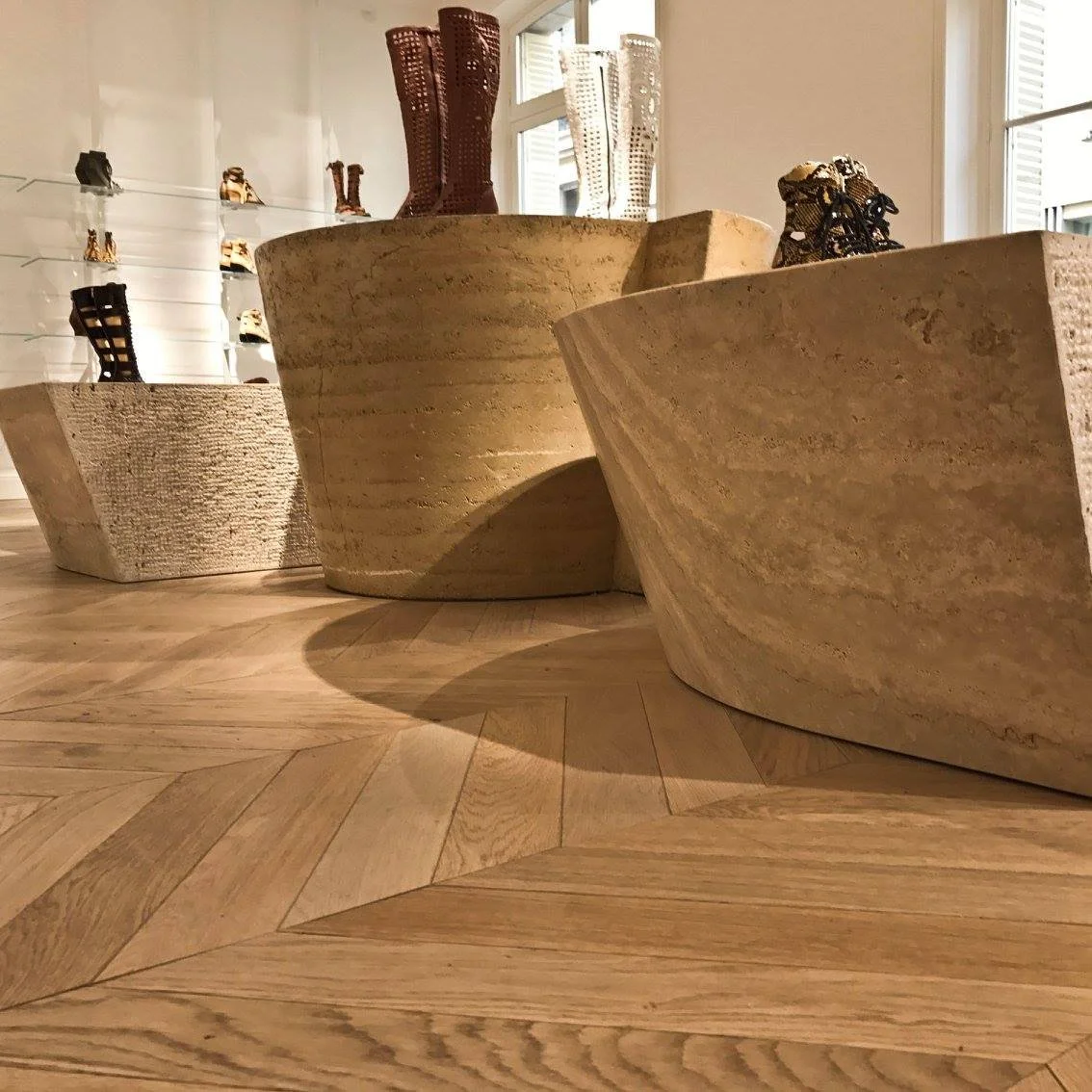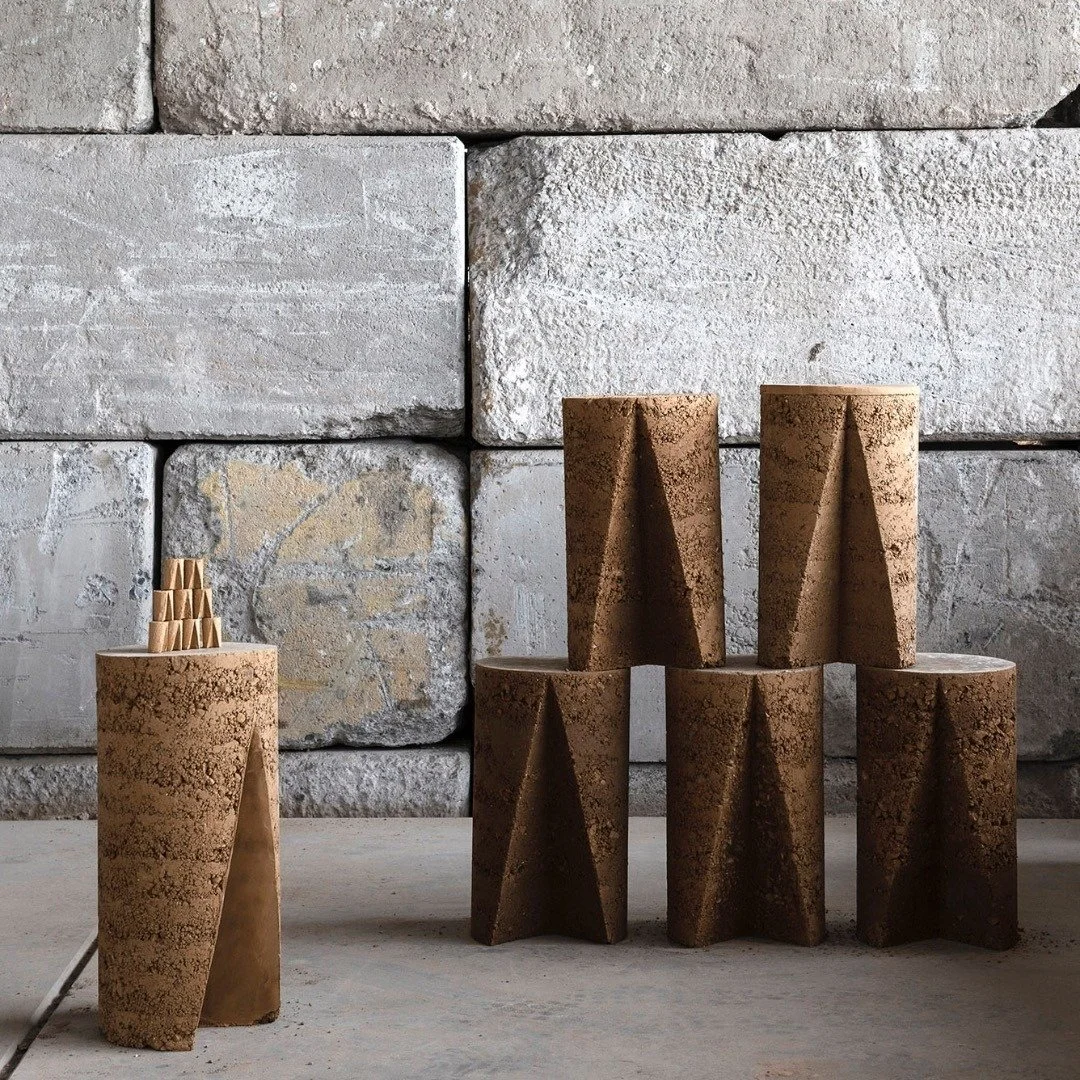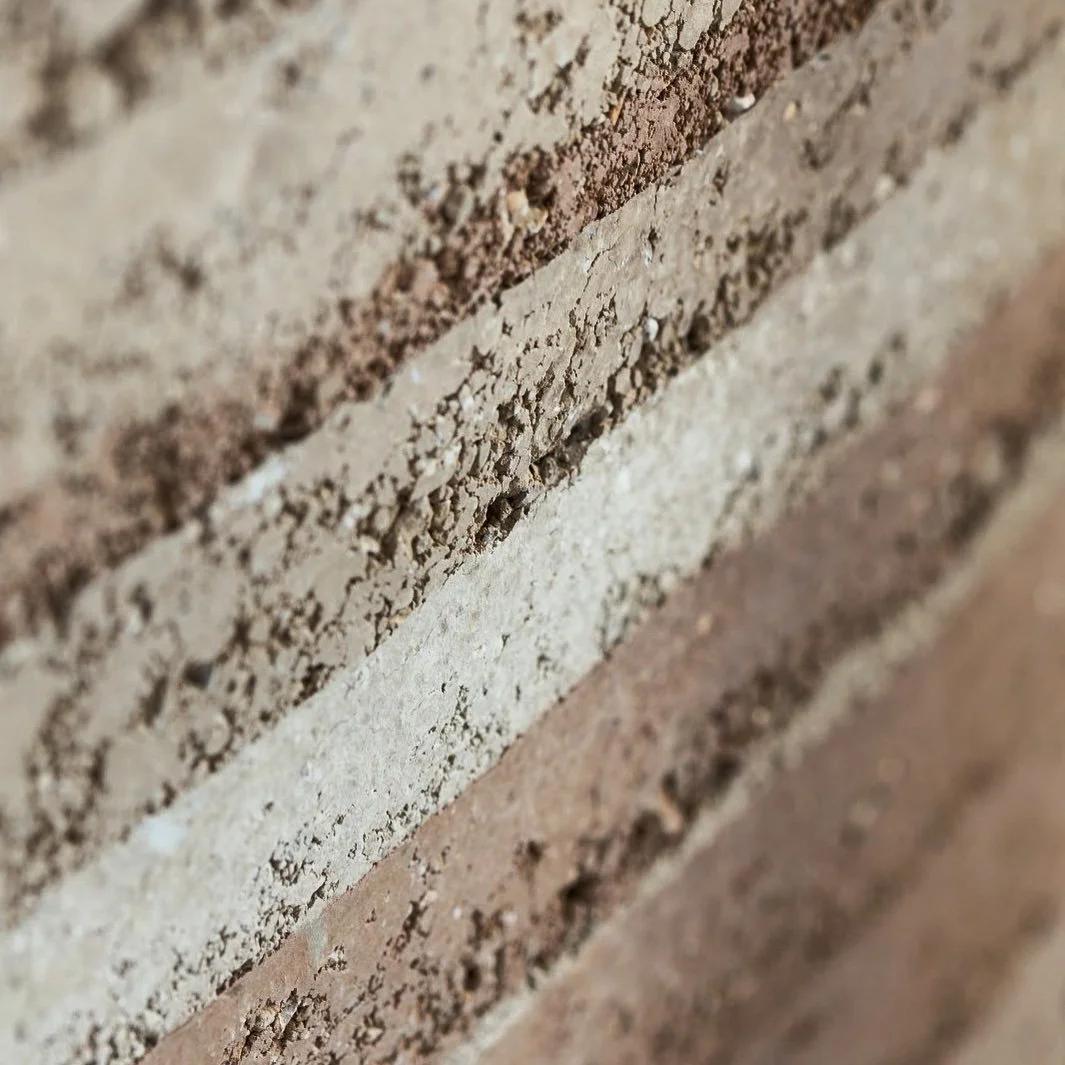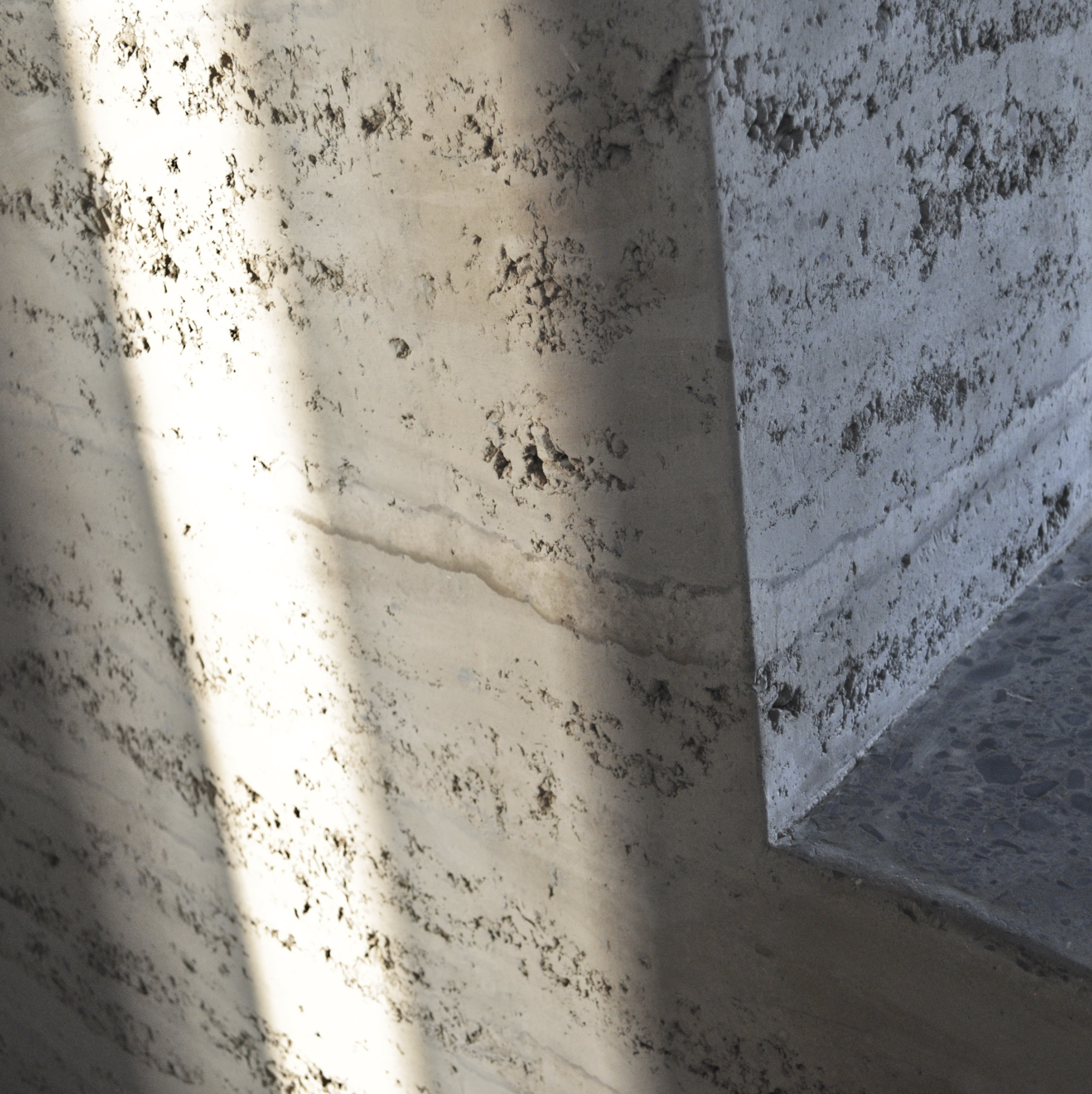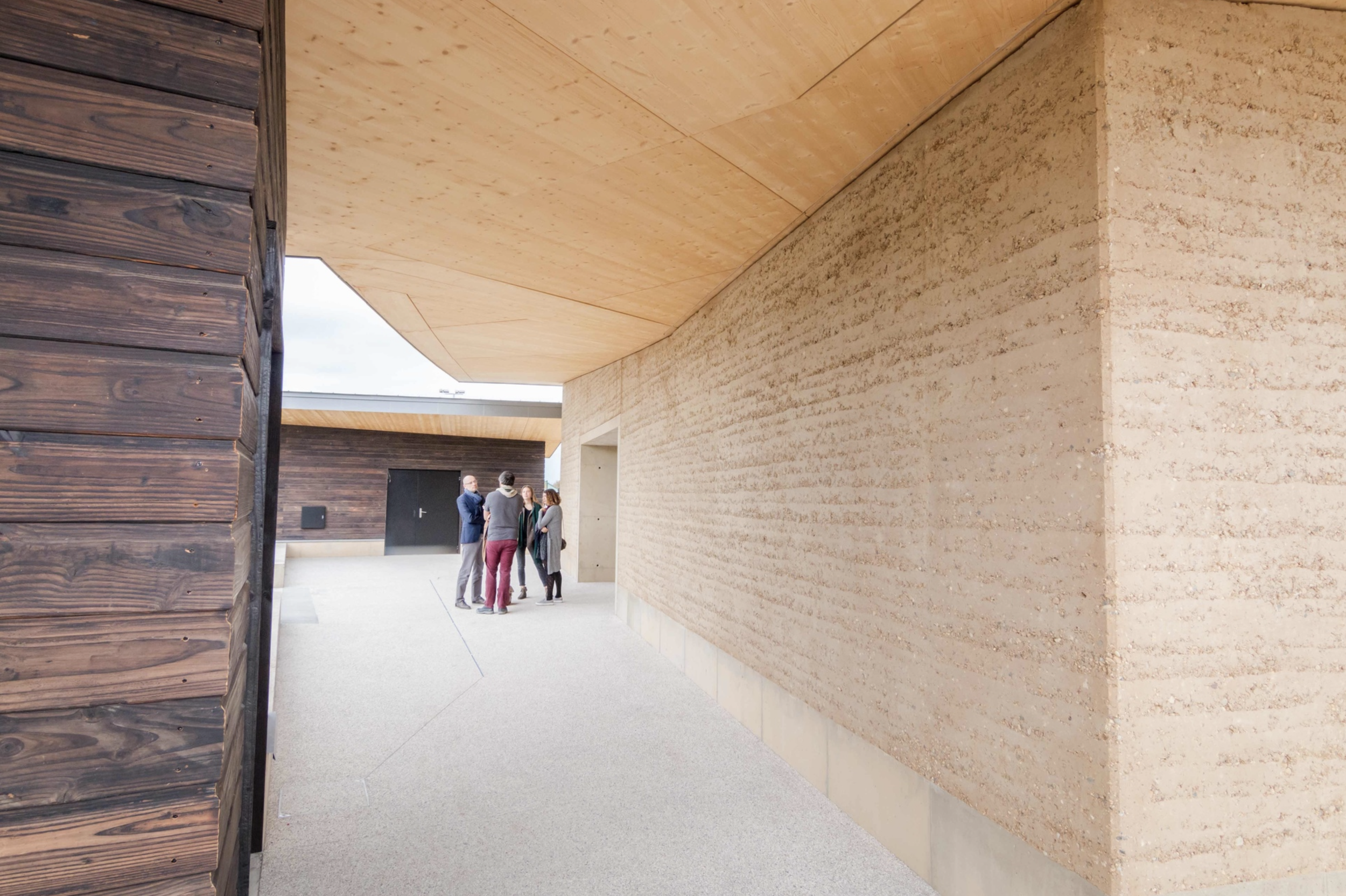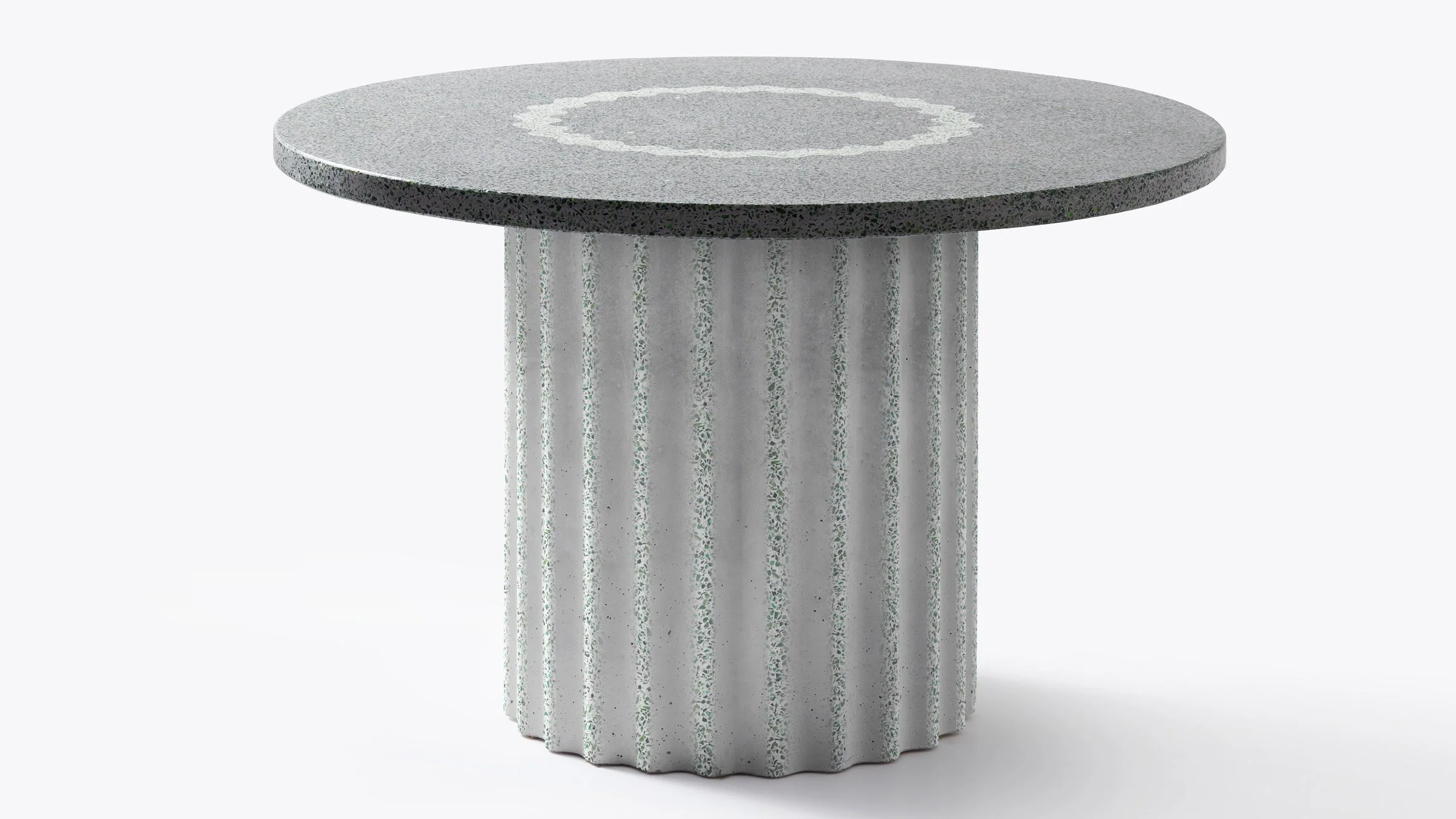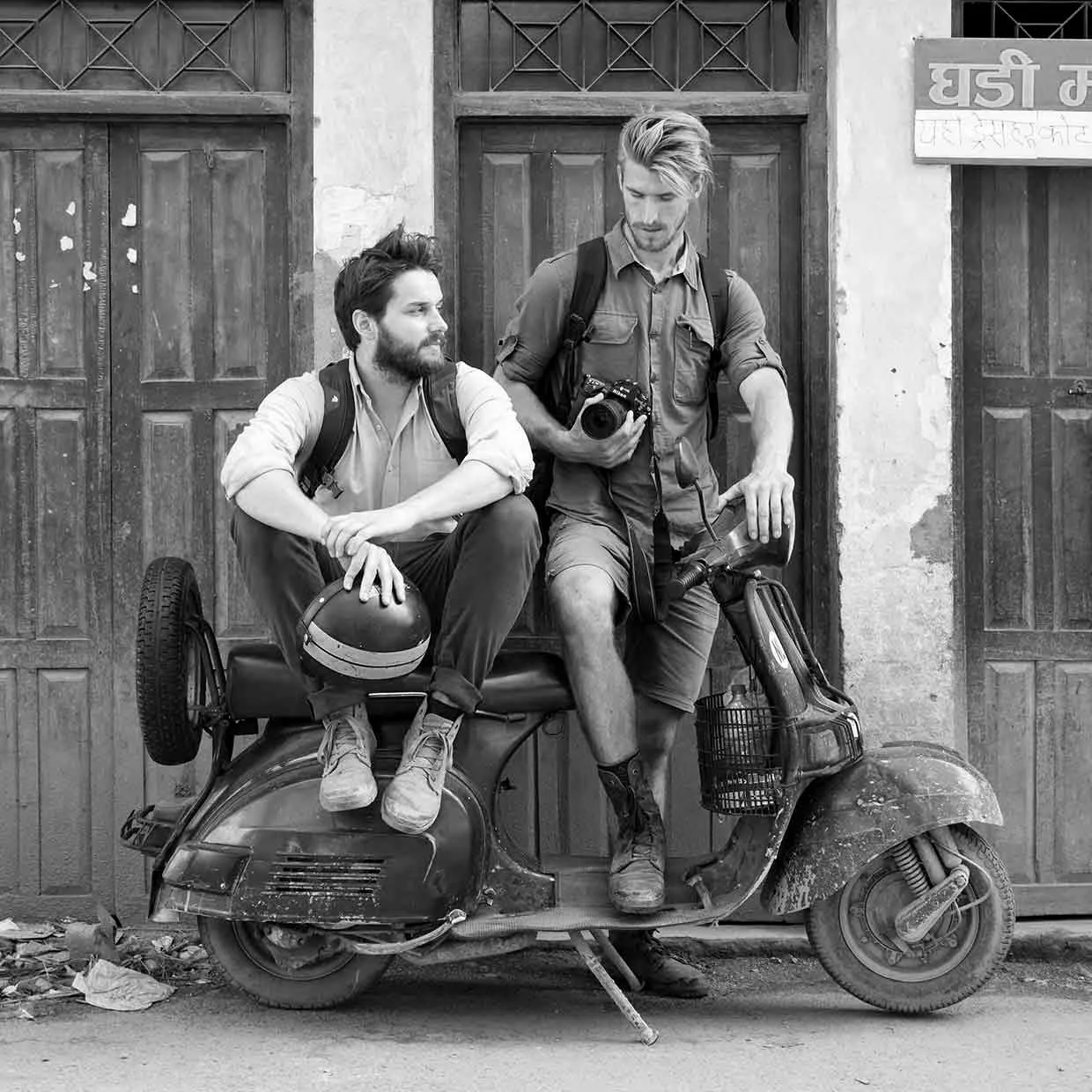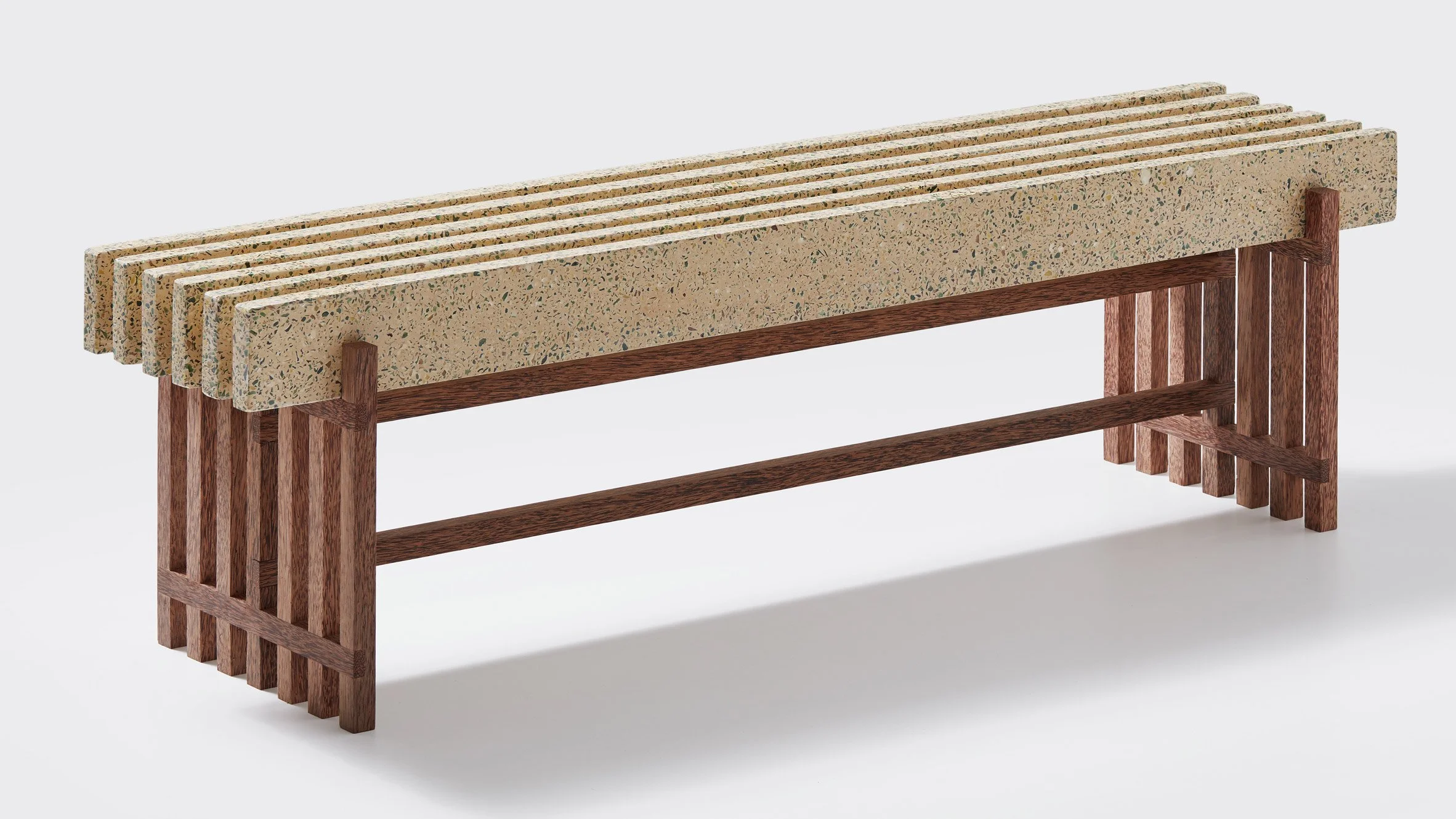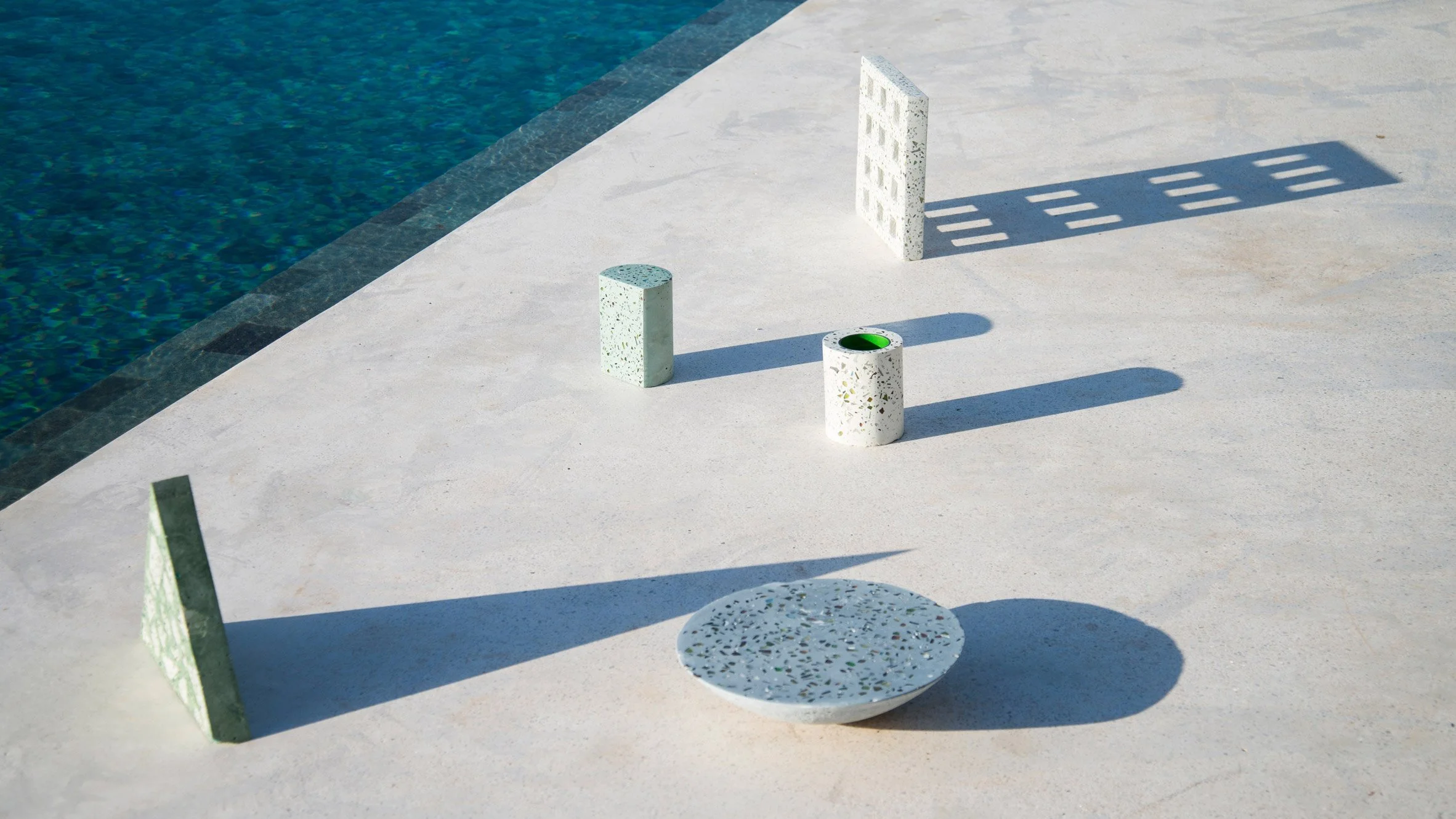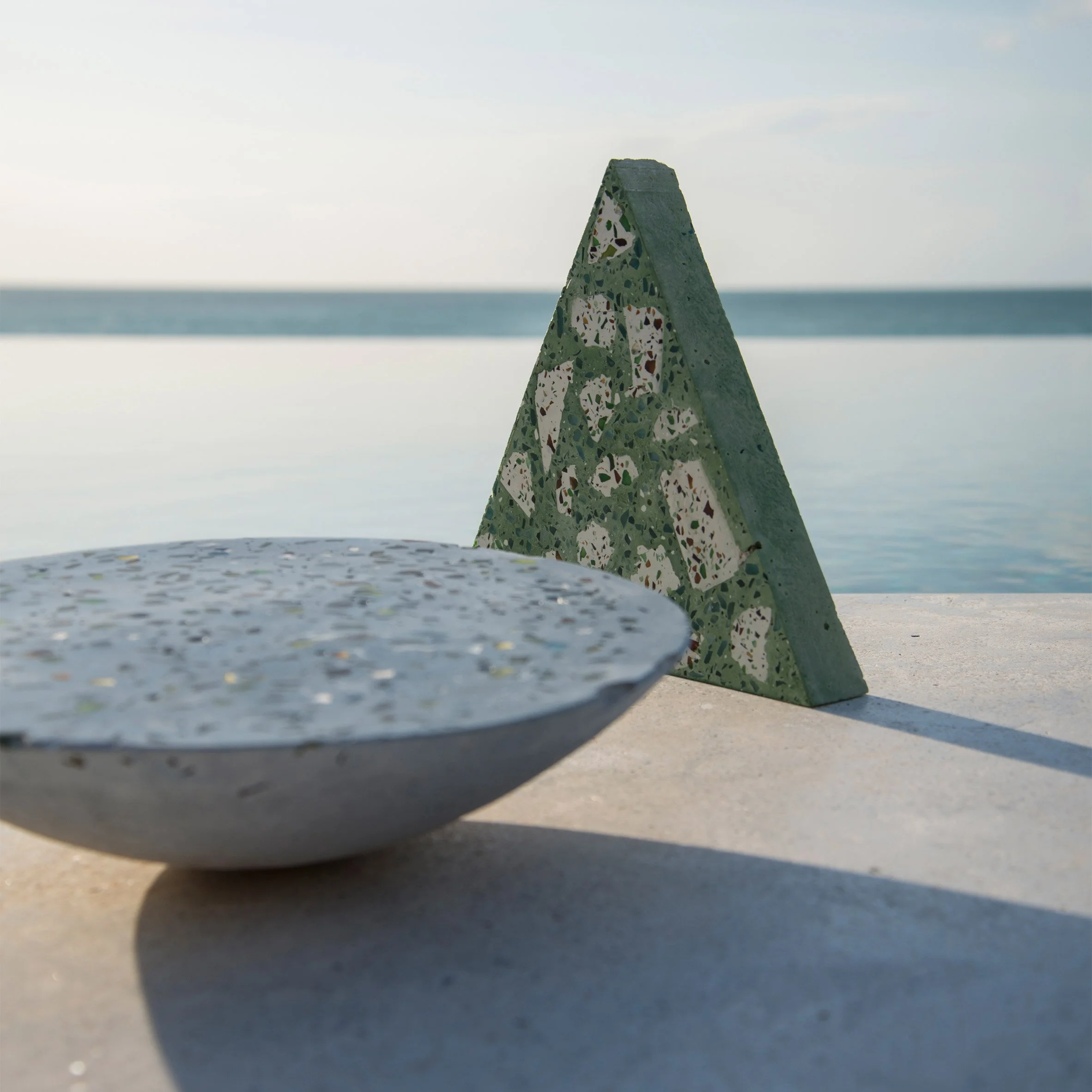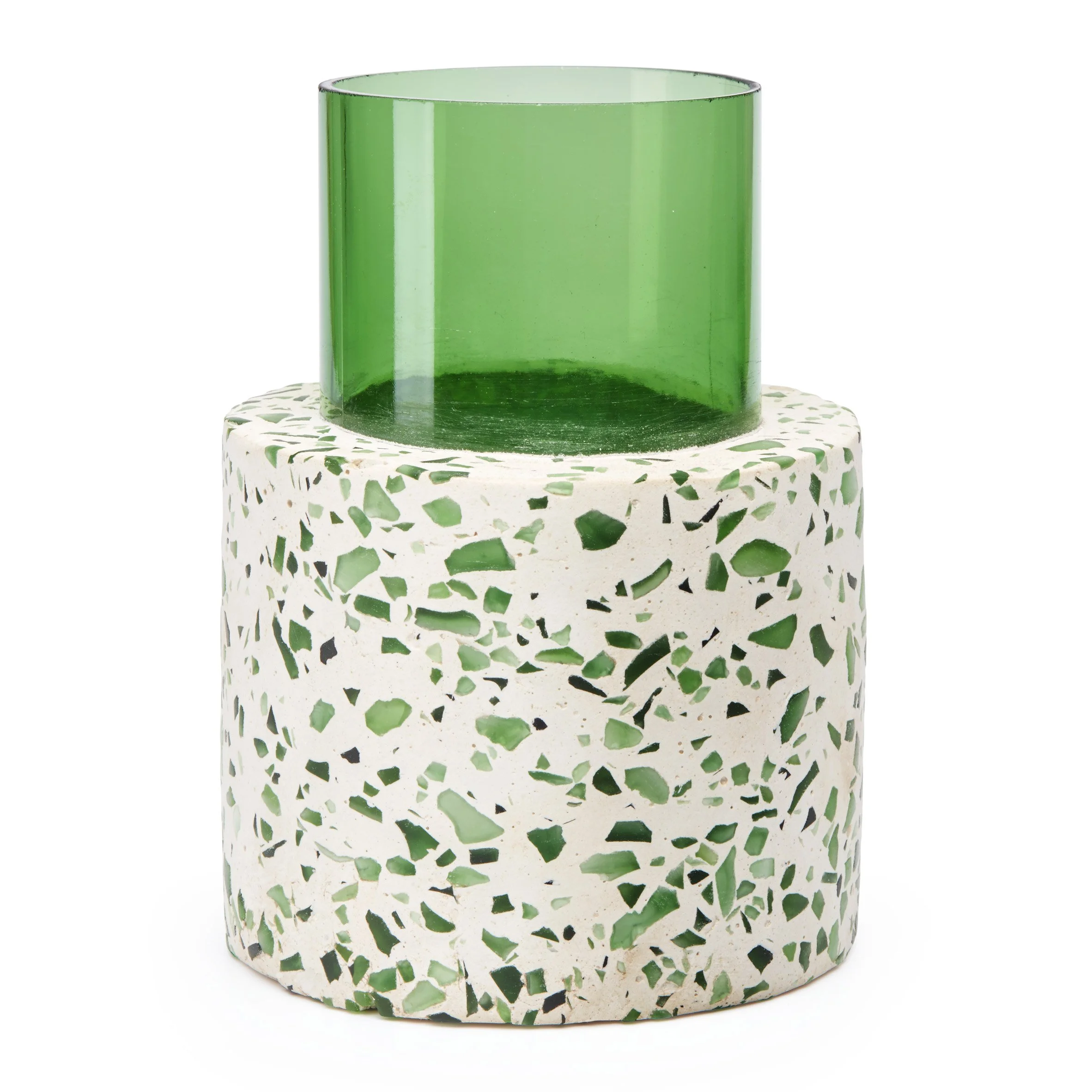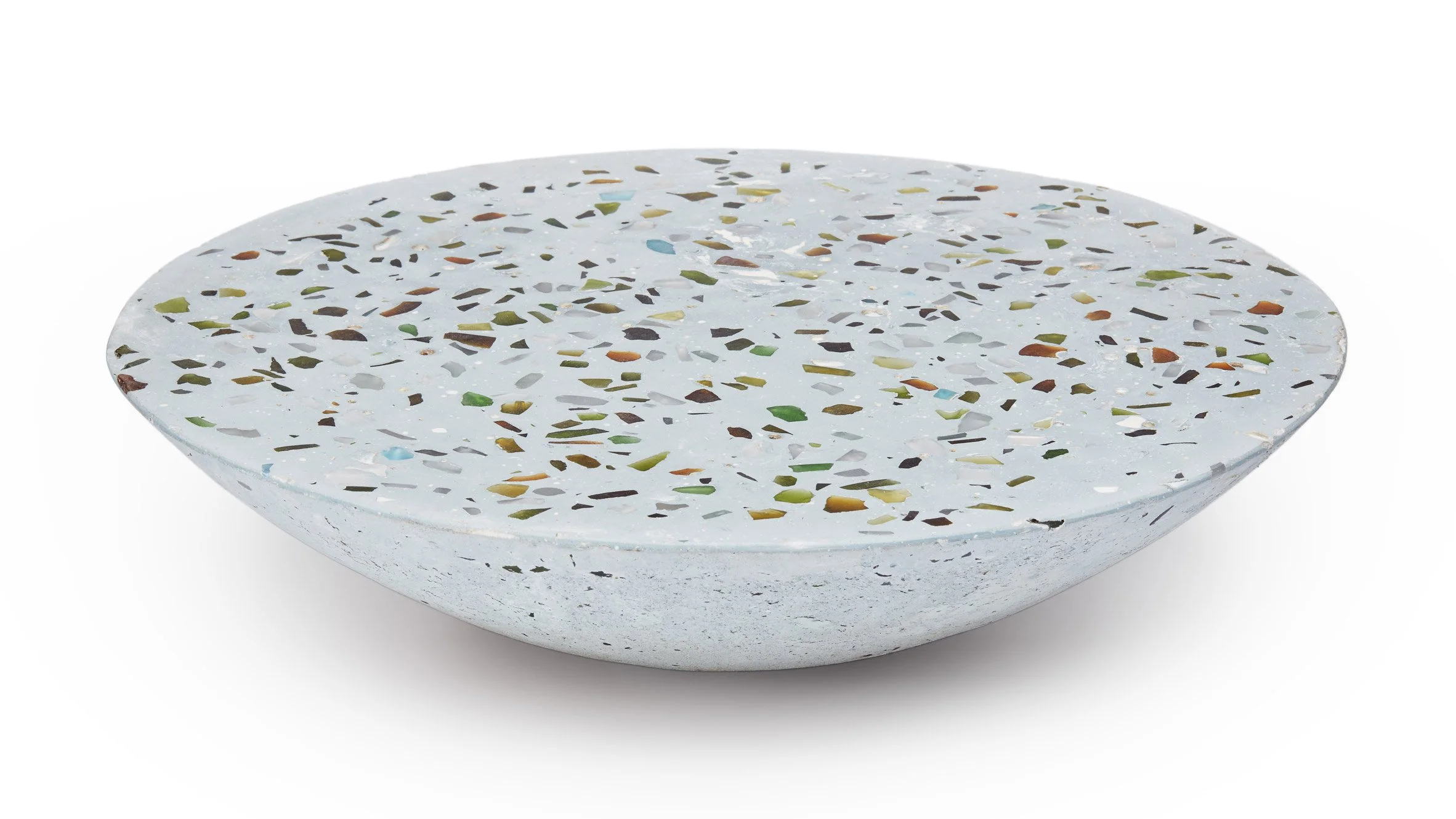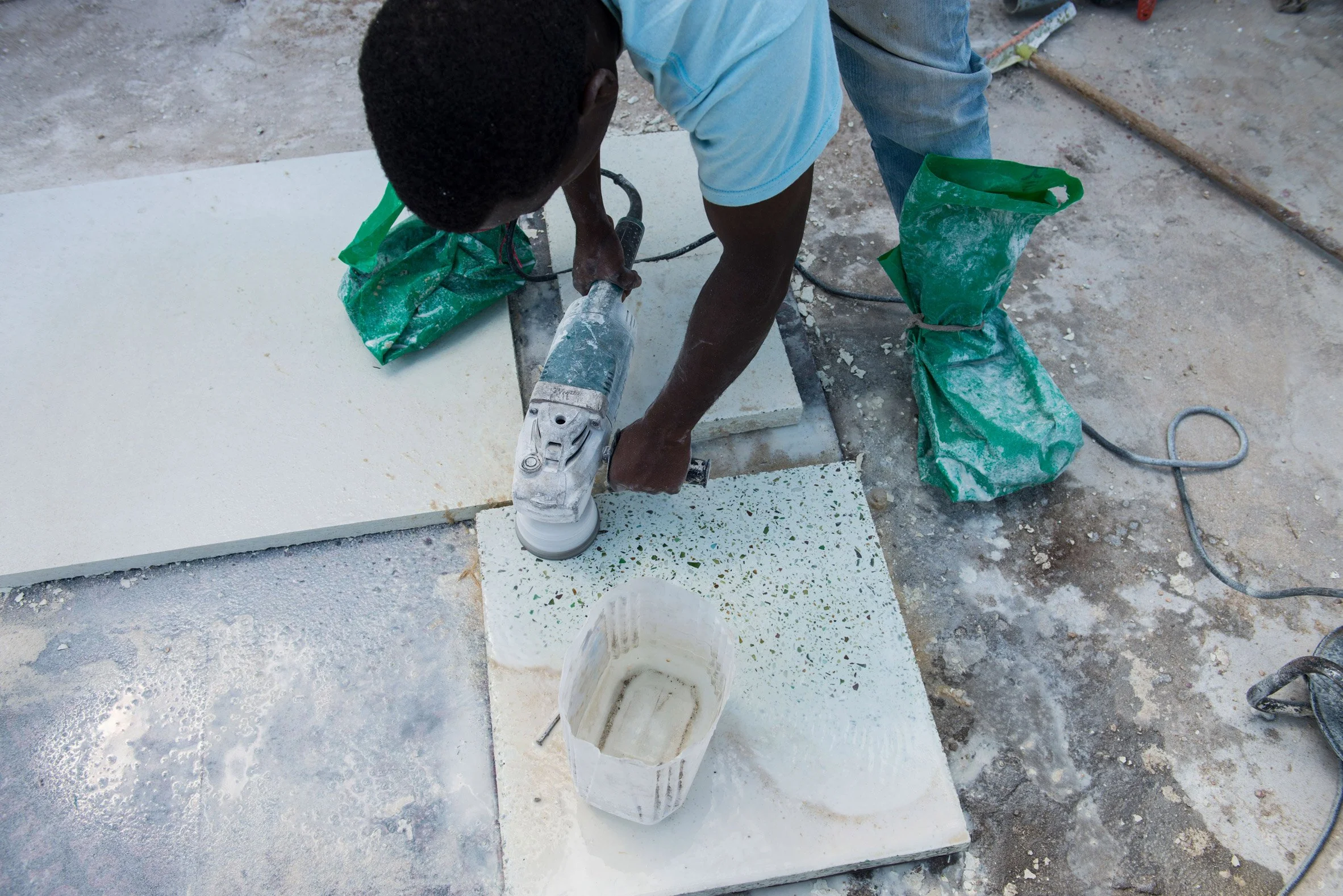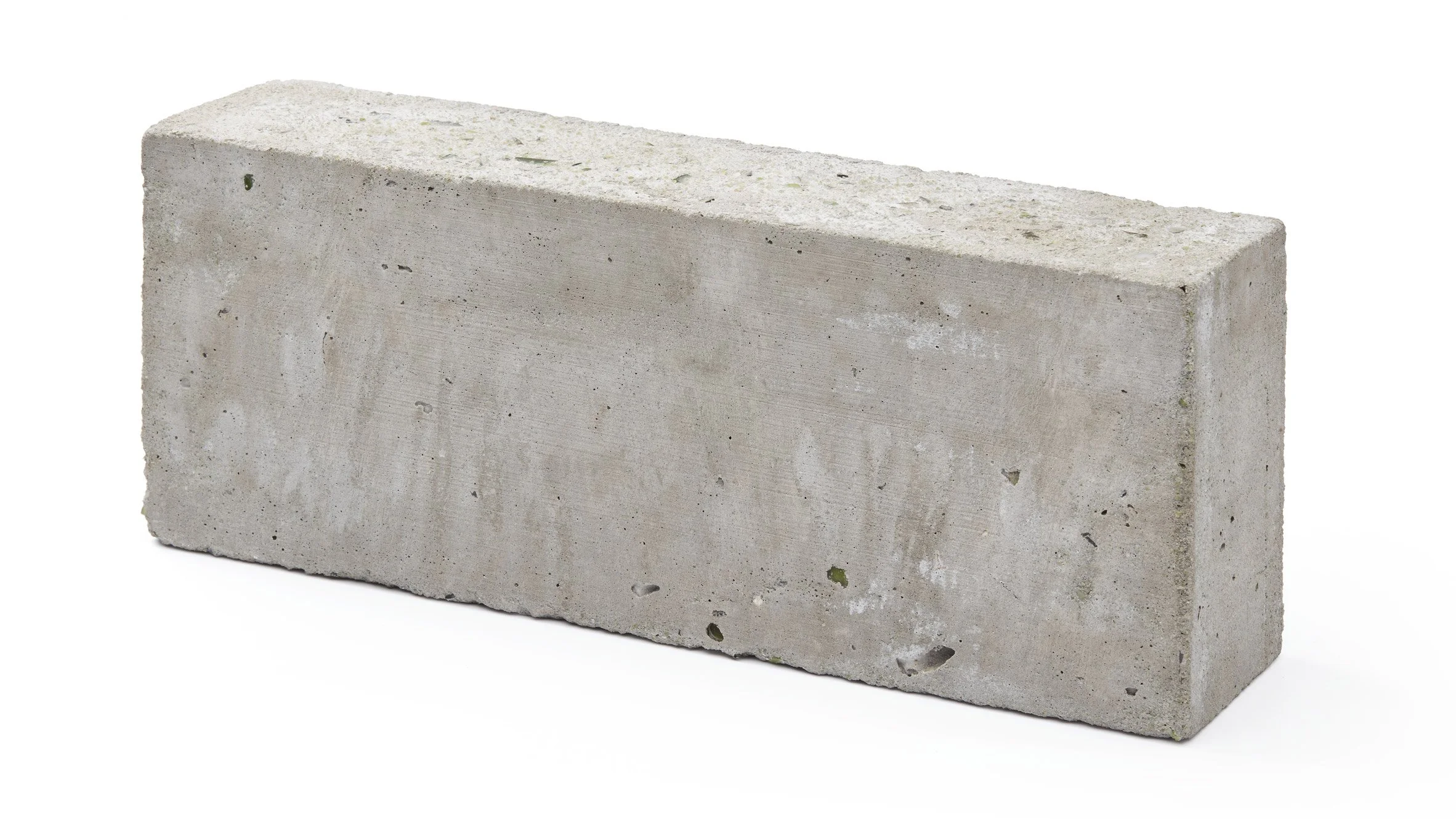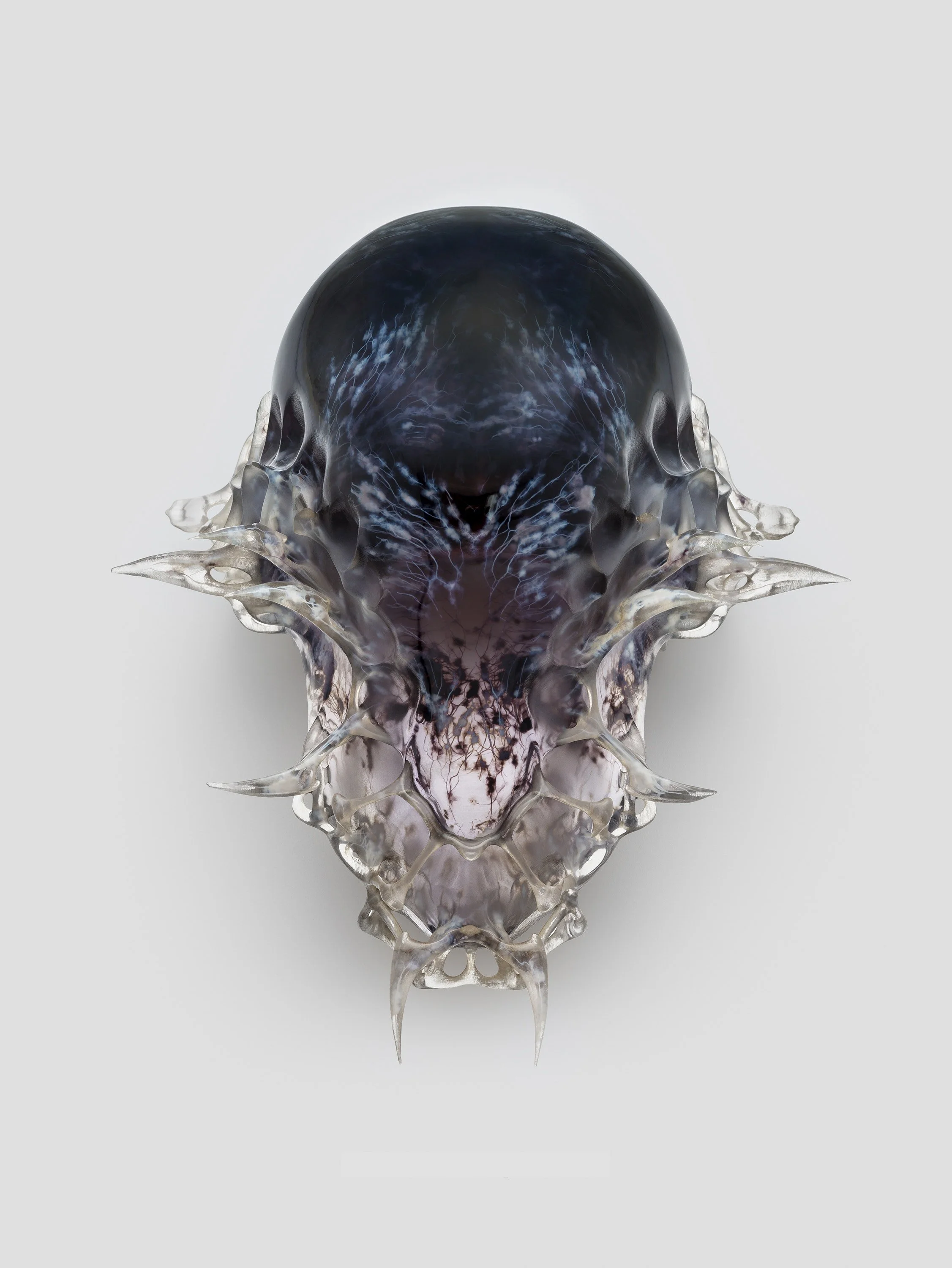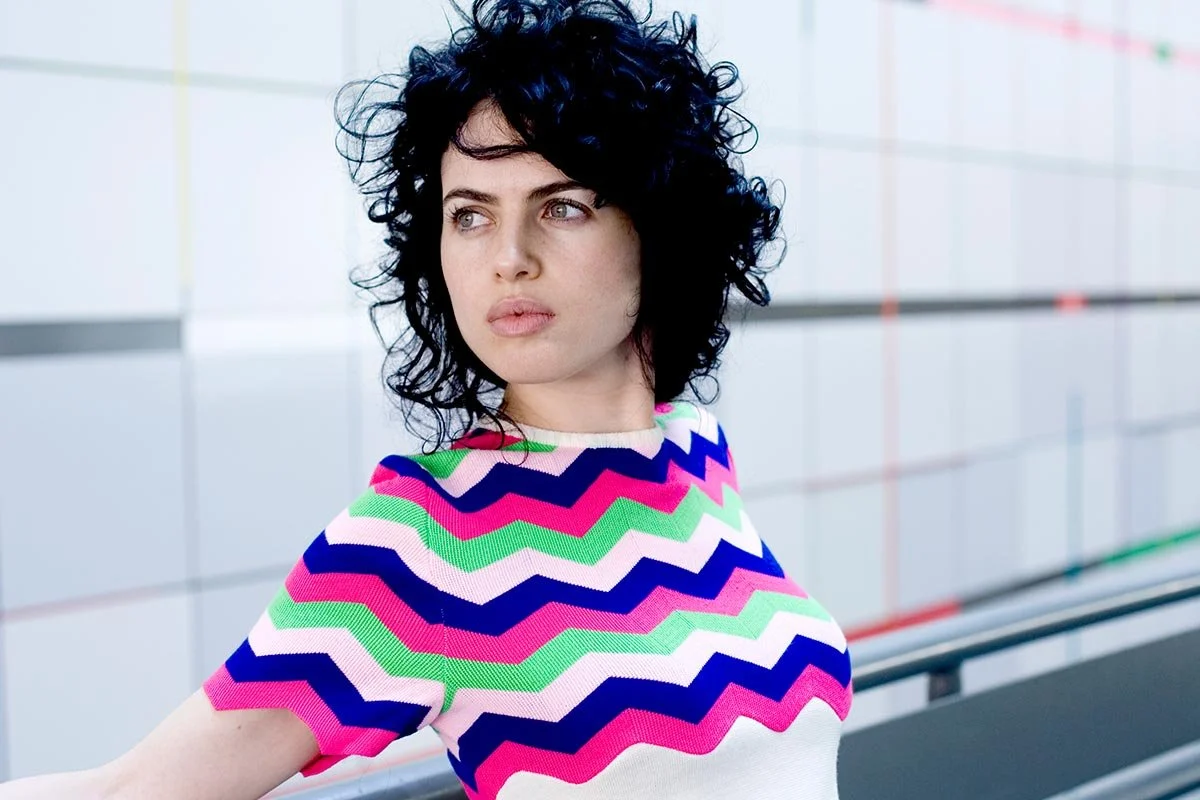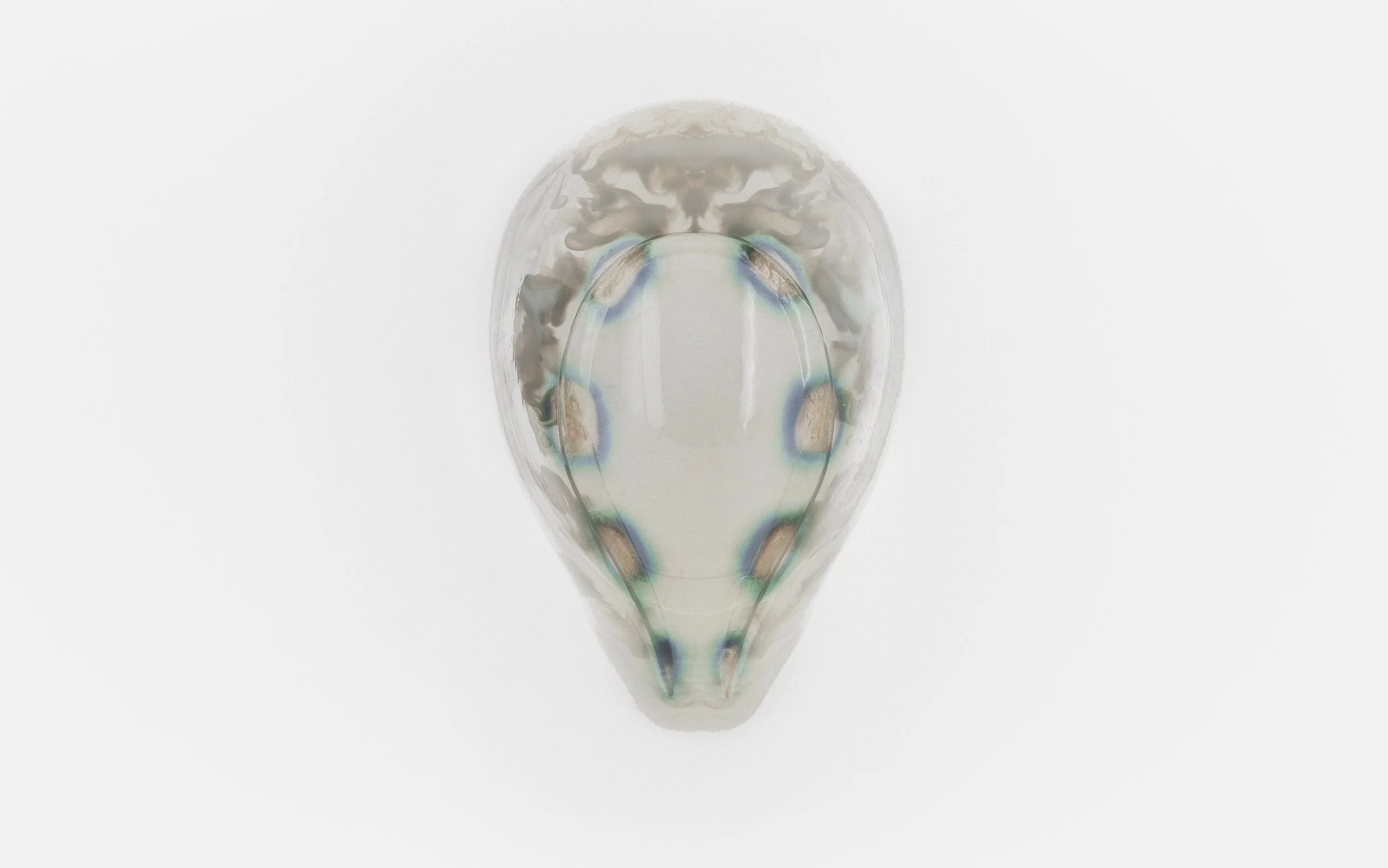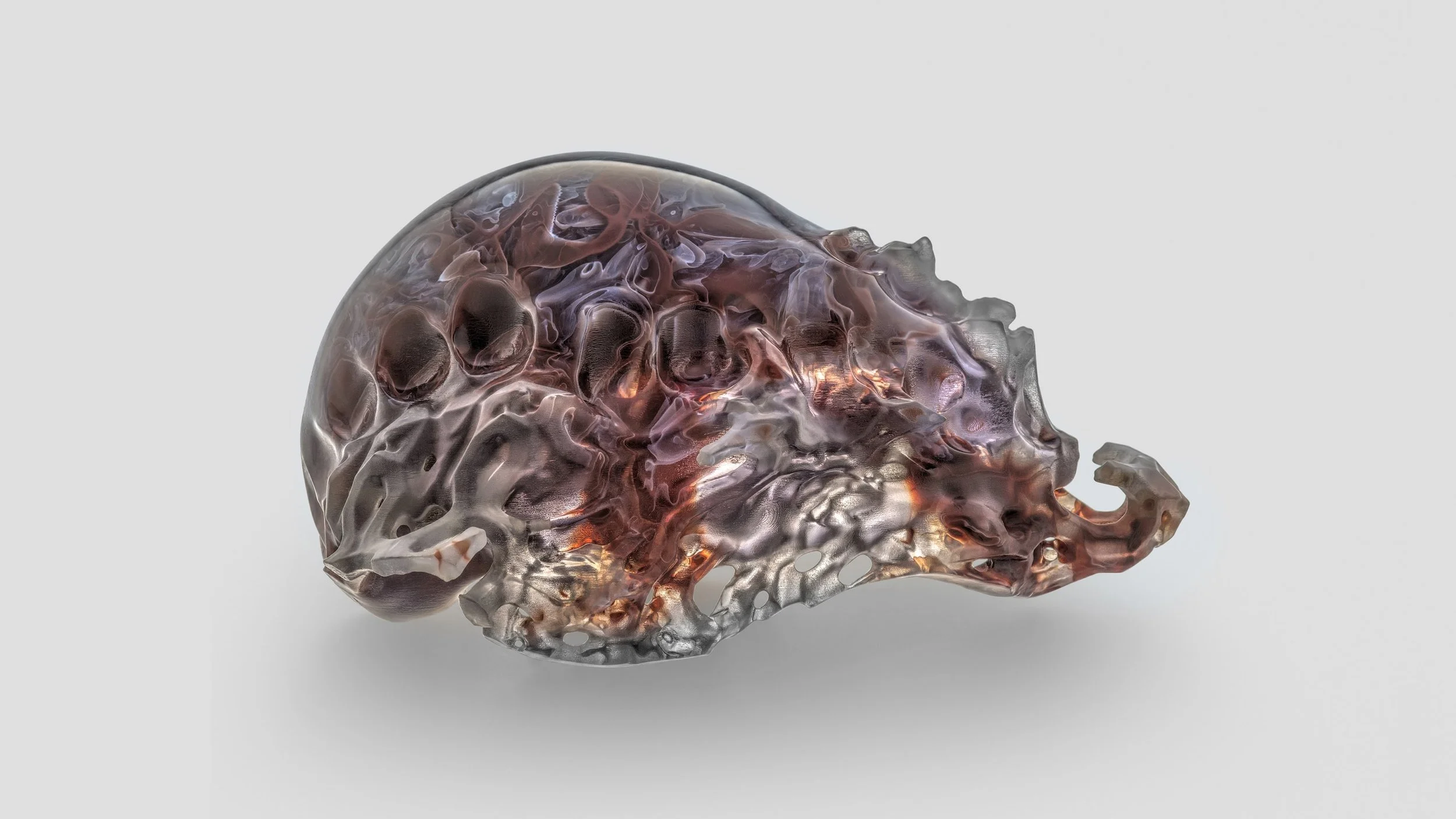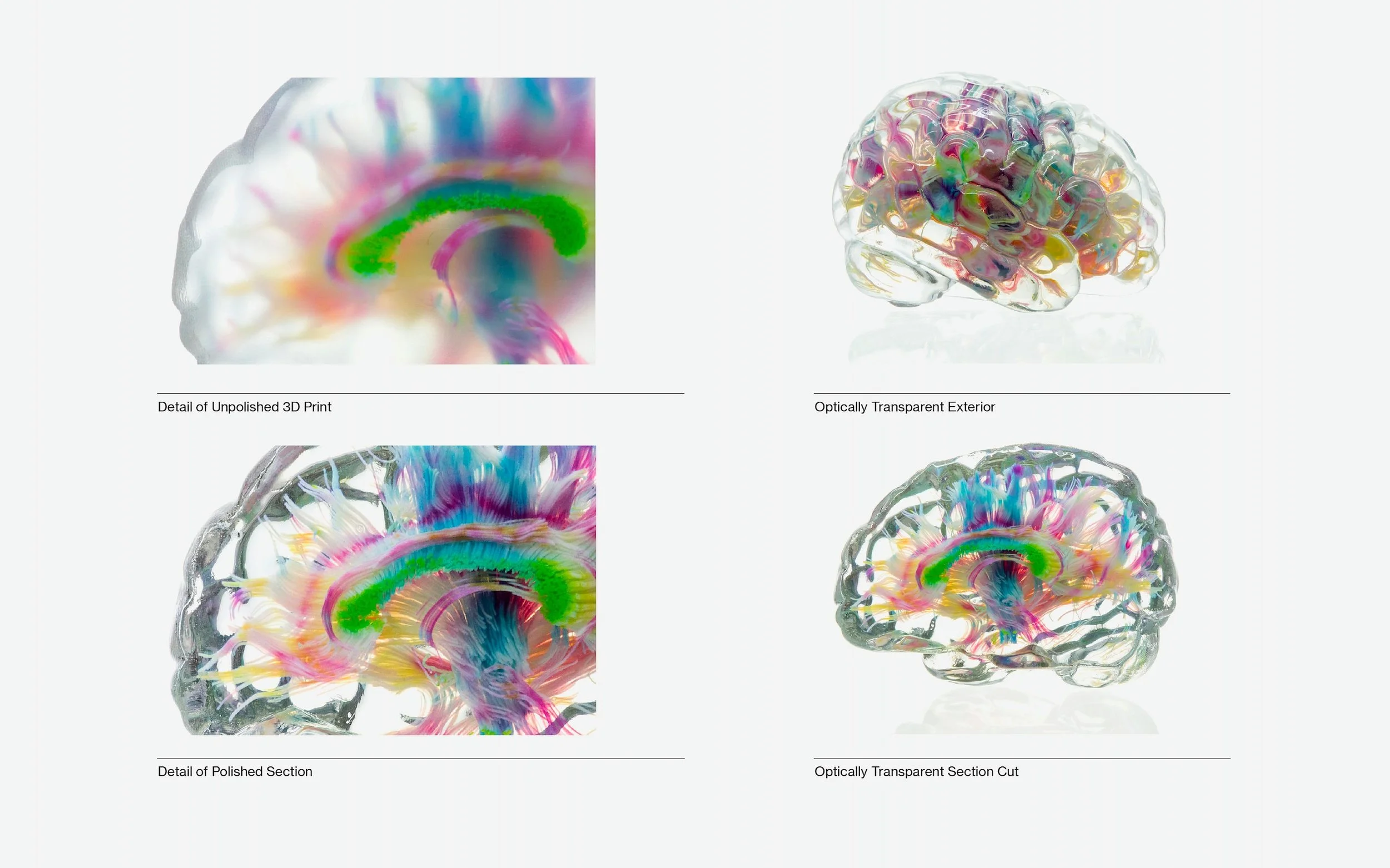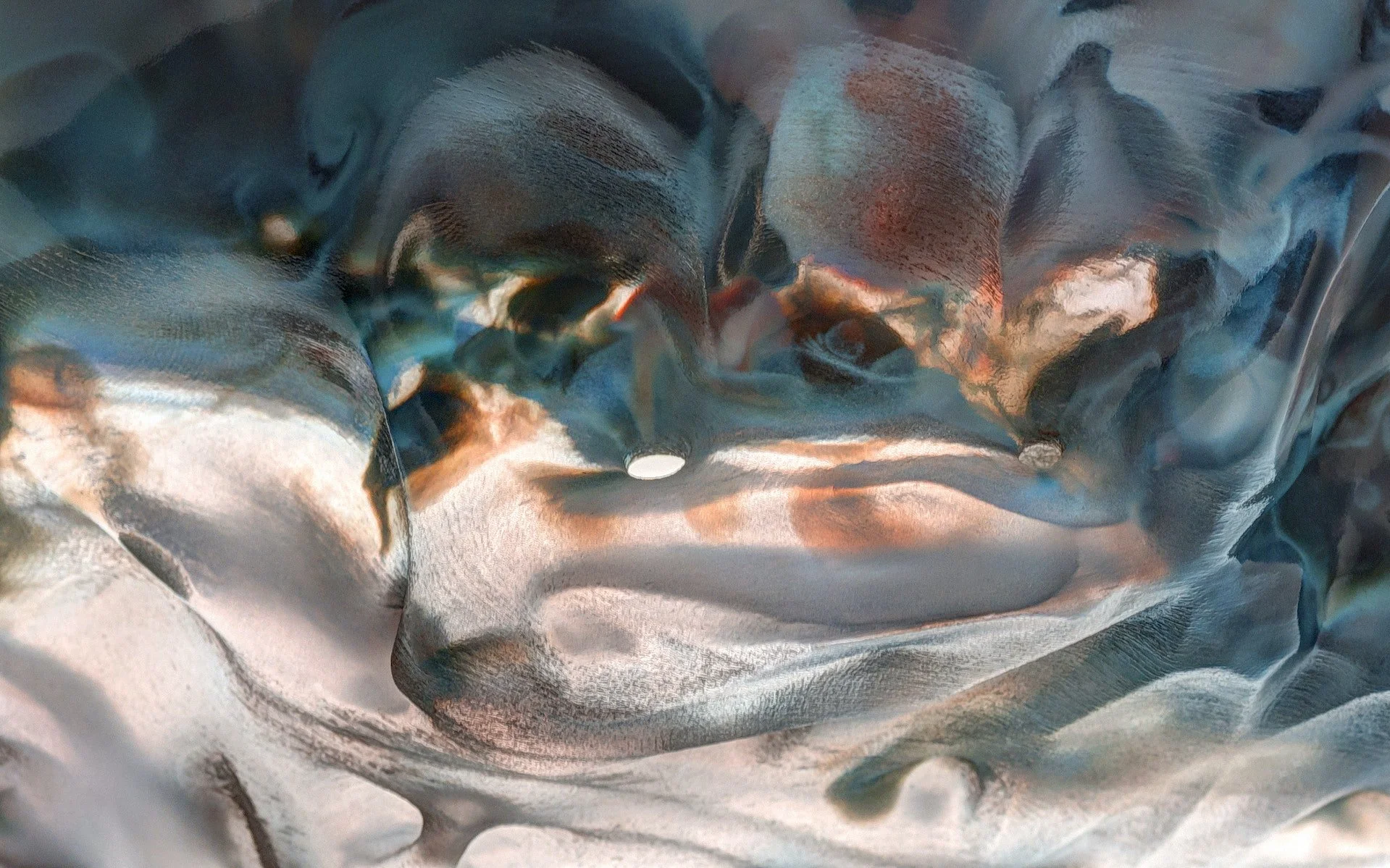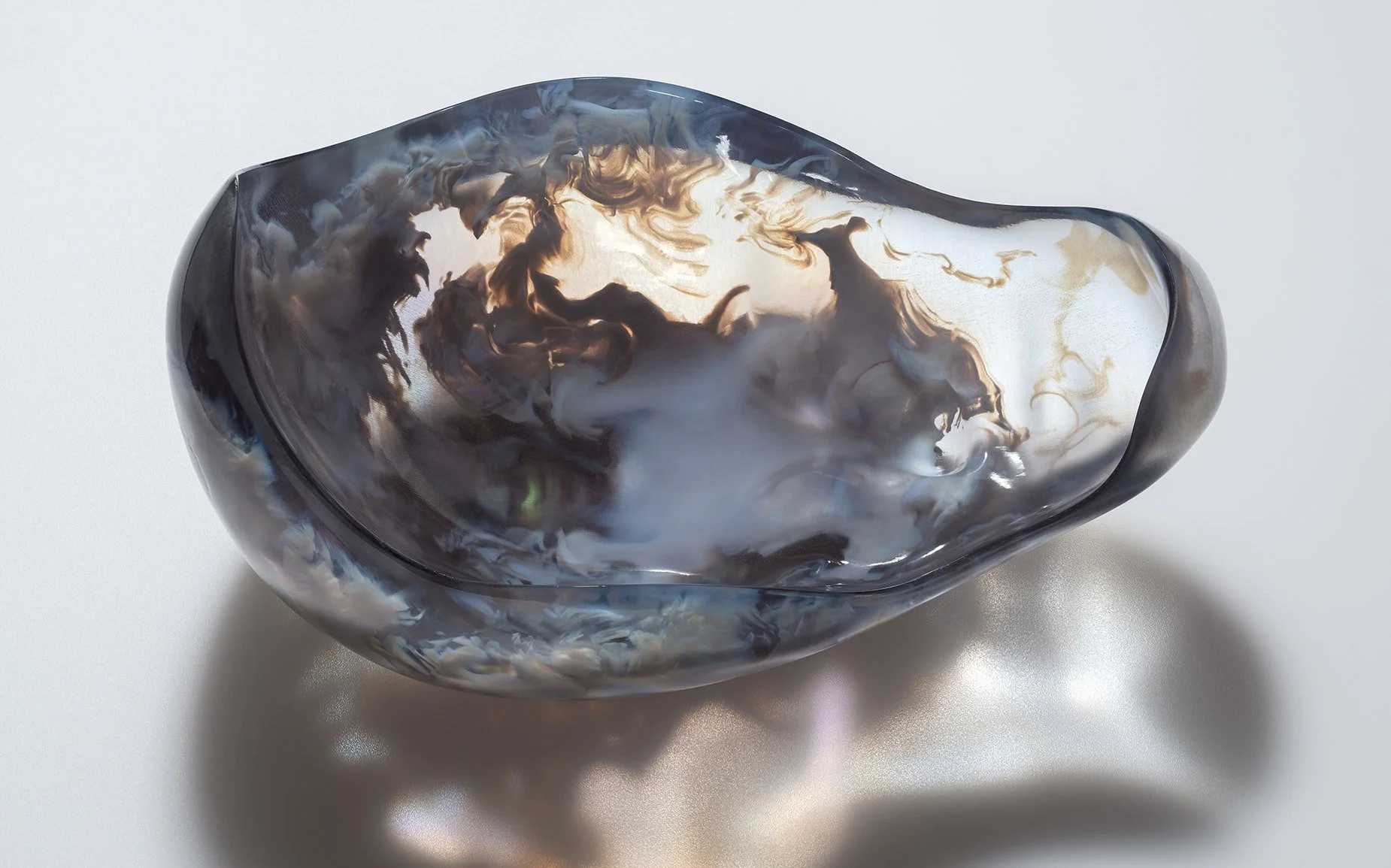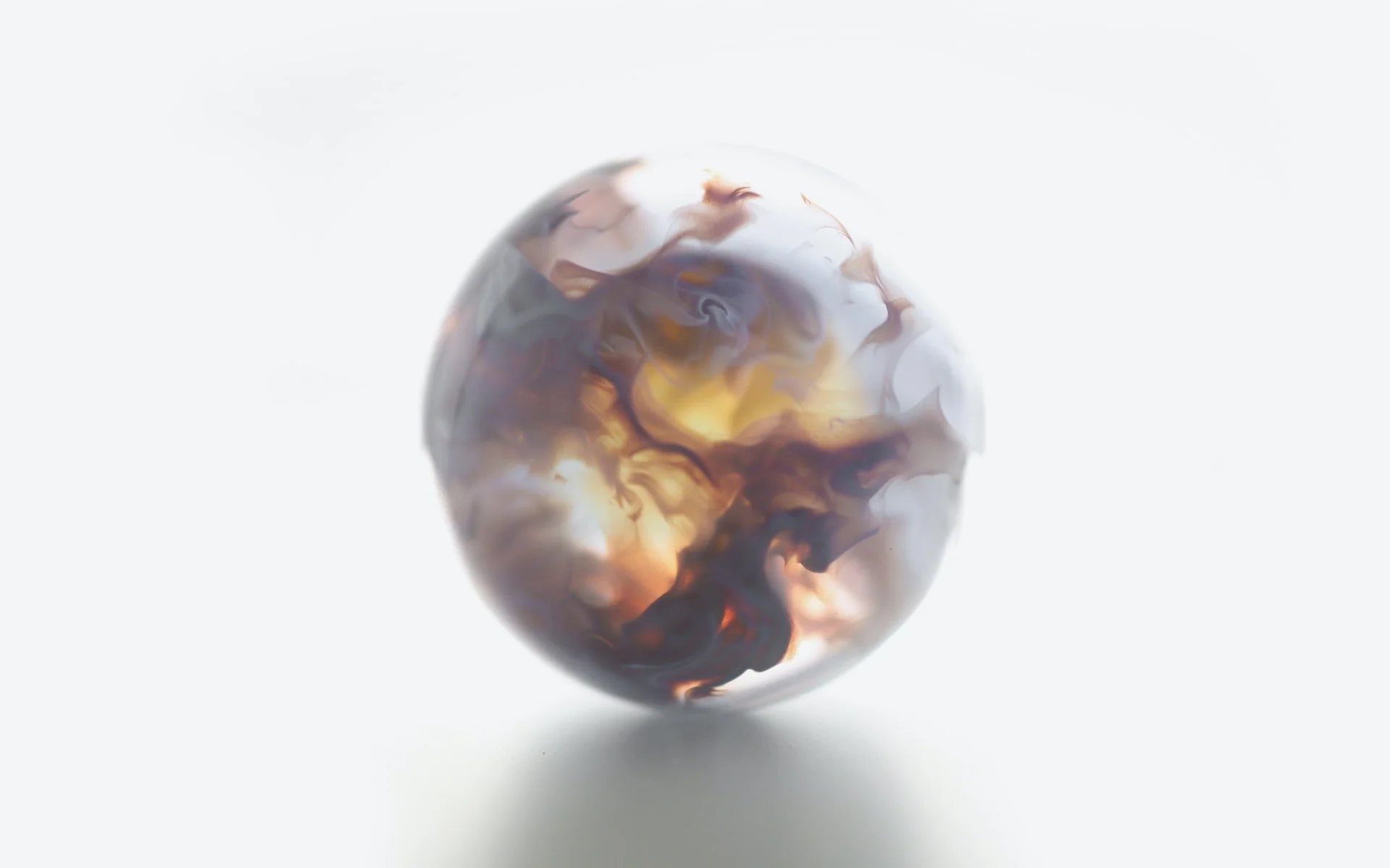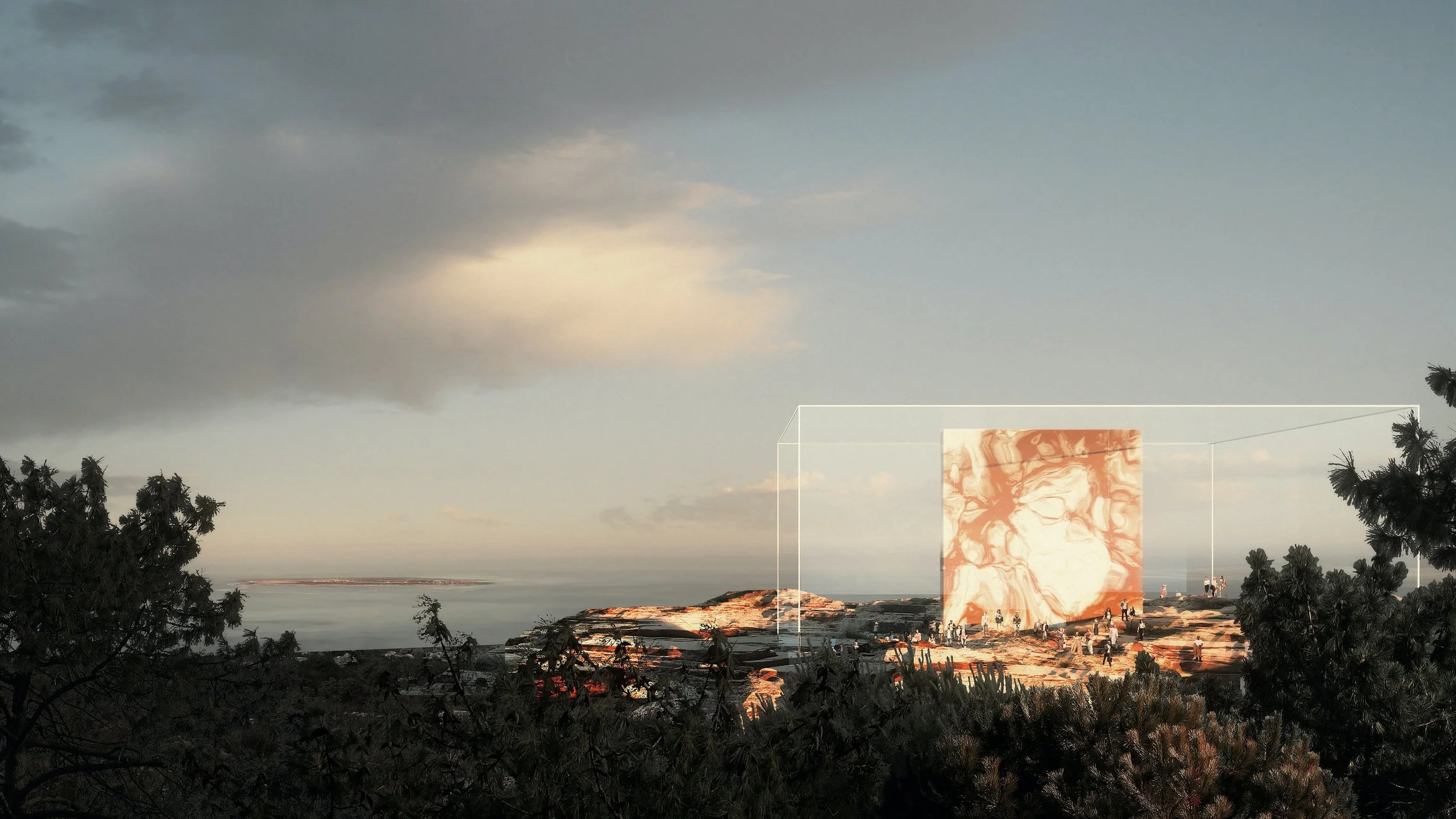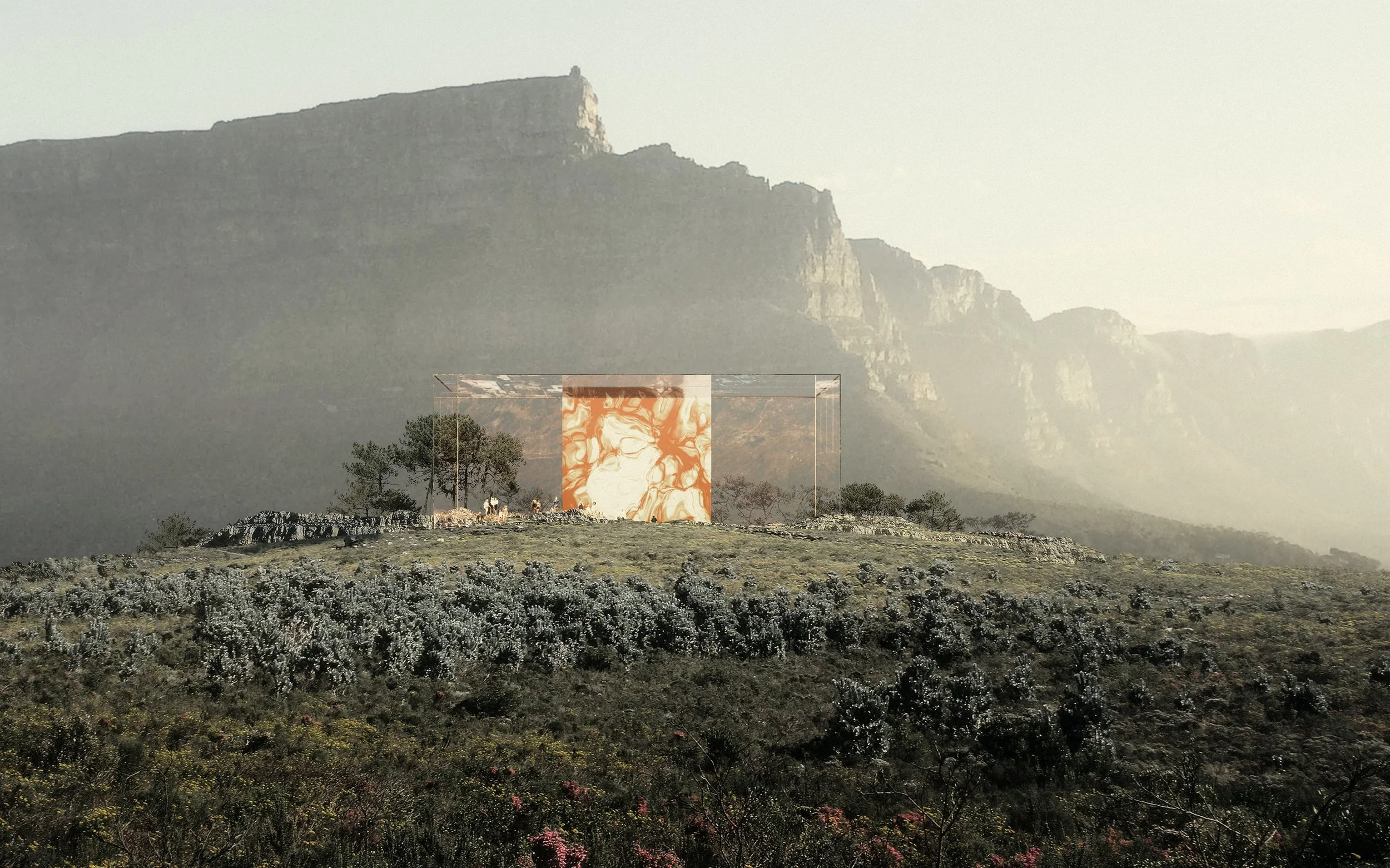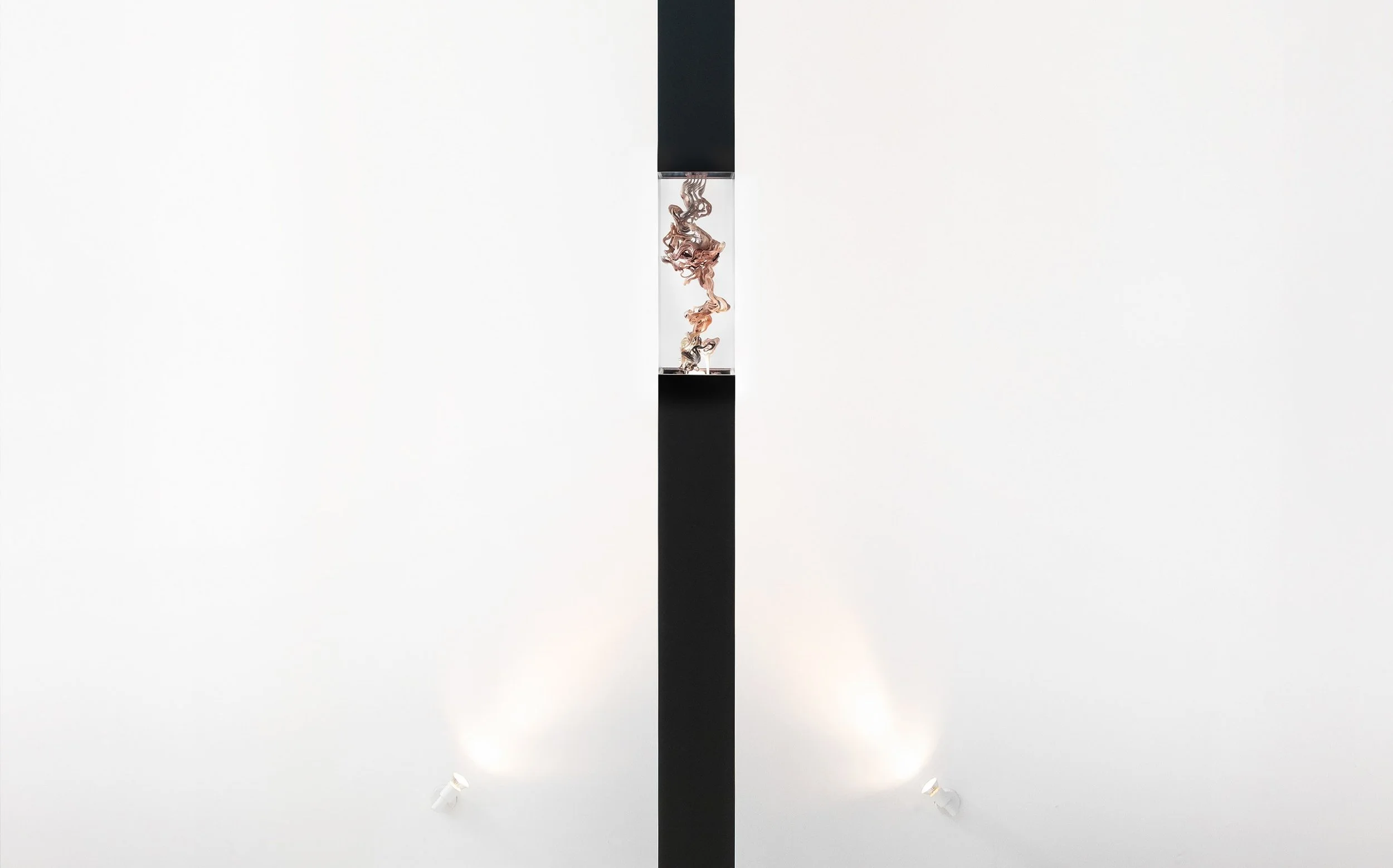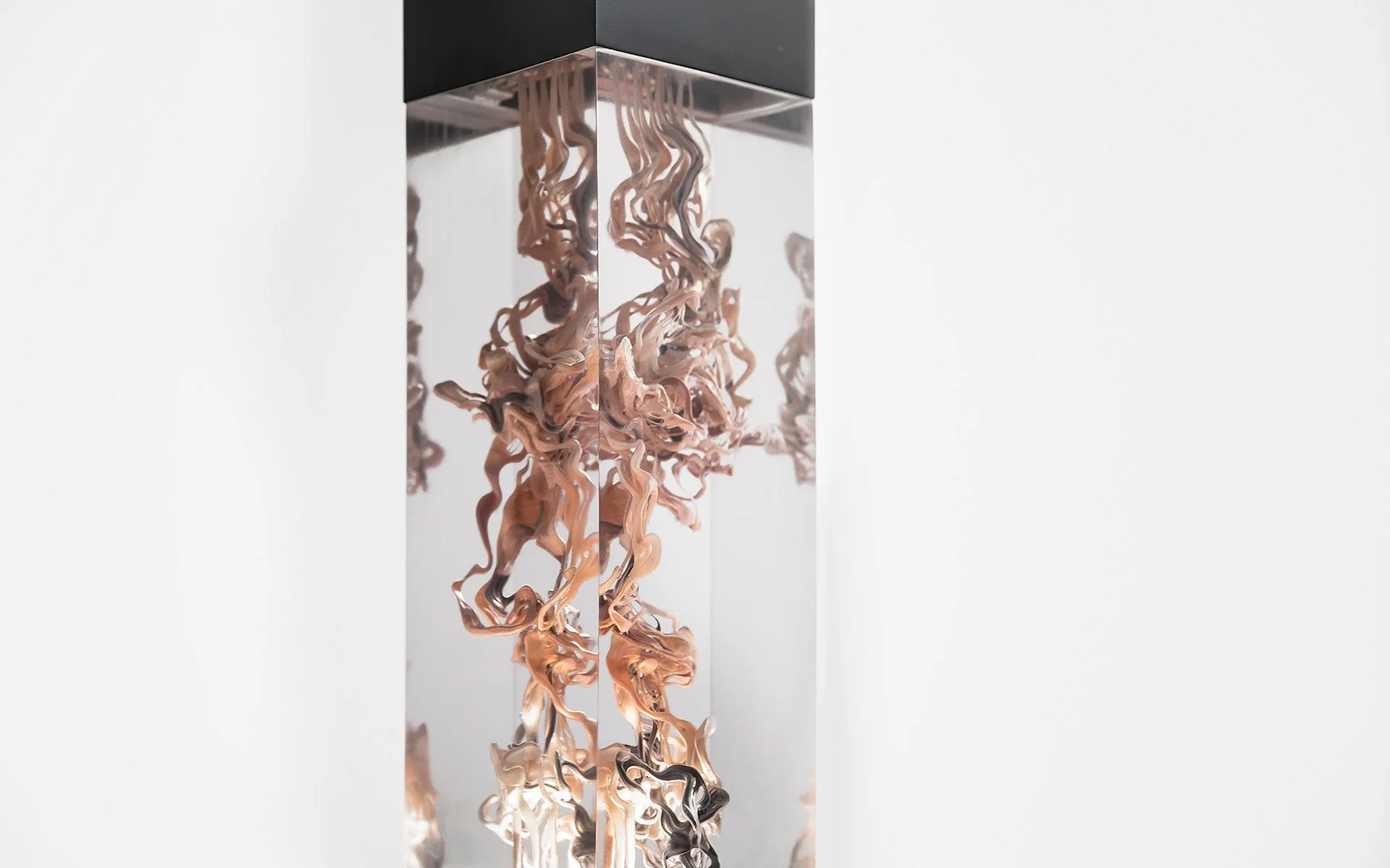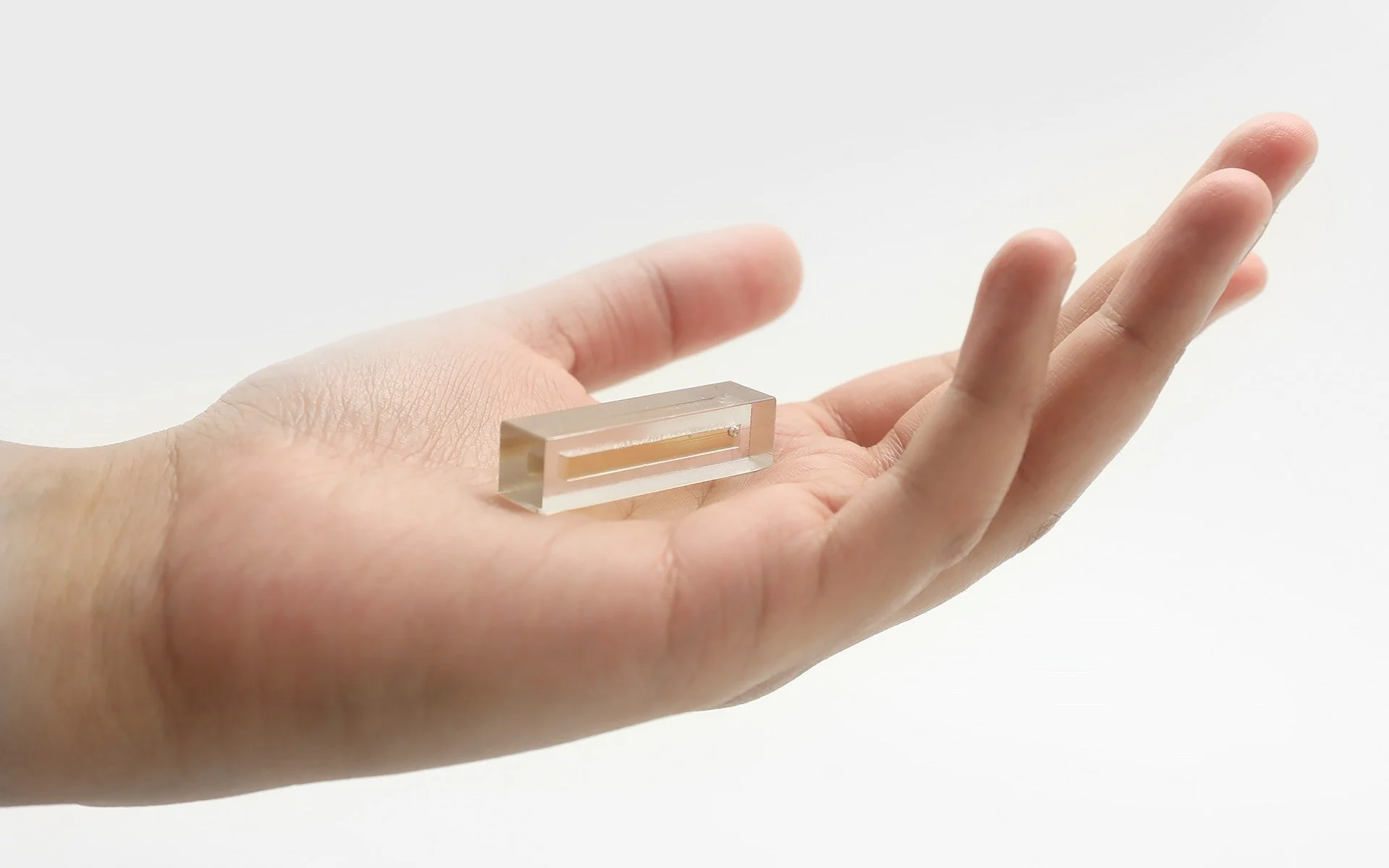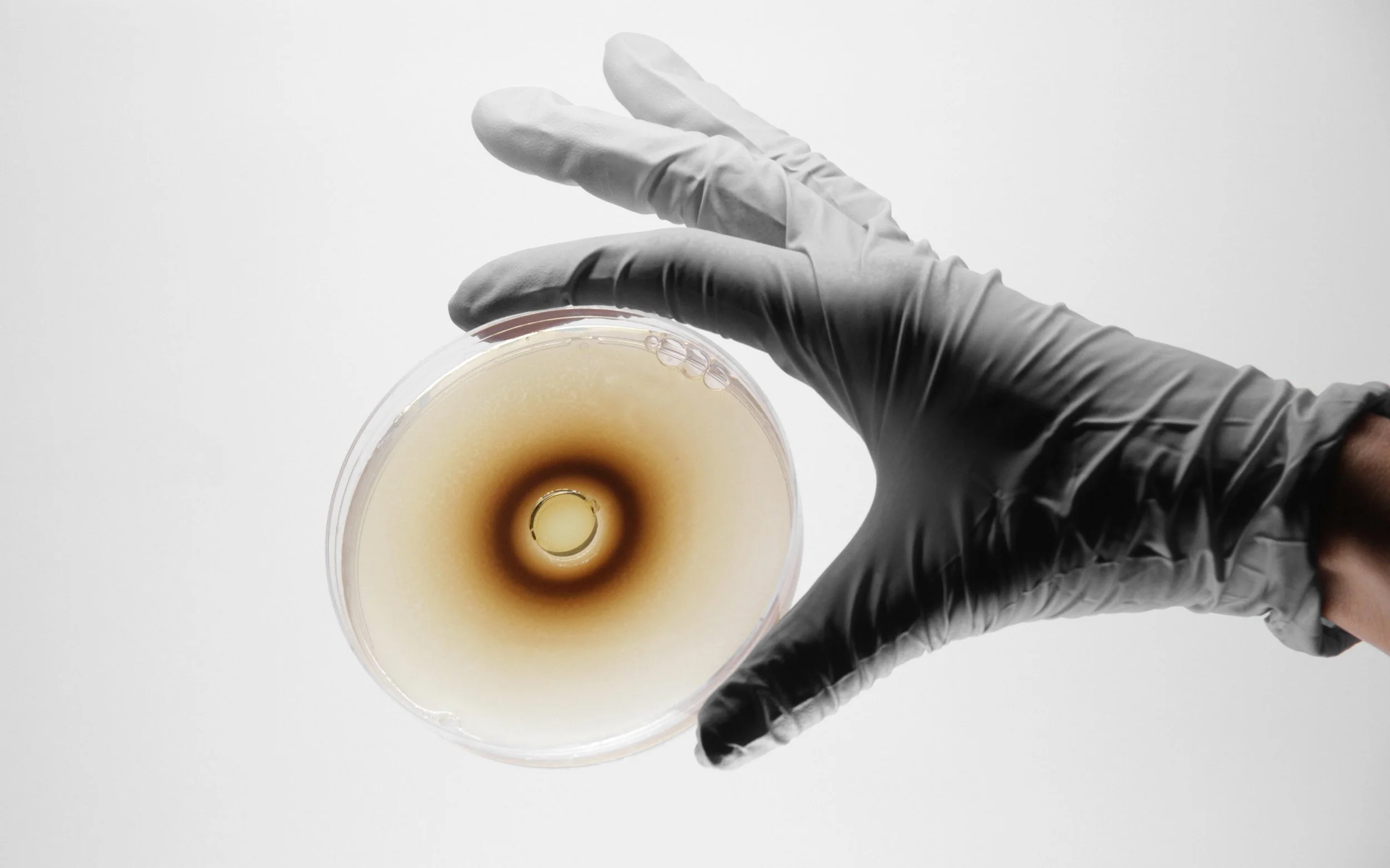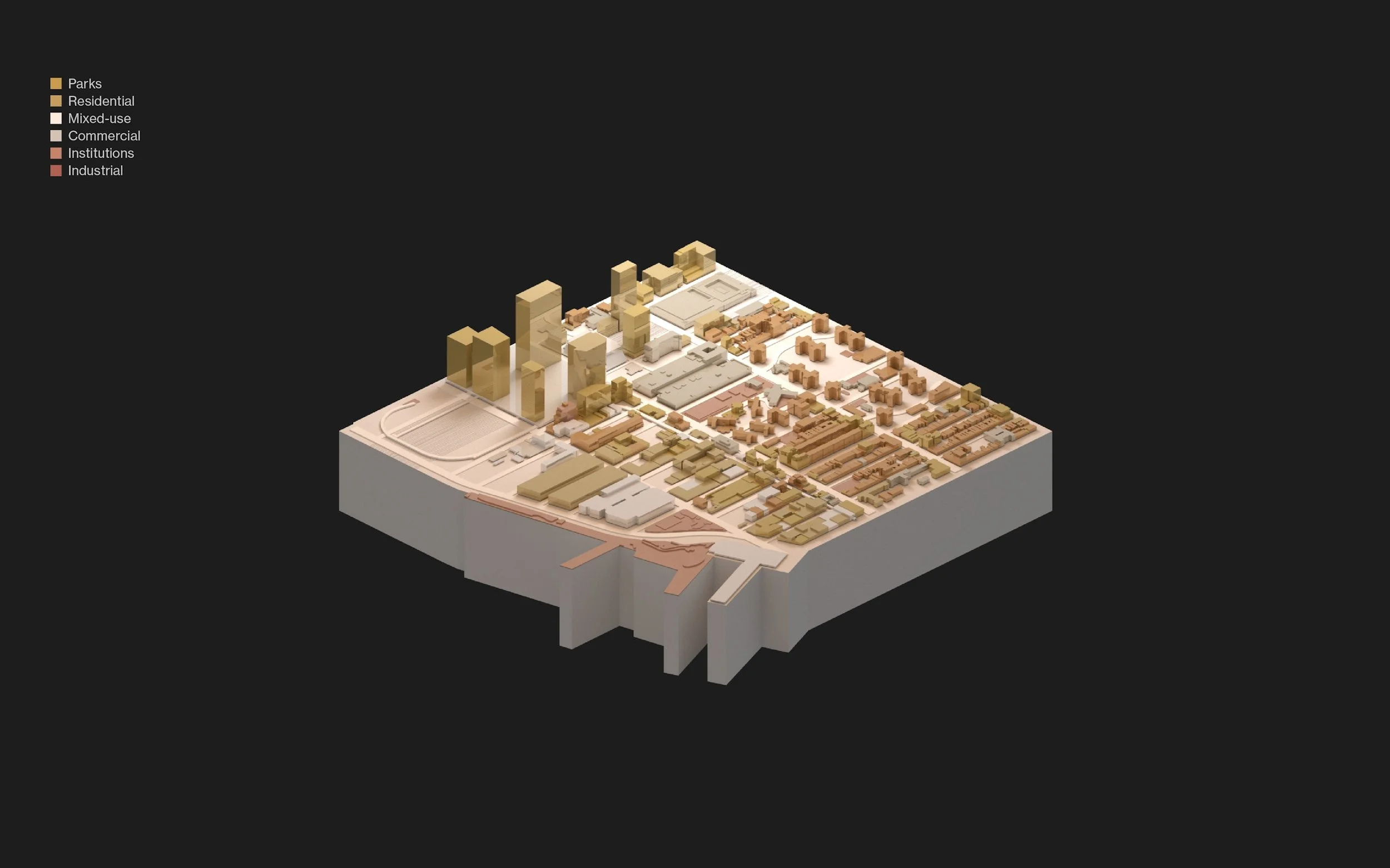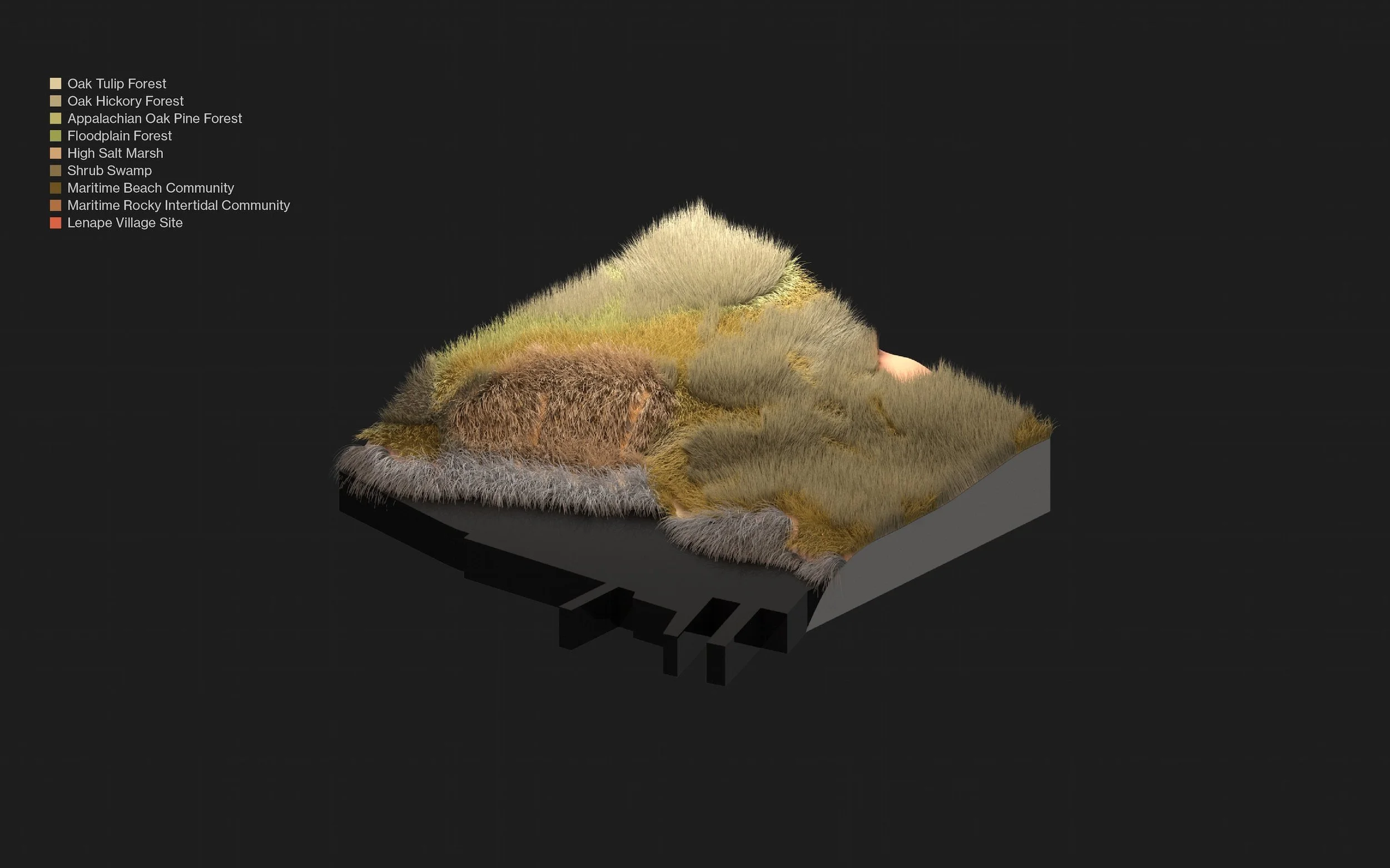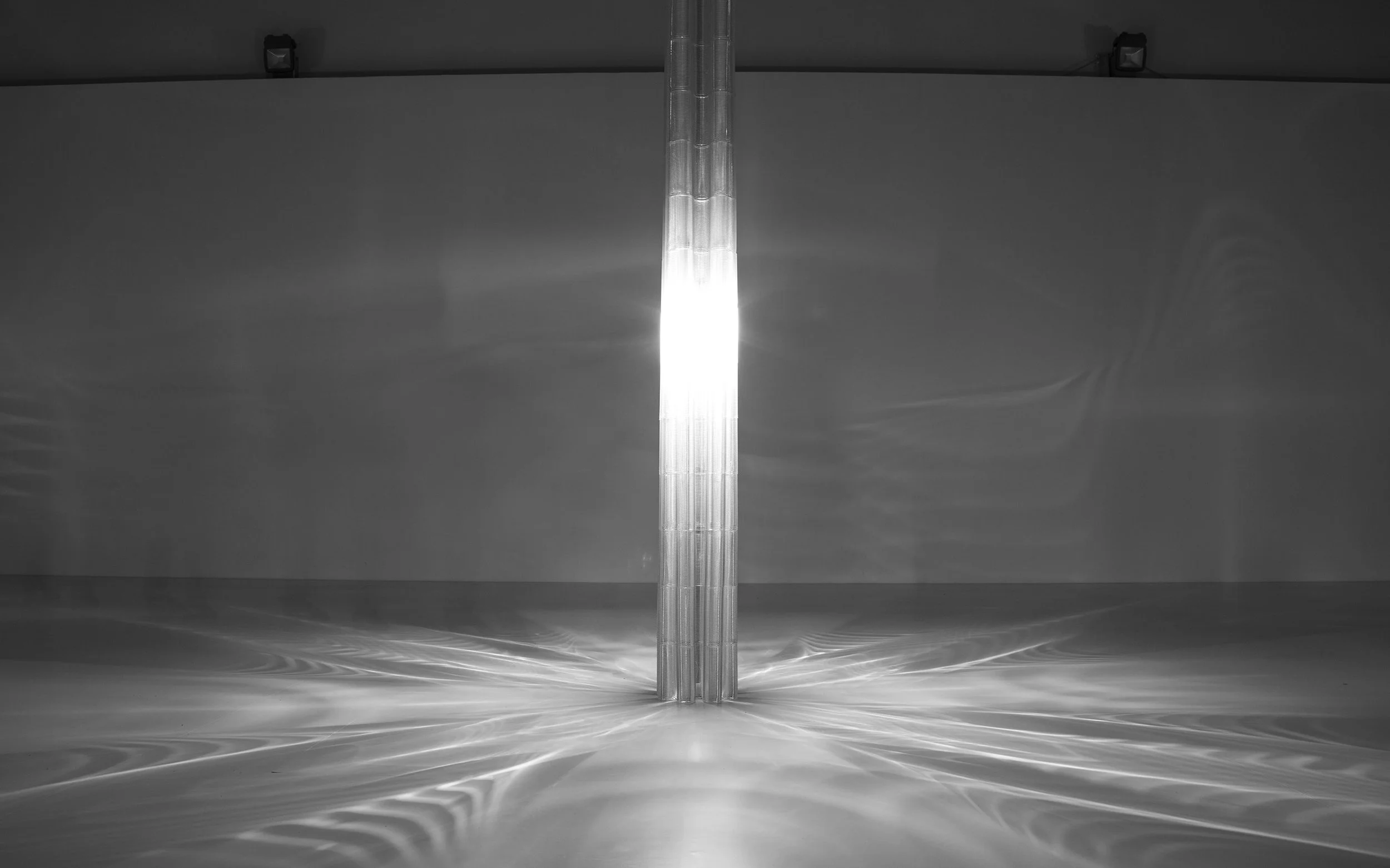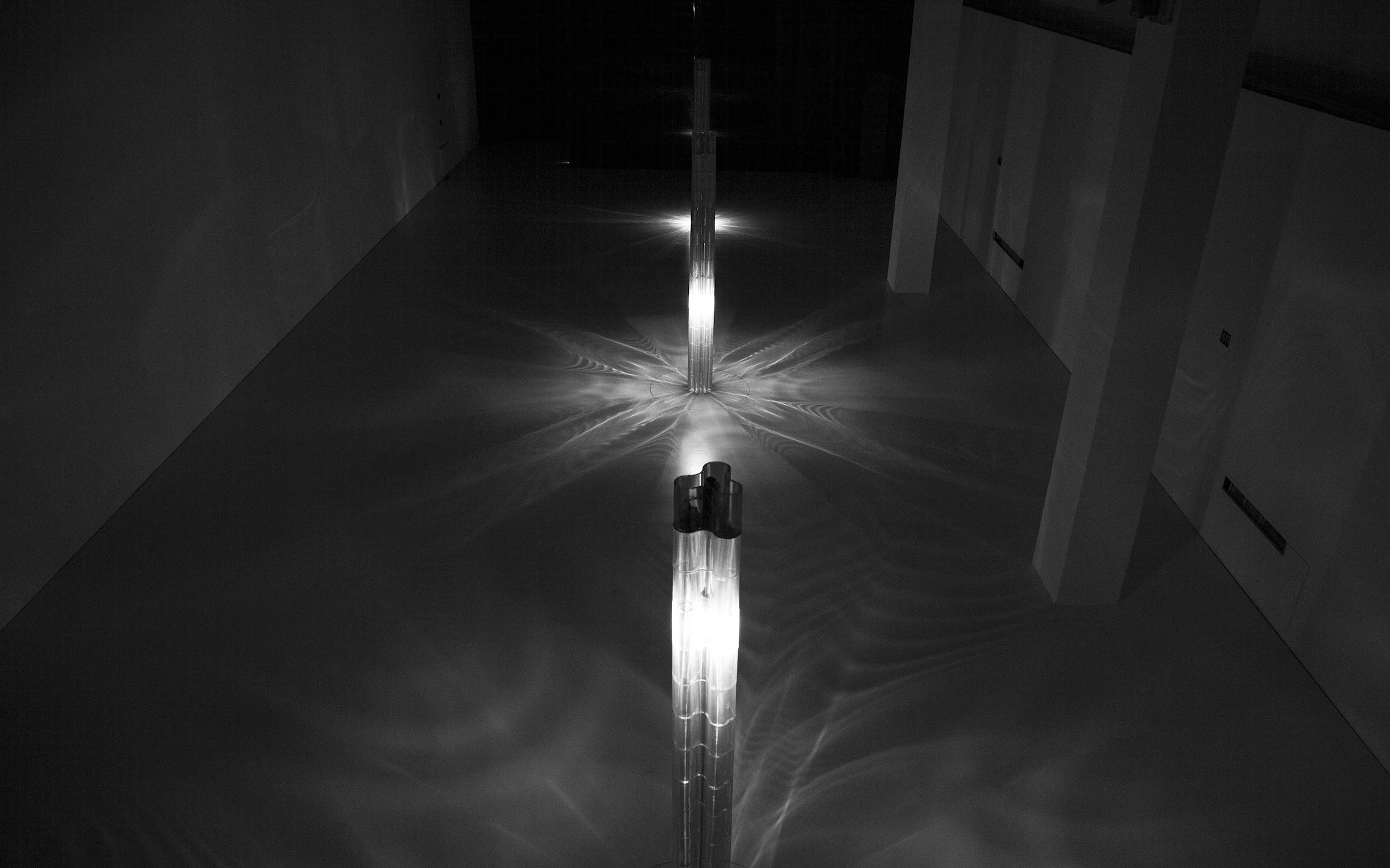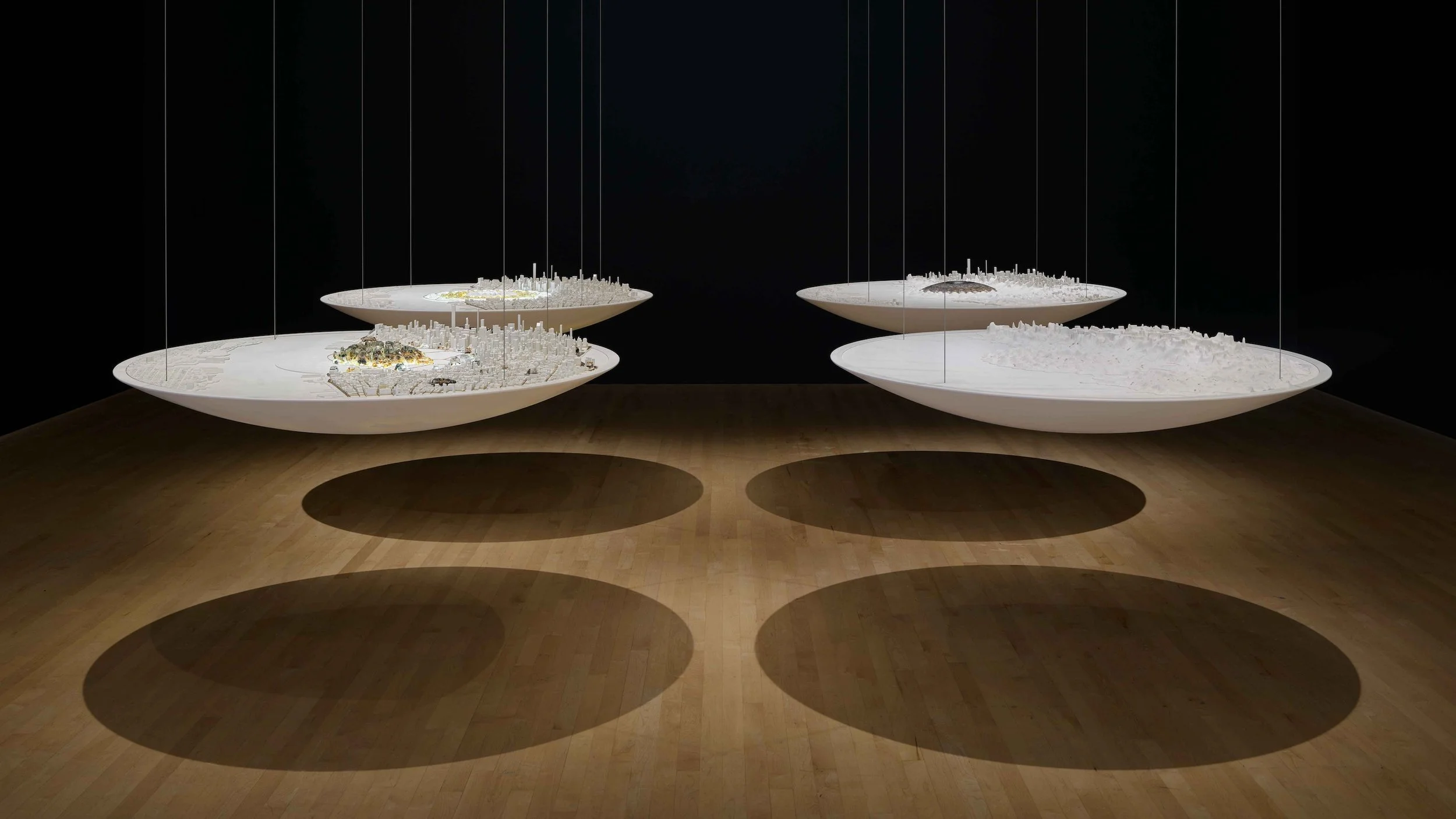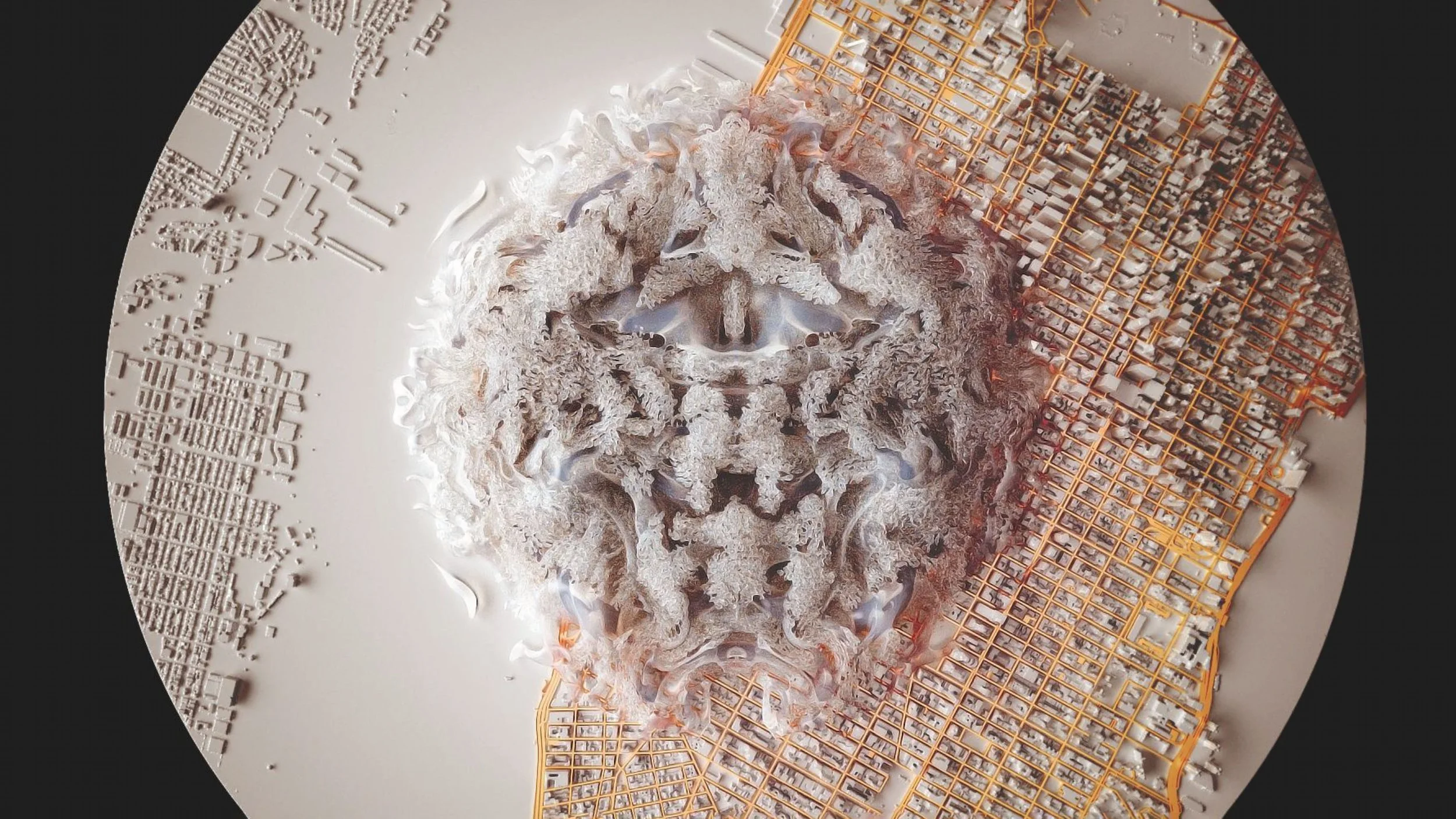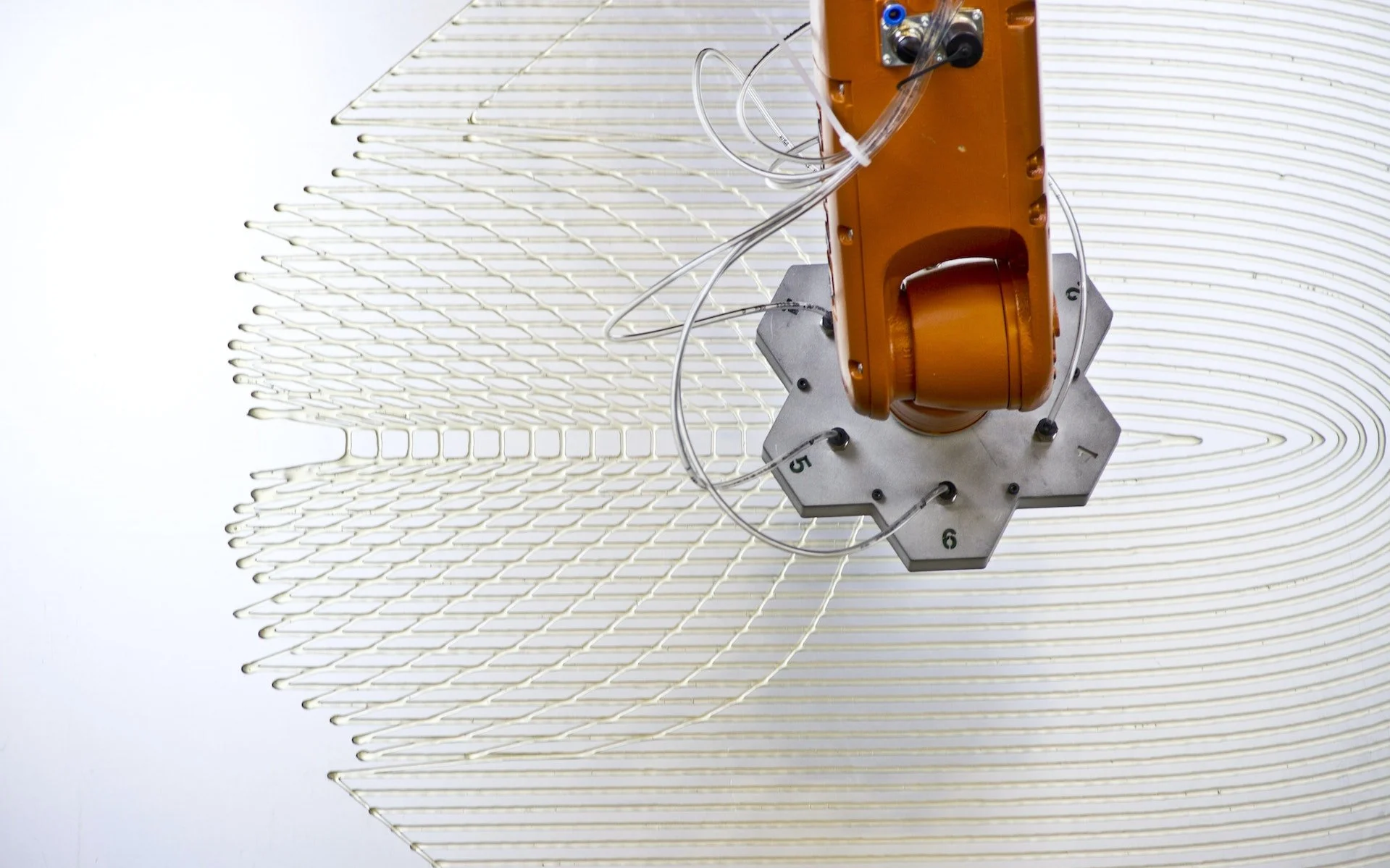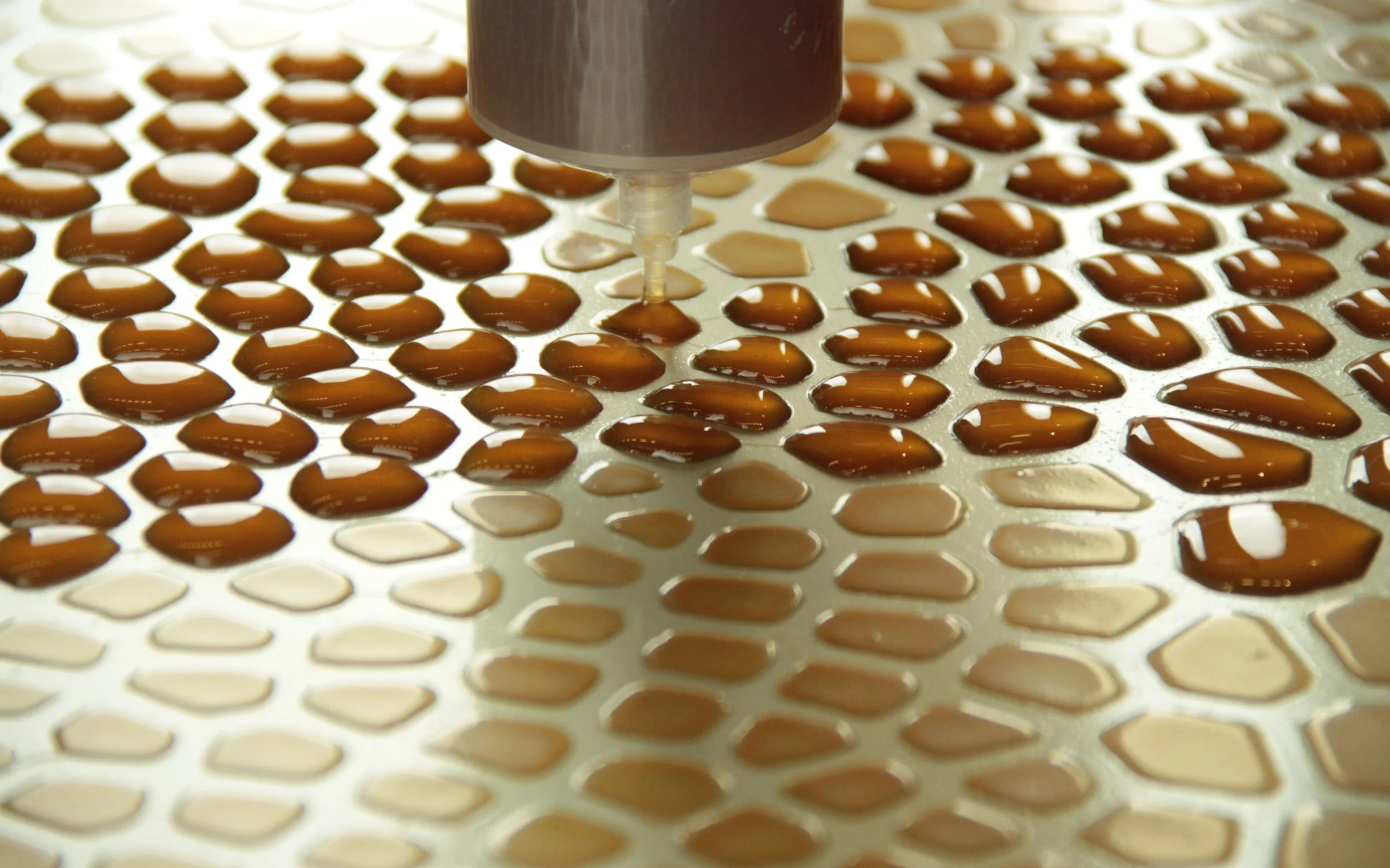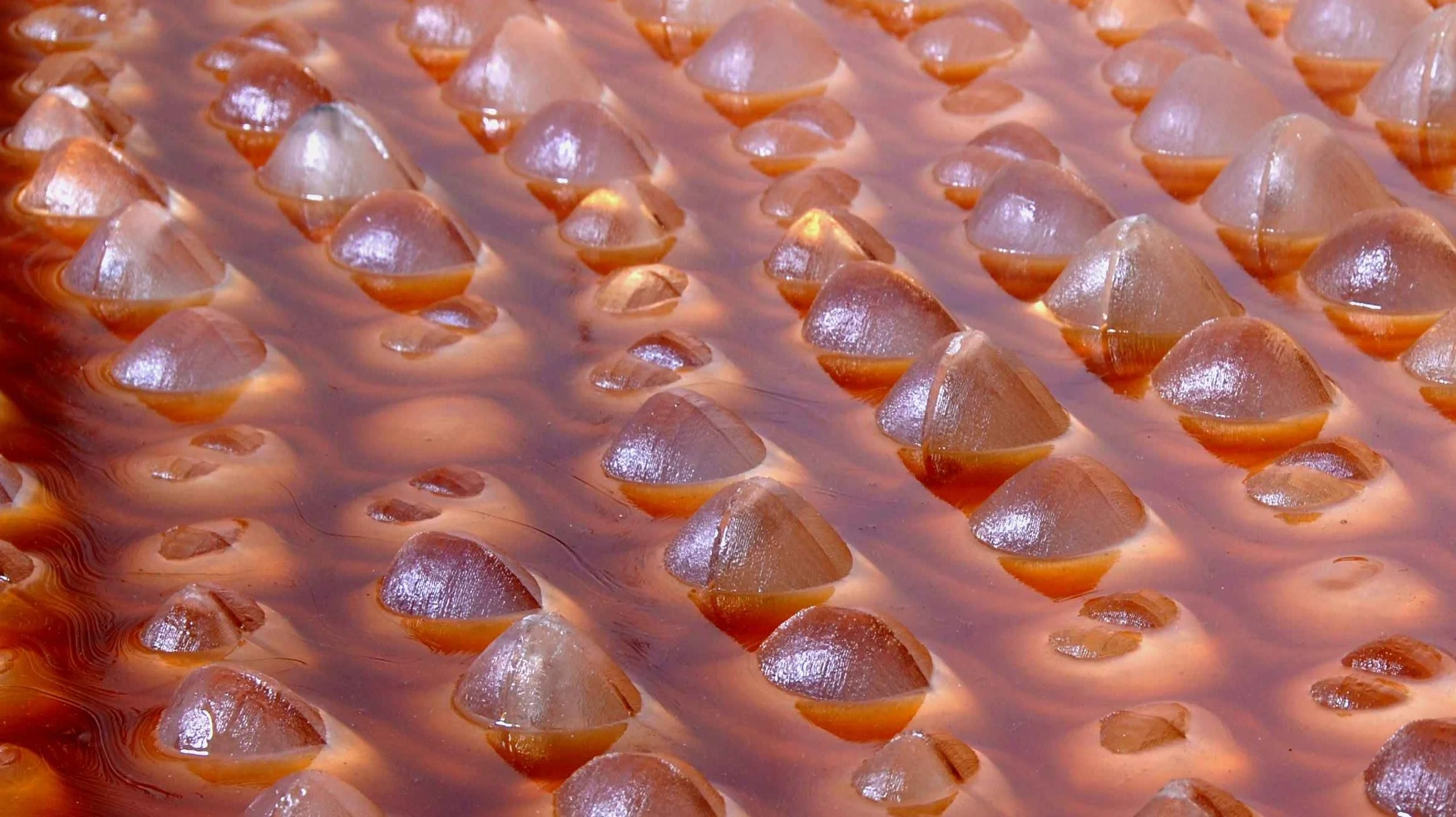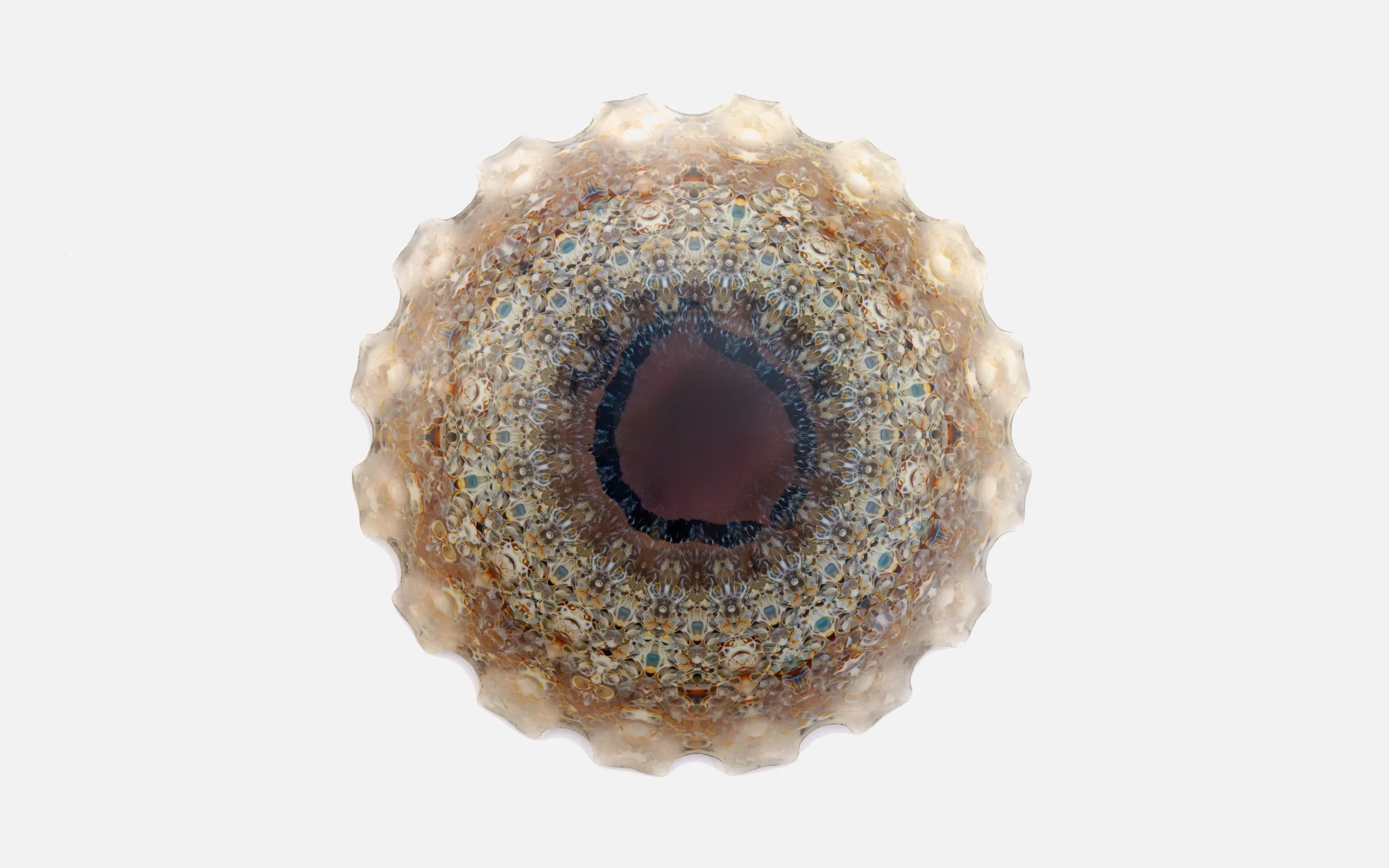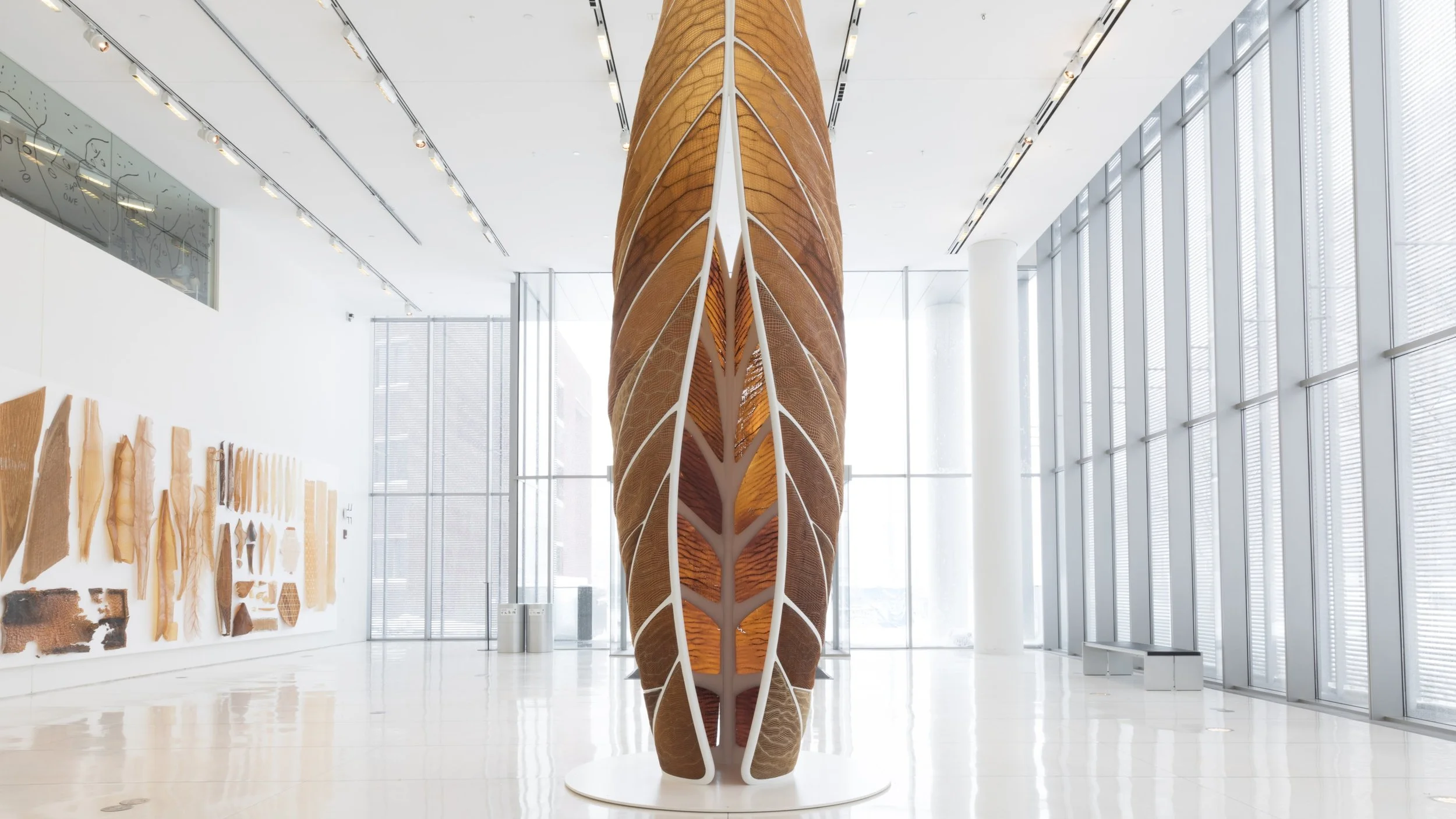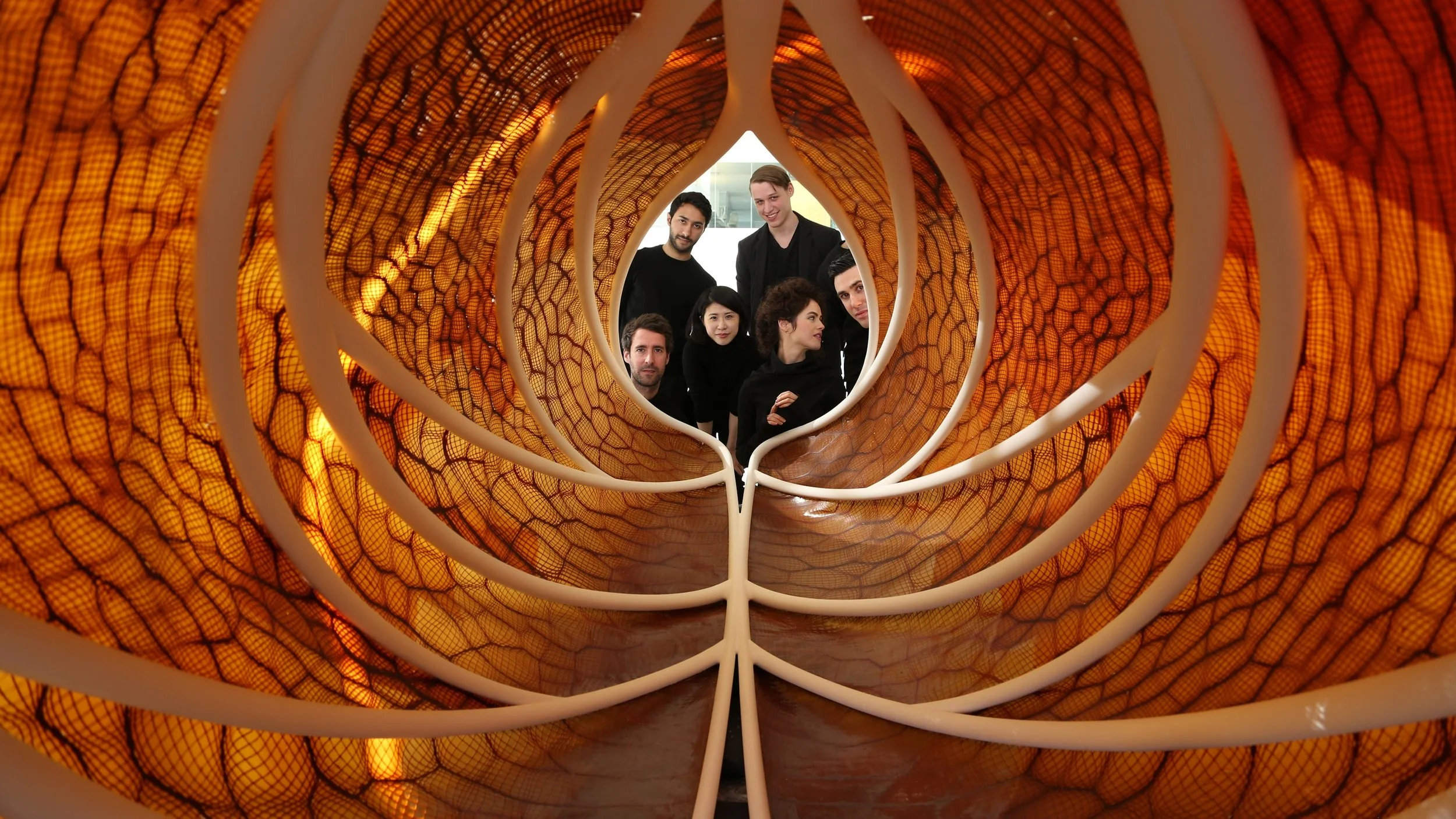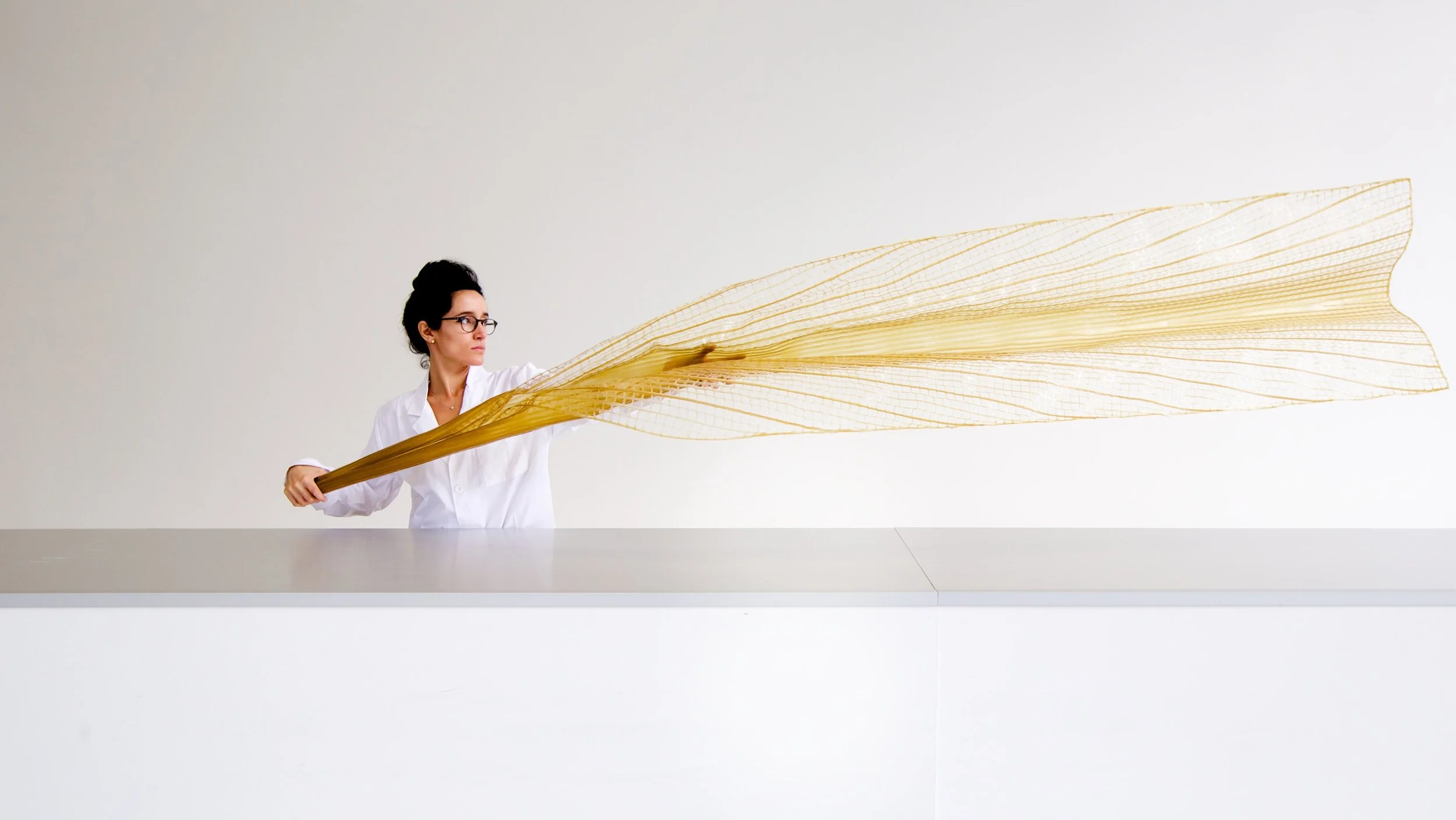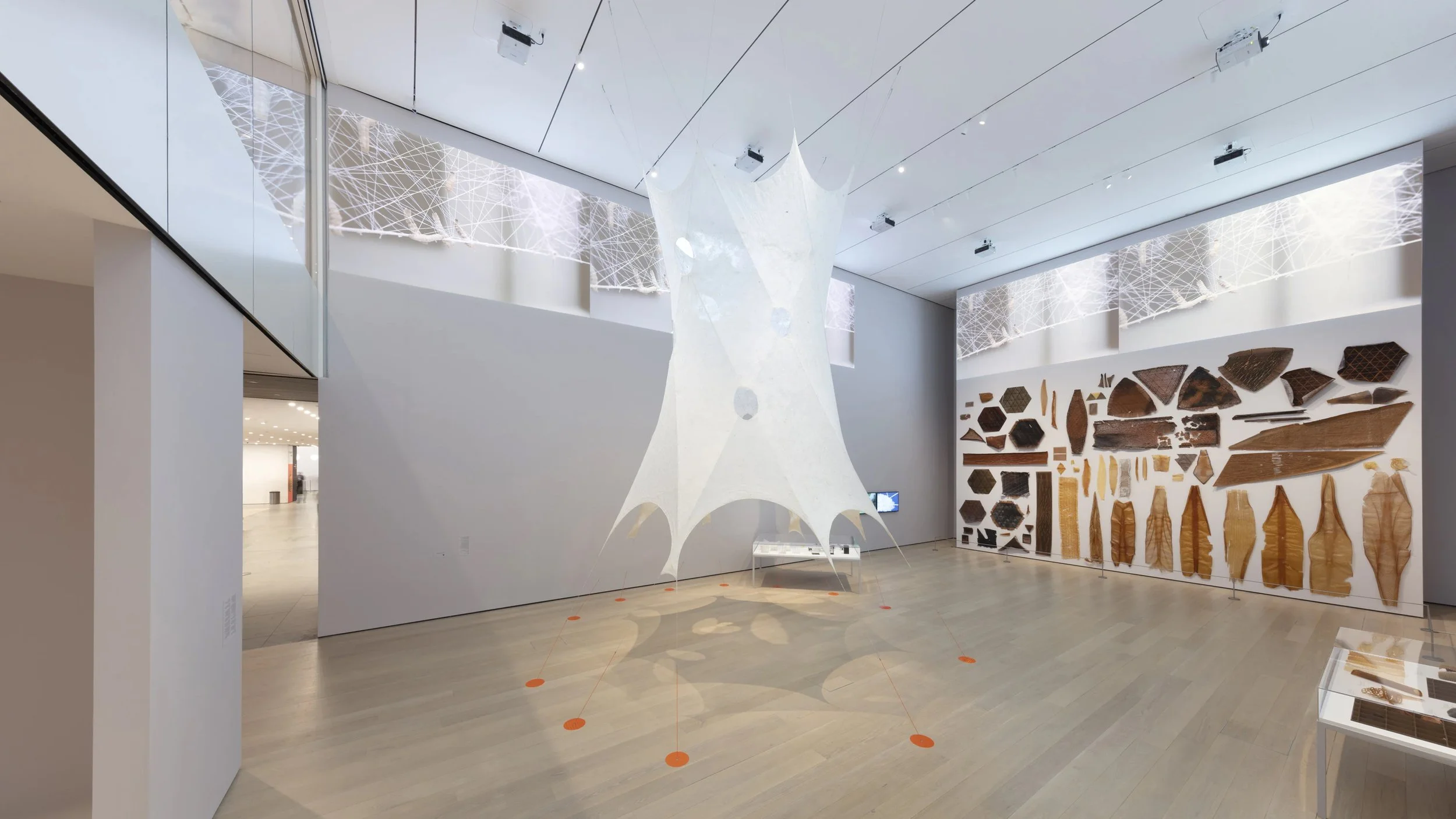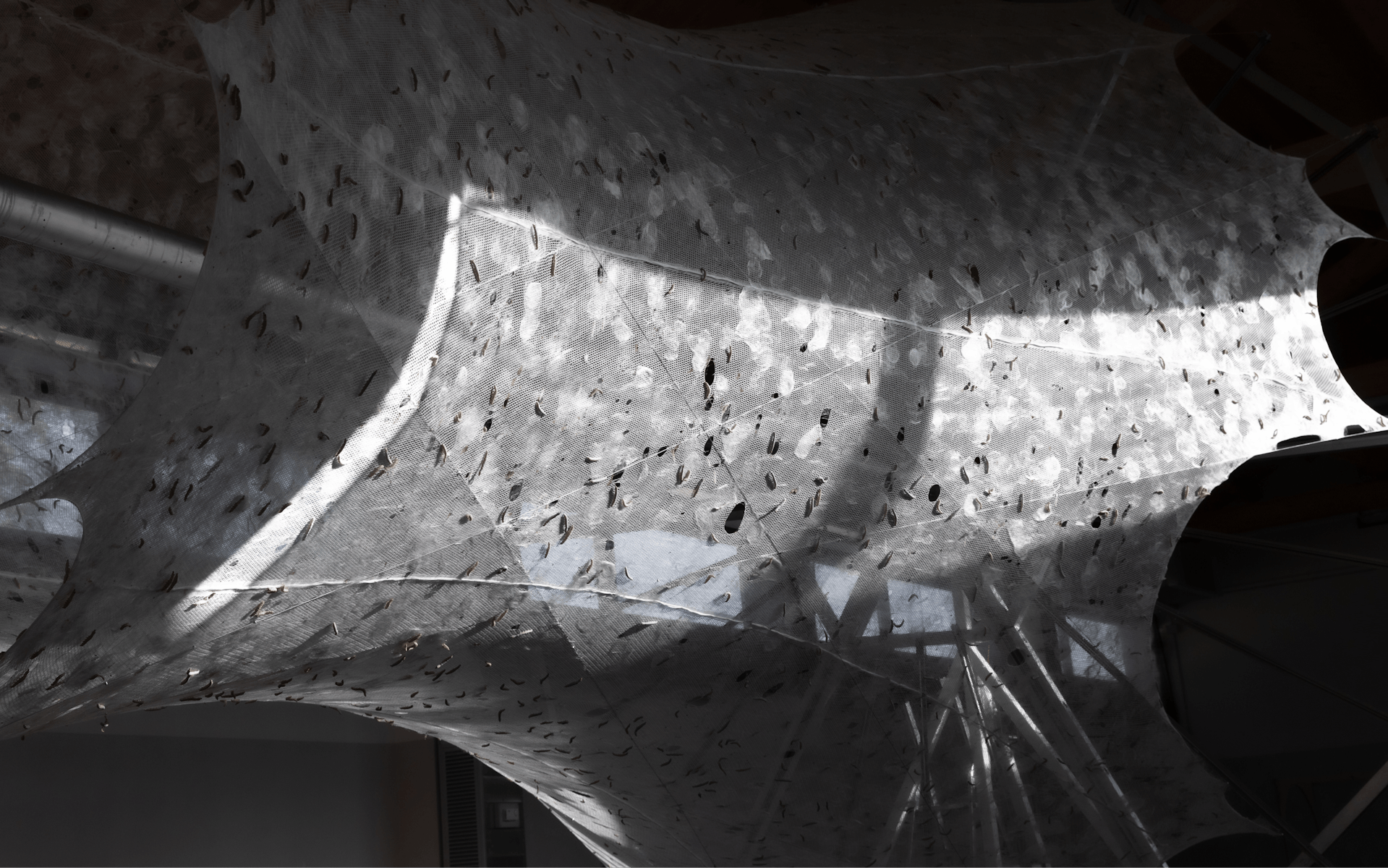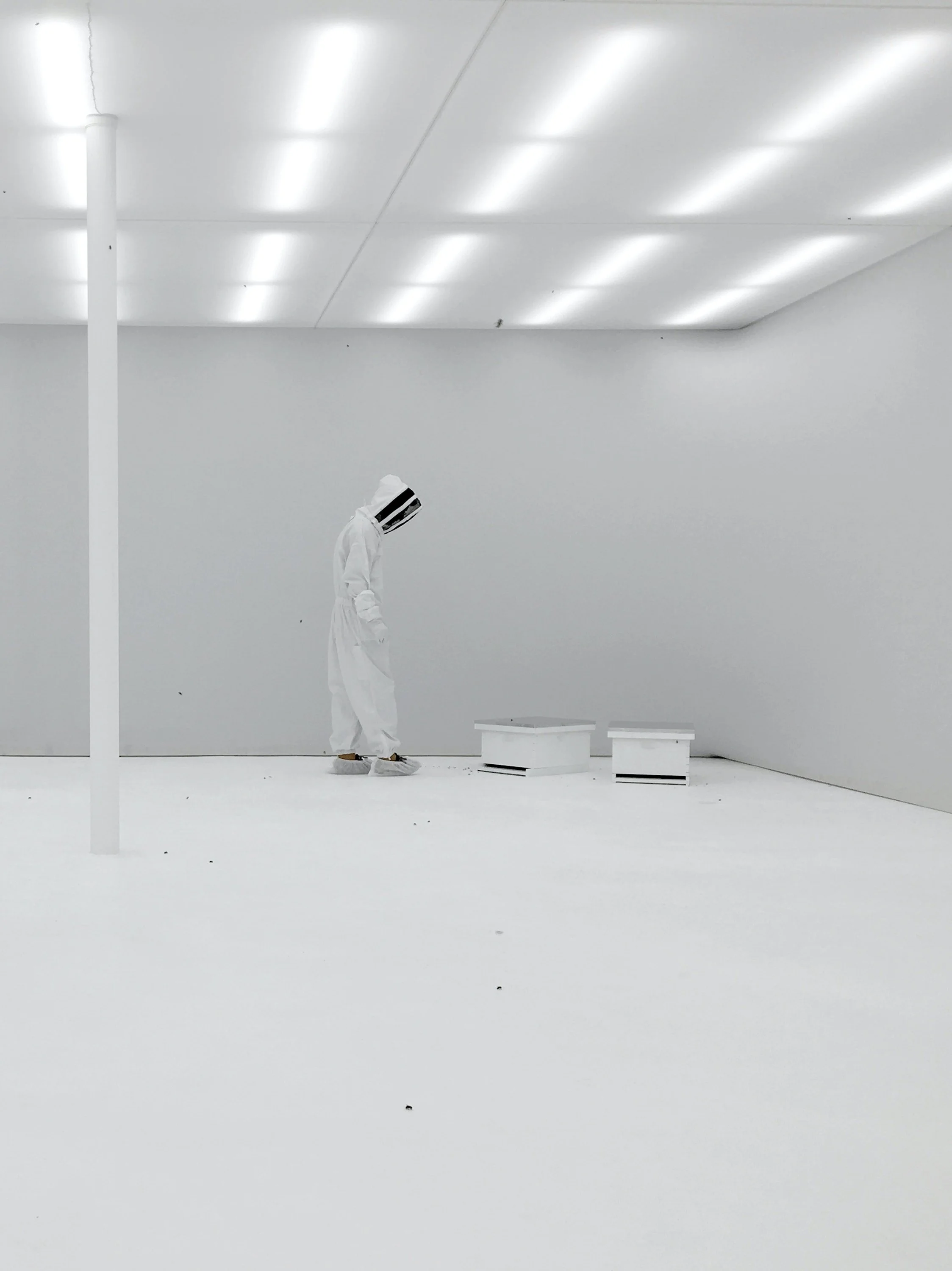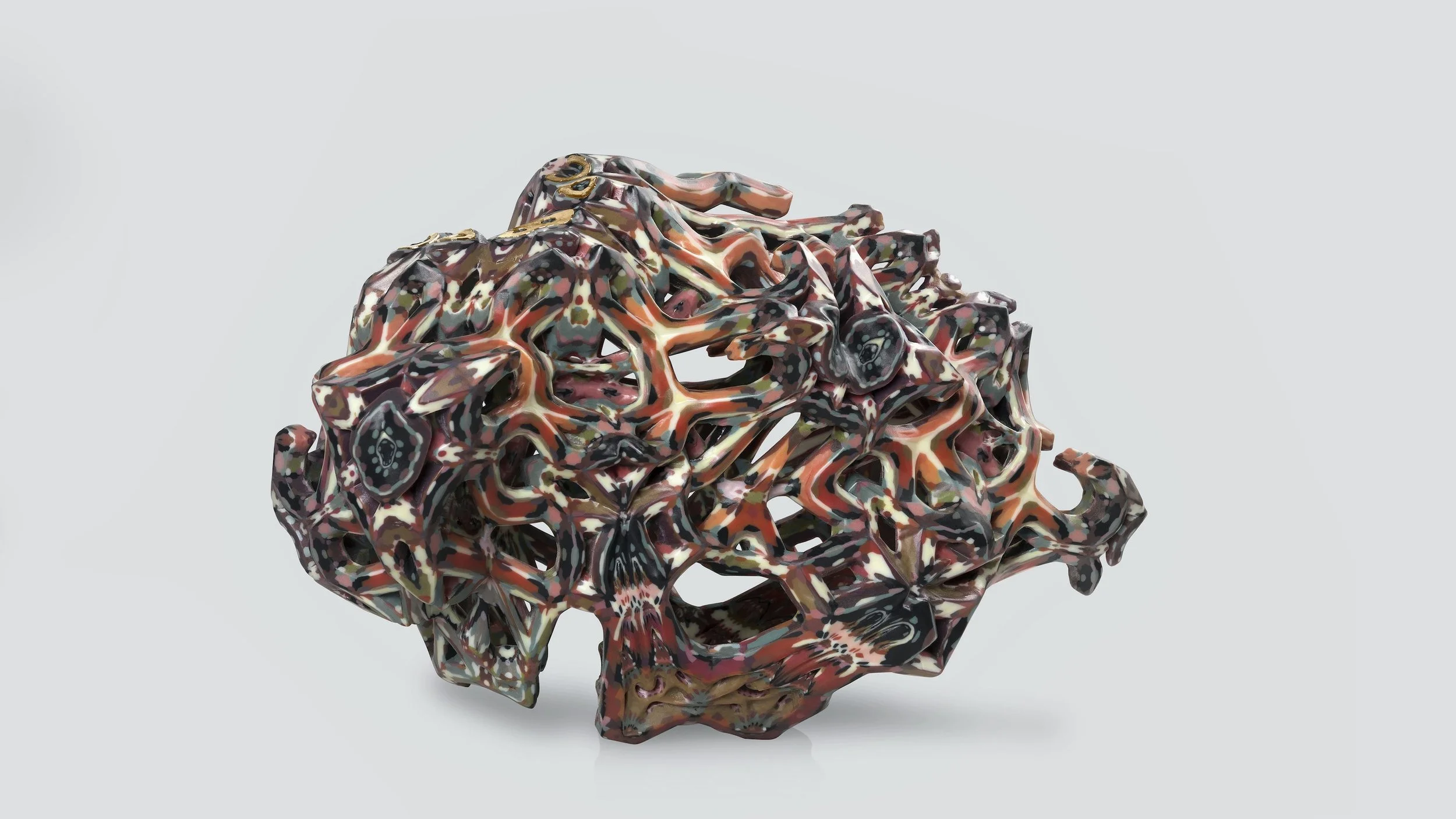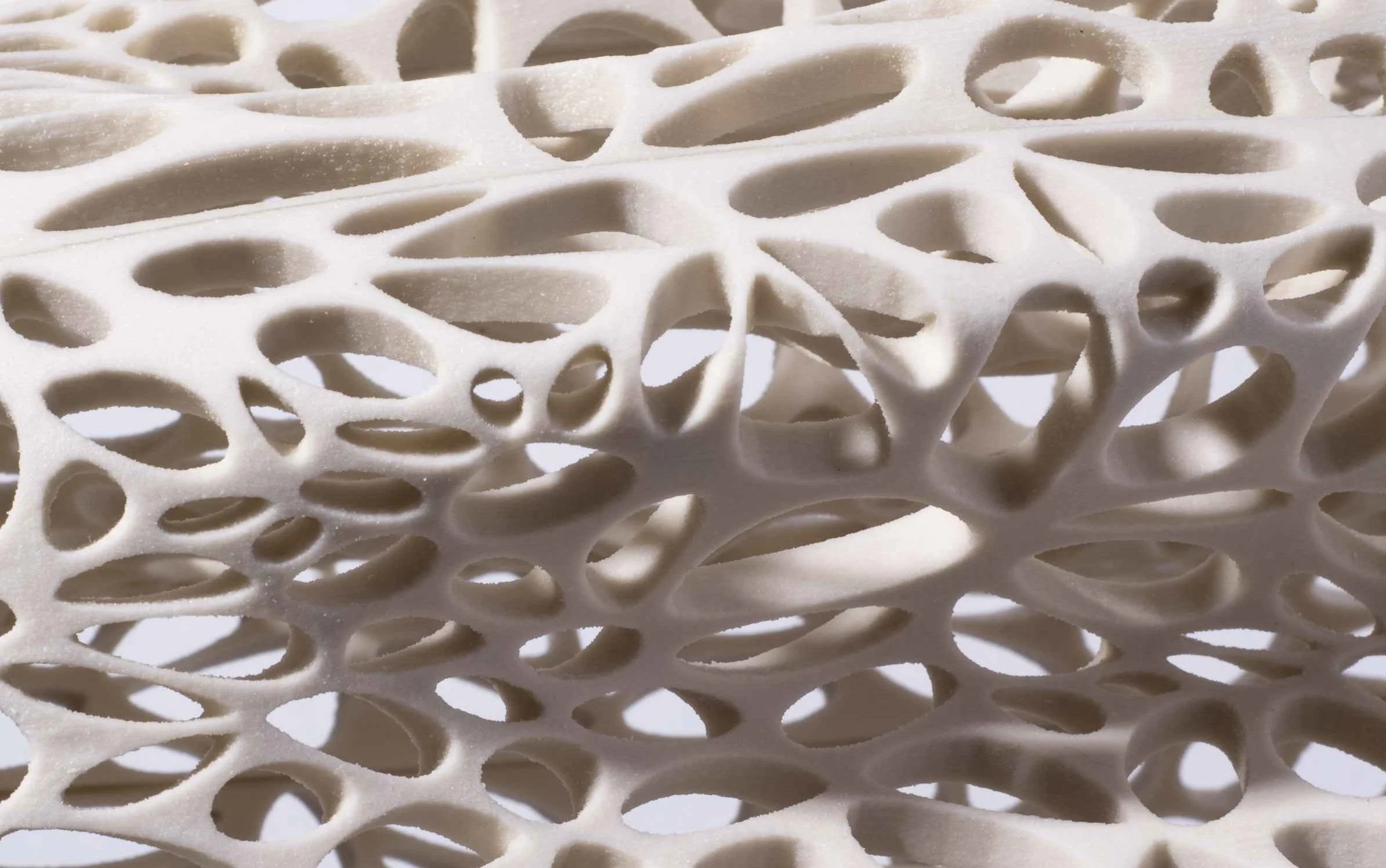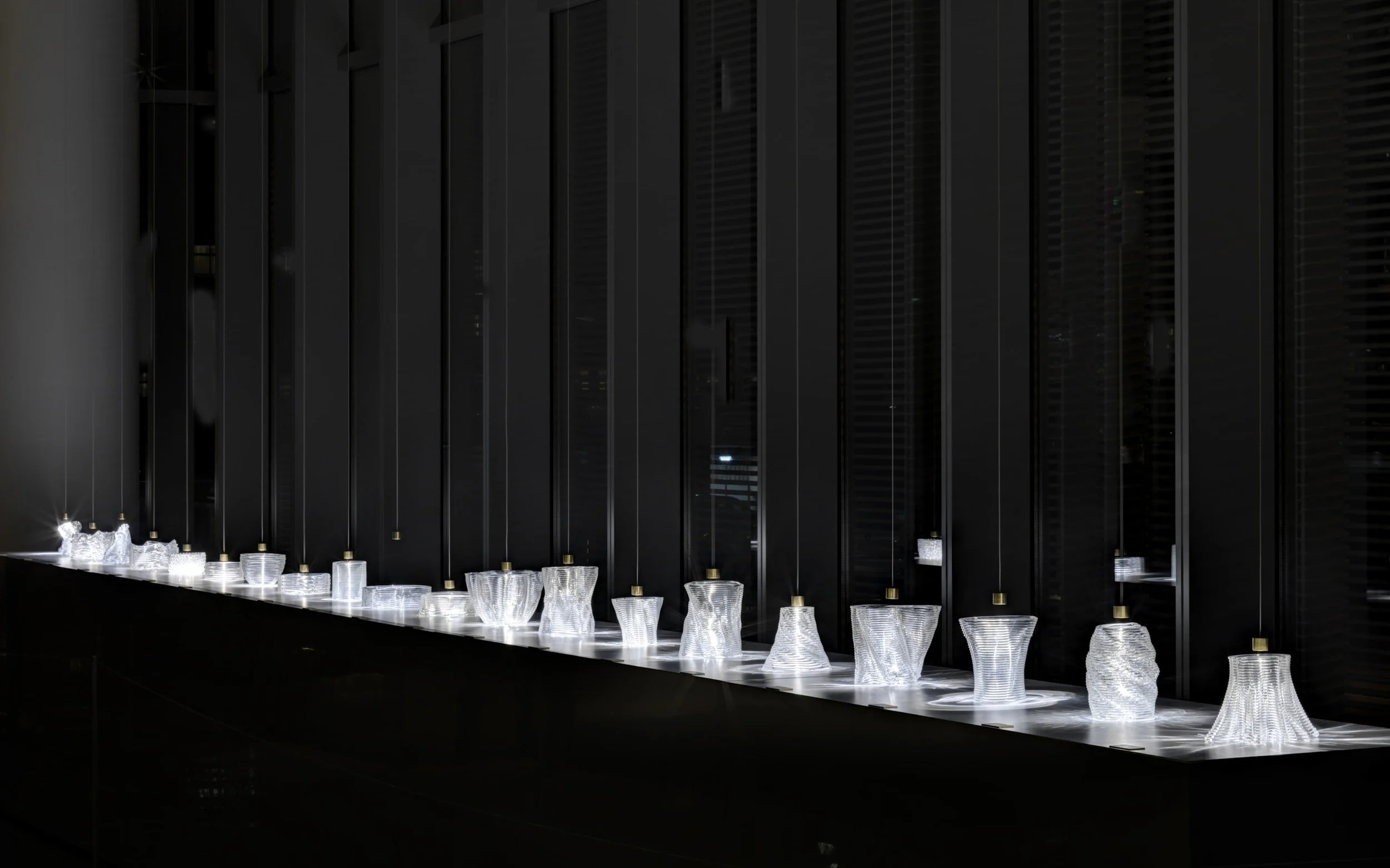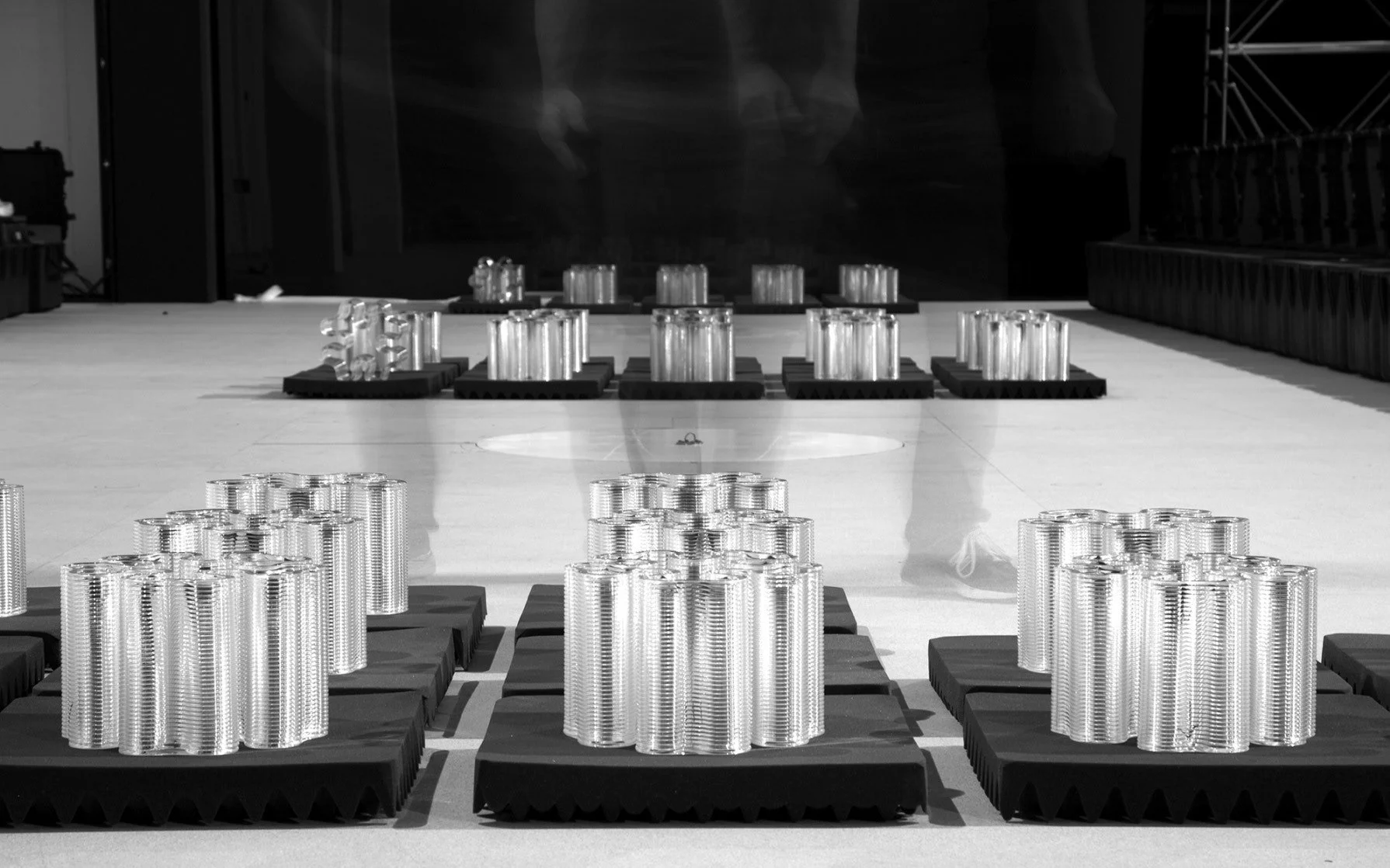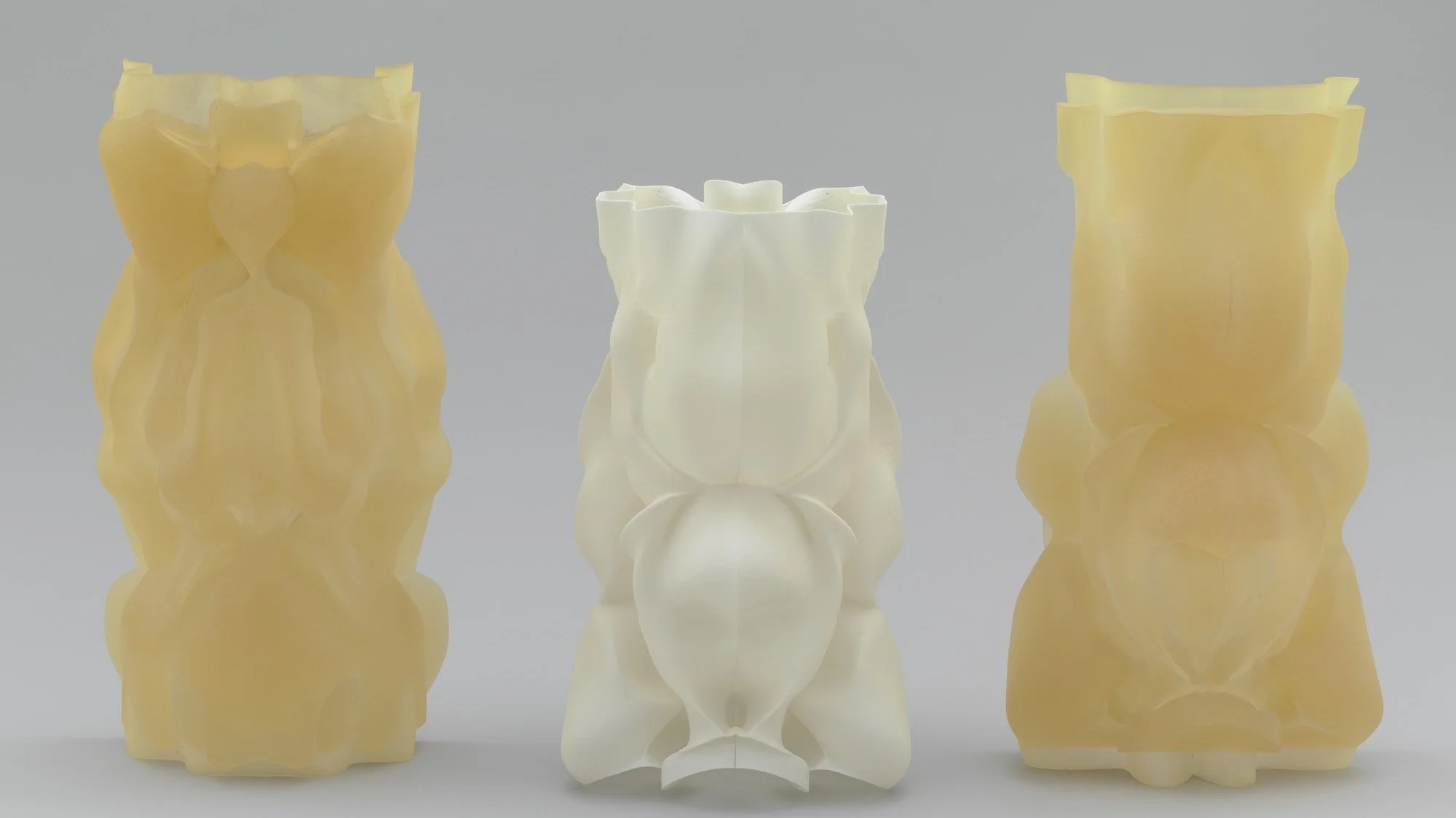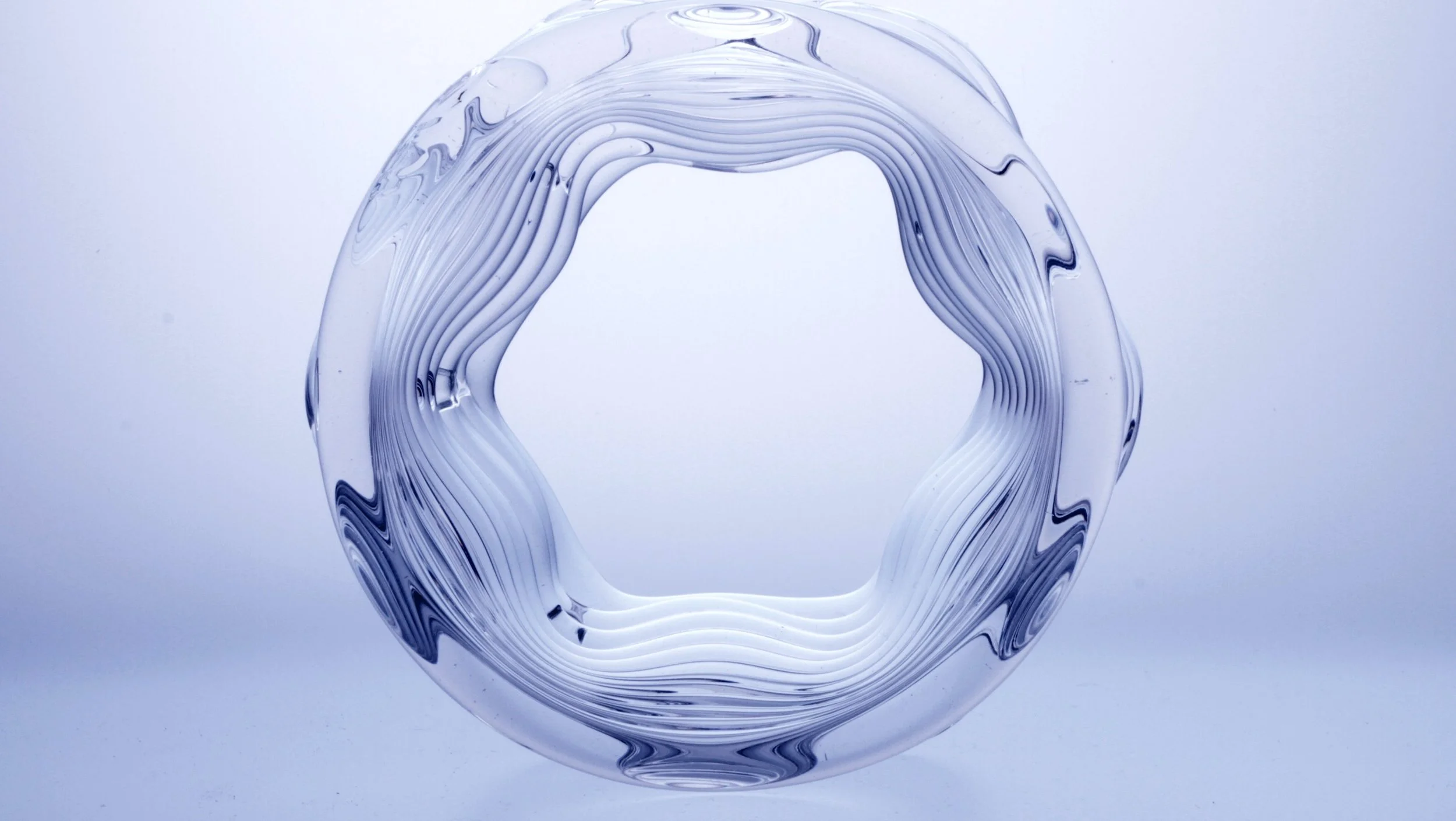 Image 1 of 16
Image 1 of 16

 Image 2 of 16
Image 2 of 16

 Image 3 of 16
Image 3 of 16

 Image 4 of 16
Image 4 of 16

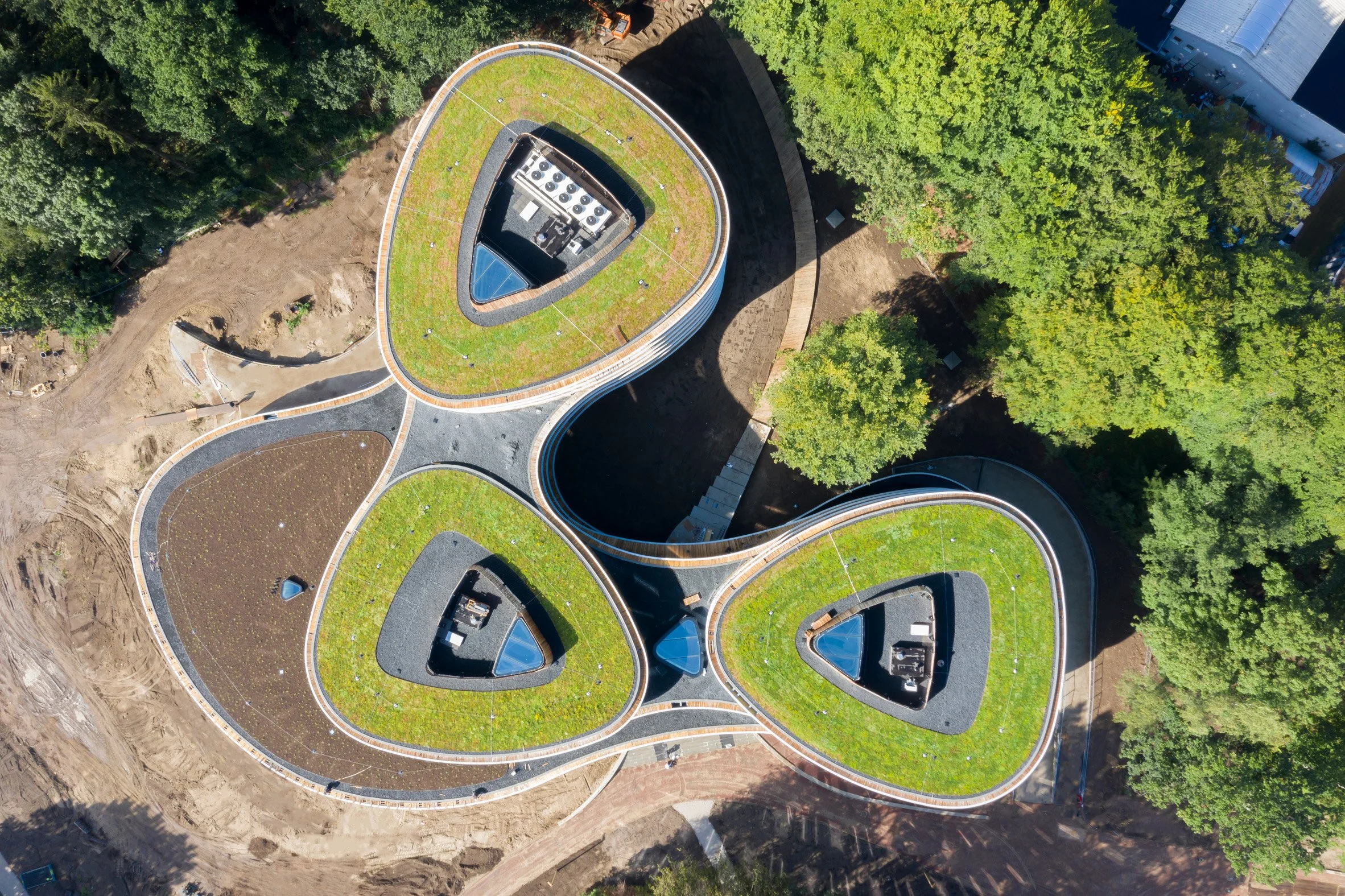 Image 5 of 16
Image 5 of 16

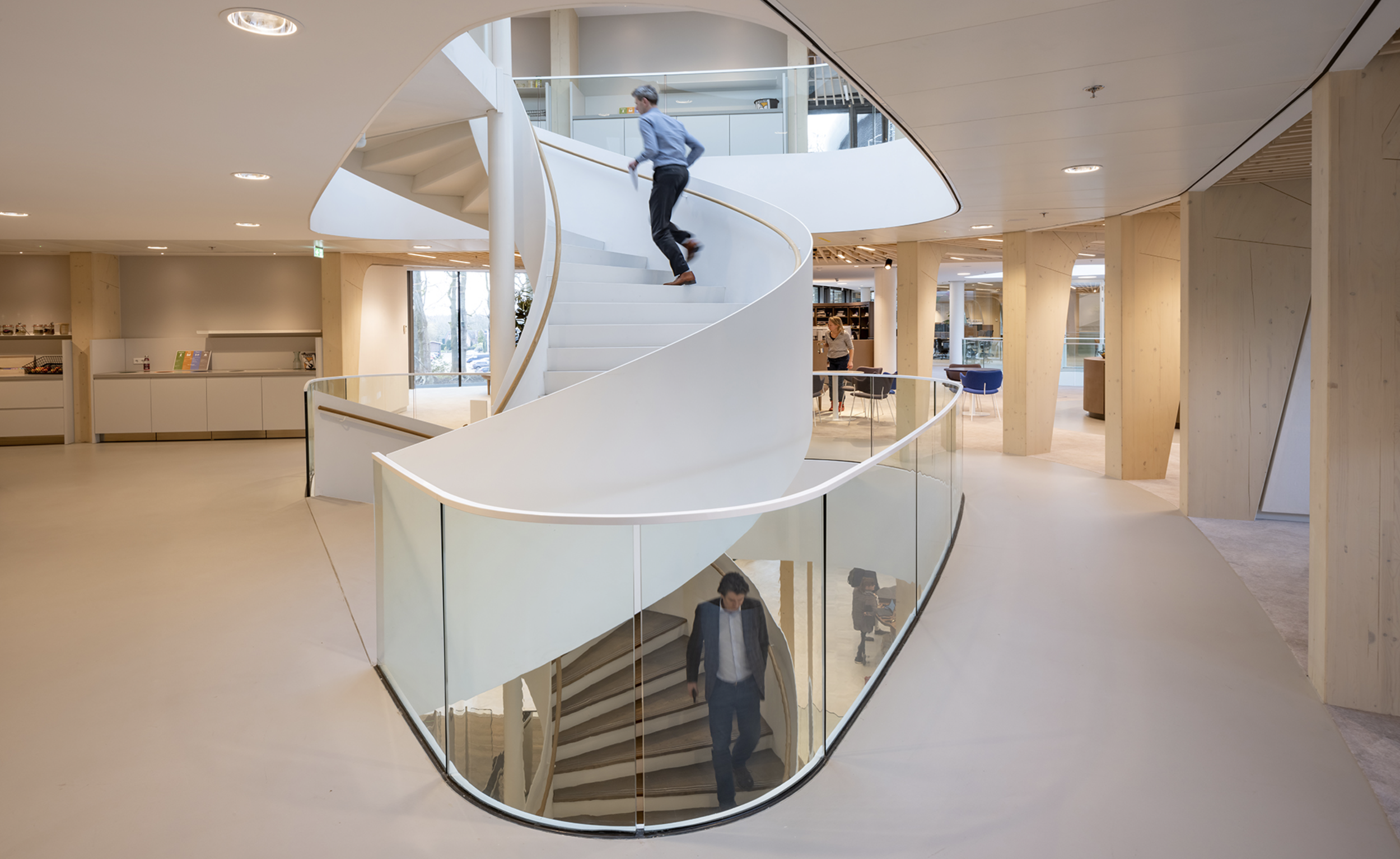 Image 6 of 16
Image 6 of 16

 Image 7 of 16
Image 7 of 16

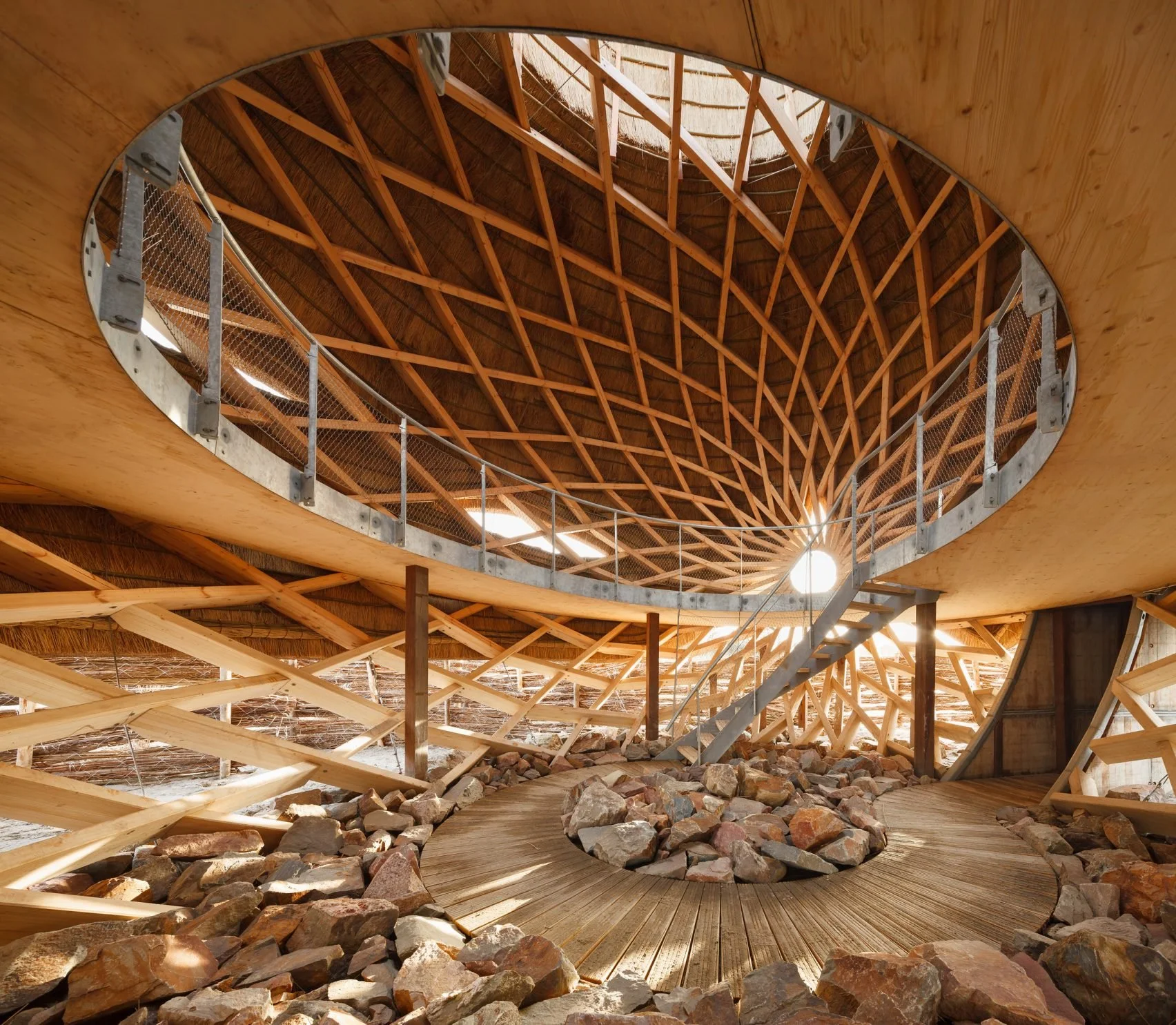 Image 8 of 16
Image 8 of 16

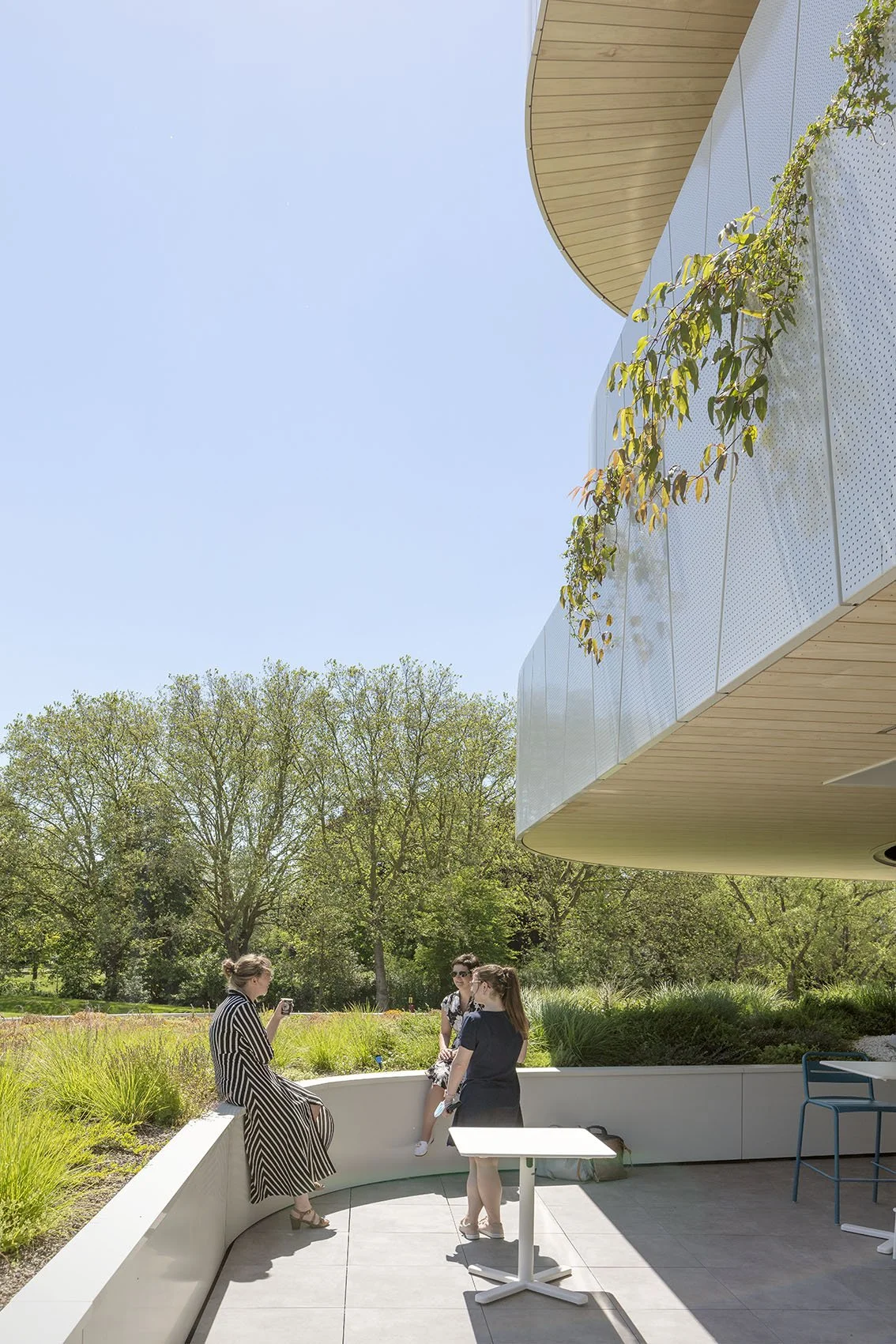 Image 9 of 16
Image 9 of 16

 Image 10 of 16
Image 10 of 16

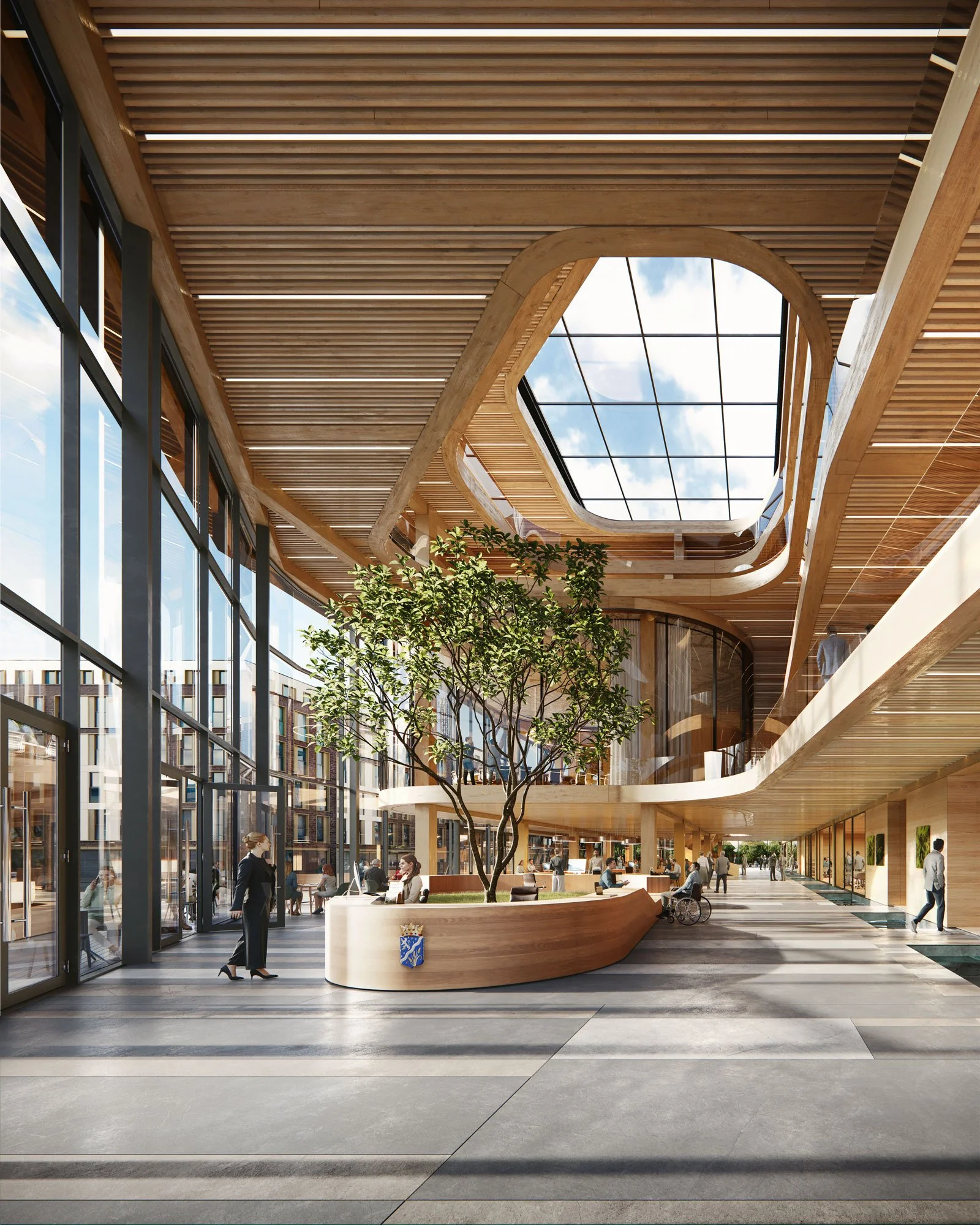 Image 11 of 16
Image 11 of 16

 Image 12 of 16
Image 12 of 16

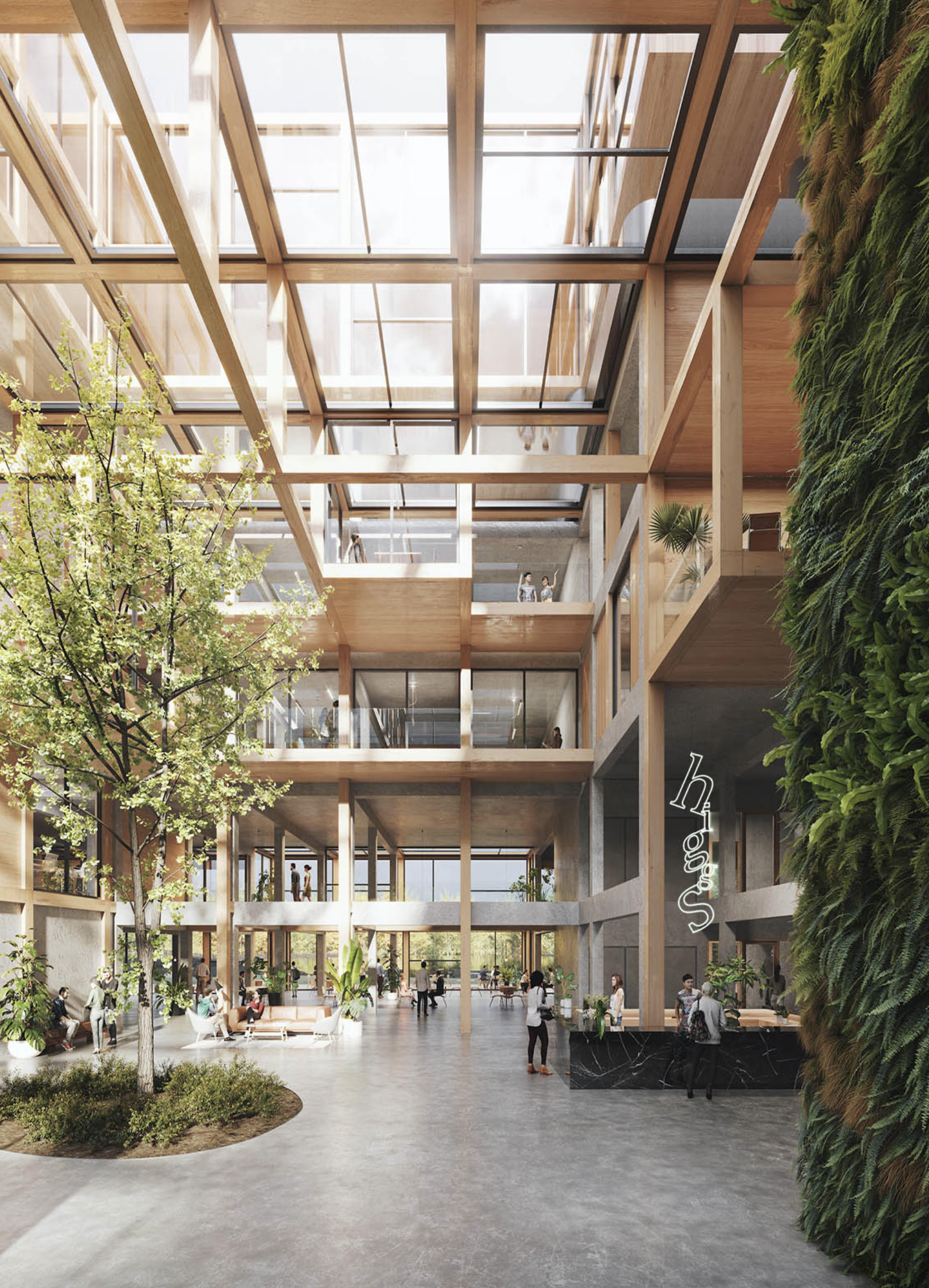 Image 13 of 16
Image 13 of 16

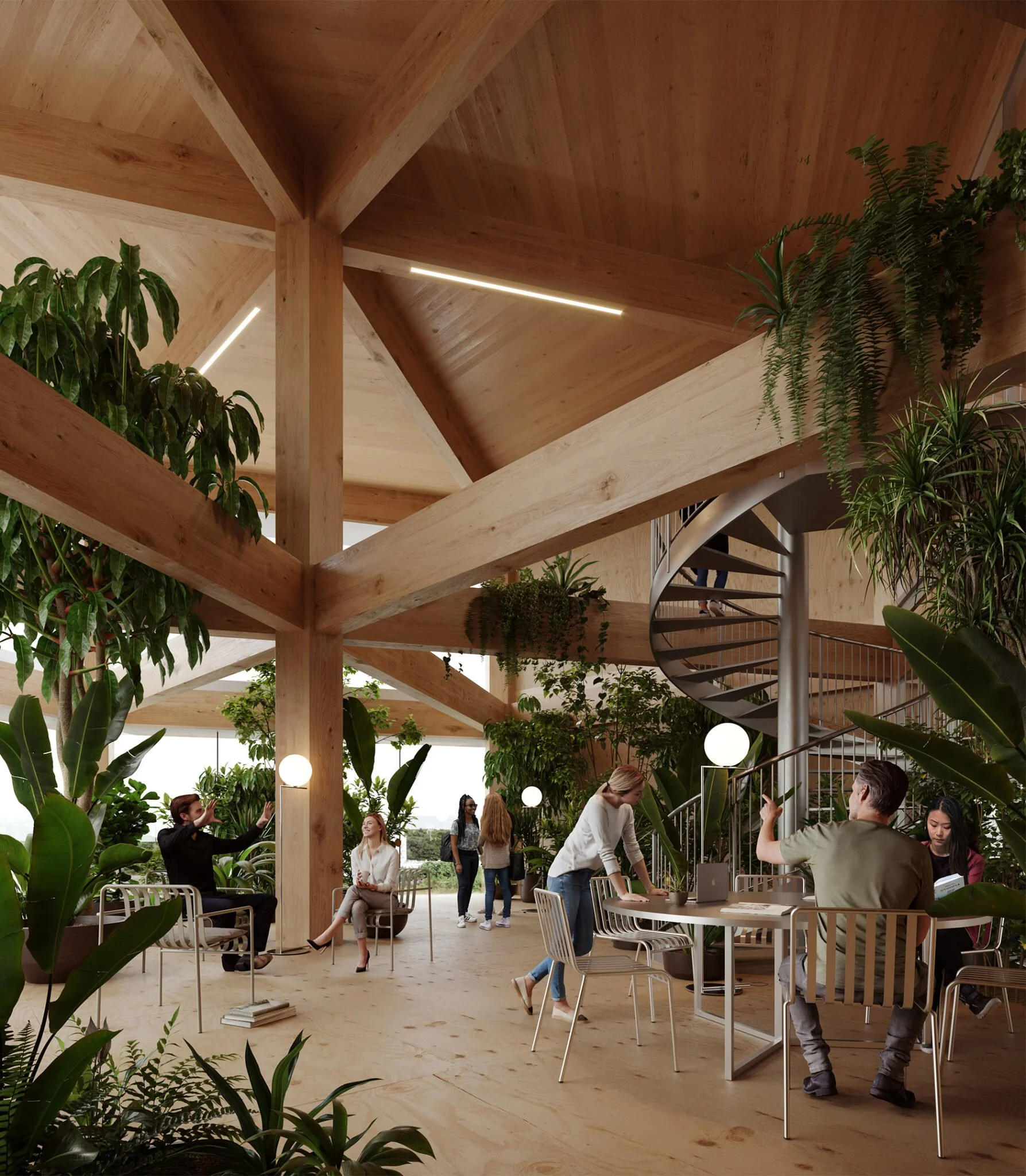 Image 14 of 16
Image 14 of 16

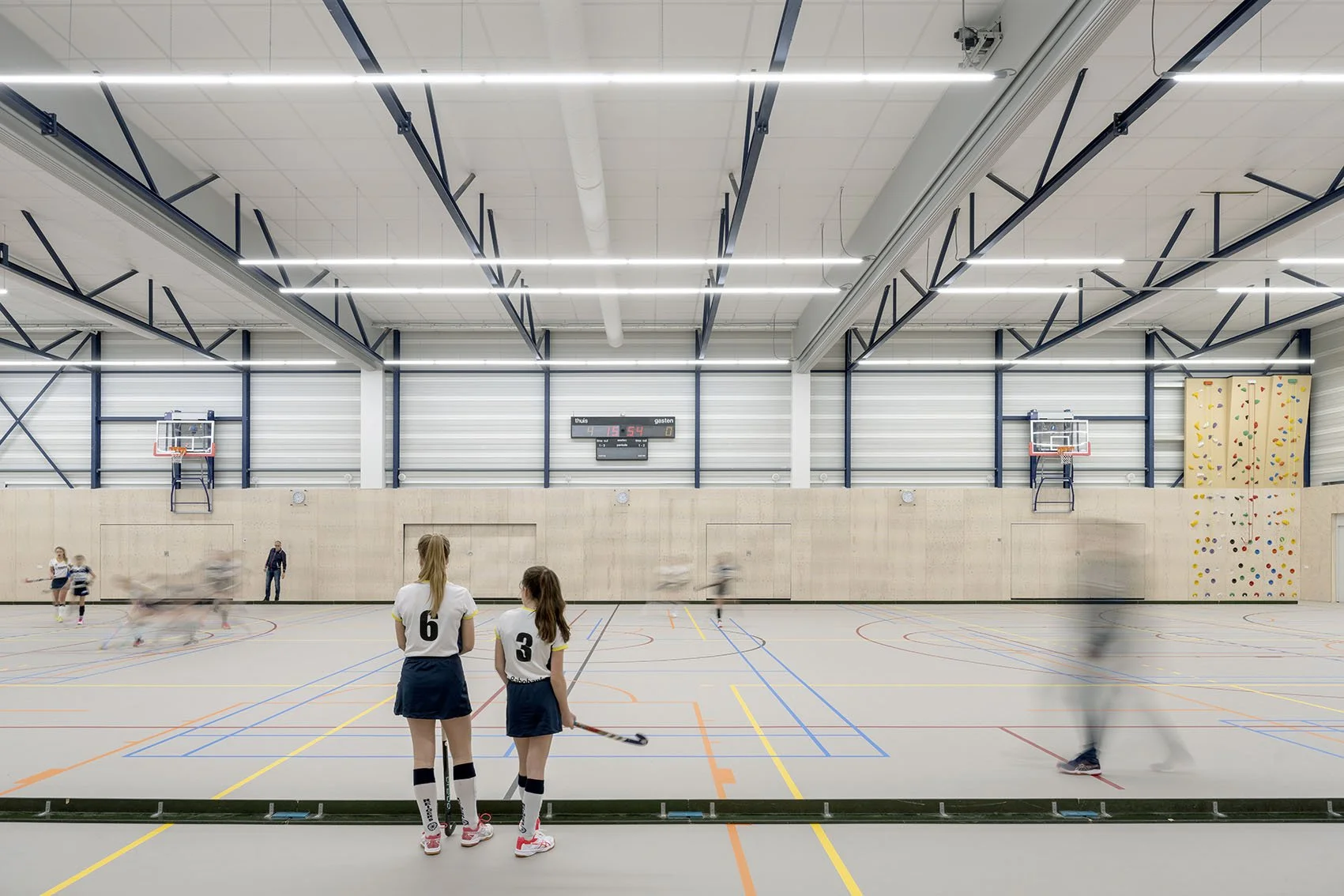 Image 15 of 16
Image 15 of 16

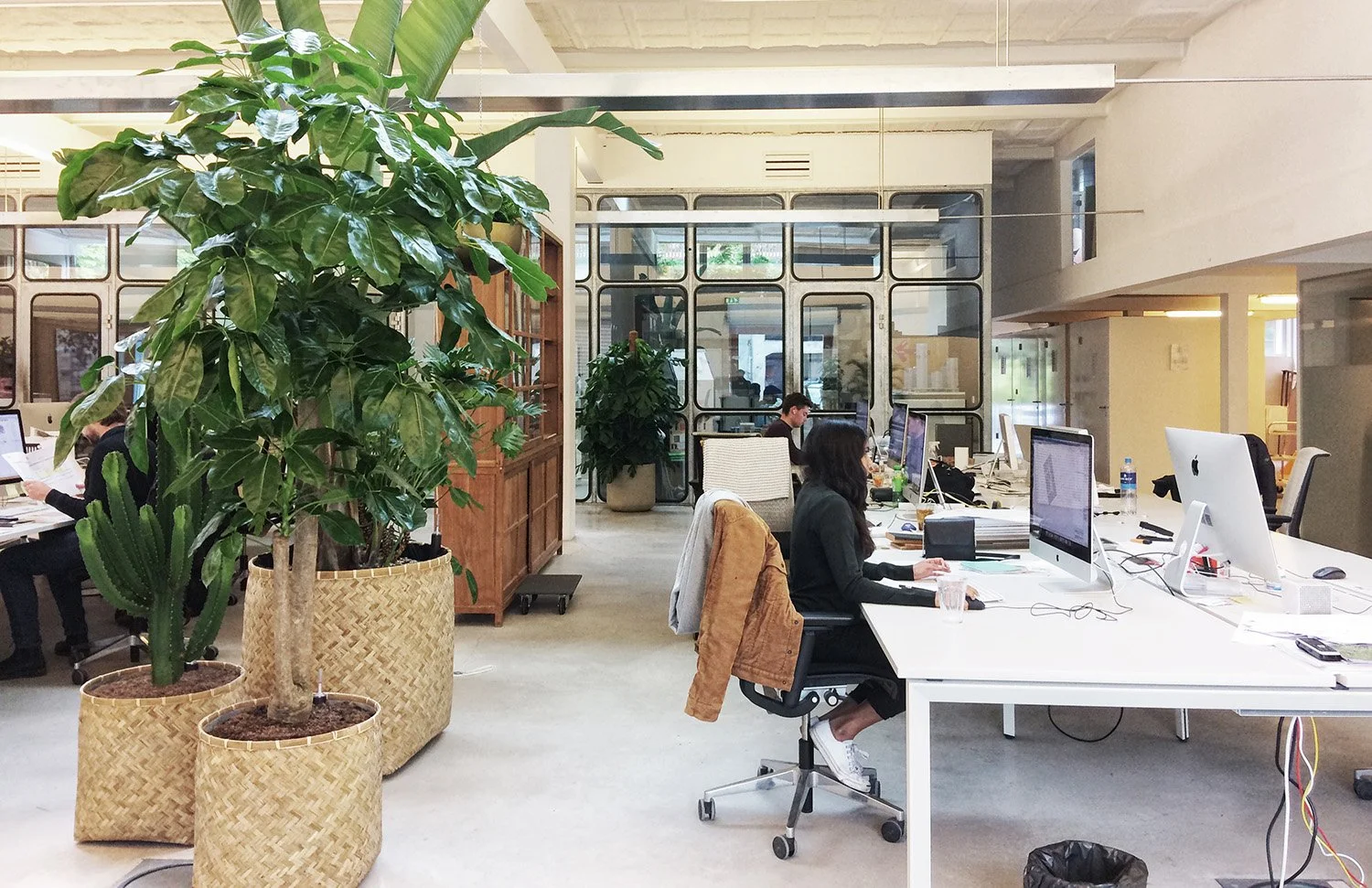 Image 16 of 16
Image 16 of 16

















RAU Architects are building a circular future
RAU Architects is a pioneering architectural firm founded by Thomas Rau in 1992, based in Amsterdam, Netherlands. The studio was established with the mission to create sustainable and innovative architectural solutions that address environmental challenges. RAU Architects' current mission focuses on integrating circular economy principles into their projects, emphasizing the use of renewable energy, recycled materials, and designs that promote environmental awareness. Core values include innovation, sustainability, and social responsibility, with a purpose to redefine the relationship between architecture, materials, and the environment.
Location
Headquarters: Amsterdam, Netherlands.
Primary manufacturing/operations locations: Various global locations for projects and collaborations.
The Circular Vision
Core circular economy principles: Designing out waste, using recycled and sustainable materials, and creating buildings that promote environmental awareness and sustainable practices.
Key innovations: Development of projects like the Triodos Bank office, which is a remountable timber-framed building, and the use of the Madaster platform for material passports to track and reuse building materials.
Prioritization of local sourcing and closed-loop supply chains: Emphasis on using locally sourced materials and sustainable production methods to minimize environmental impact and support local economies.
Pioneering Solutions
Flagship projects: Triodos Bank office (remountable timber-framed building), Netherlands Expo 2025 pavilion (fully circular design), and the People's Pavilion (temporary structure with zero ecological footprint).
Unique value propositions: High-quality, innovative architectural solutions that prioritize circularity, material reuse, and environmental responsibility. RAU Architects' work is known for its ability to create immersive, sustainable environments that connect with diverse audiences while promoting circular economy principles.
The Regenerative Future
R&D focus areas: Advancing sustainable design techniques, exploring new applications for recycled and renewable materials, and developing solutions that further reduce waste and energy consumption in architectural design and construction processes.
Ambitious goals: To lead the architecture industry in sustainable practices, create zero-waste buildings and installations, and inspire a shift towards a regenerative approach to design and environmental stewardship.
Fact Sheet
Commercial Availability: Architectural design services available through direct collaborations and partnerships with cultural institutions and businesses.
Circularity Rating: 5/5 (Strong focus on integrating circular economy principles in design and construction).
Cost Rating: 4/5 (Competitive with high-end architectural services, with significant value in sustainability and innovation).
Material Passport: Detailed material traceability and use of recycled and sustainable materials, as evidenced in projects like the Triodos Bank office.
Designed for Disassembly: Yes, many projects are designed with consideration for future adaptability and material reuse.
Carbon Performance: Focus on reducing carbon footprint through the use of sustainable materials and energy-efficient designs. Committed to minimizing environmental impact through efficient design and construction processes.
Key Takeaway
RAU Architects transforms the architecture industry through innovative, sustainable solutions that prioritize circular economy principles, setting a benchmark for environmental responsibility and material innovation in contemporary design.
Explore Further
RAU Architects website: https://www.rau.eu
RAU Architects is a pioneering architectural firm founded by Thomas Rau in 1992, based in Amsterdam, Netherlands. The studio was established with the mission to create sustainable and innovative architectural solutions that address environmental challenges. RAU Architects' current mission focuses on integrating circular economy principles into their projects, emphasizing the use of renewable energy, recycled materials, and designs that promote environmental awareness. Core values include innovation, sustainability, and social responsibility, with a purpose to redefine the relationship between architecture, materials, and the environment.
Location
Headquarters: Amsterdam, Netherlands.
Primary manufacturing/operations locations: Various global locations for projects and collaborations.
The Circular Vision
Core circular economy principles: Designing out waste, using recycled and sustainable materials, and creating buildings that promote environmental awareness and sustainable practices.
Key innovations: Development of projects like the Triodos Bank office, which is a remountable timber-framed building, and the use of the Madaster platform for material passports to track and reuse building materials.
Prioritization of local sourcing and closed-loop supply chains: Emphasis on using locally sourced materials and sustainable production methods to minimize environmental impact and support local economies.
Pioneering Solutions
Flagship projects: Triodos Bank office (remountable timber-framed building), Netherlands Expo 2025 pavilion (fully circular design), and the People's Pavilion (temporary structure with zero ecological footprint).
Unique value propositions: High-quality, innovative architectural solutions that prioritize circularity, material reuse, and environmental responsibility. RAU Architects' work is known for its ability to create immersive, sustainable environments that connect with diverse audiences while promoting circular economy principles.
The Regenerative Future
R&D focus areas: Advancing sustainable design techniques, exploring new applications for recycled and renewable materials, and developing solutions that further reduce waste and energy consumption in architectural design and construction processes.
Ambitious goals: To lead the architecture industry in sustainable practices, create zero-waste buildings and installations, and inspire a shift towards a regenerative approach to design and environmental stewardship.
Fact Sheet
Commercial Availability: Architectural design services available through direct collaborations and partnerships with cultural institutions and businesses.
Circularity Rating: 5/5 (Strong focus on integrating circular economy principles in design and construction).
Cost Rating: 4/5 (Competitive with high-end architectural services, with significant value in sustainability and innovation).
Material Passport: Detailed material traceability and use of recycled and sustainable materials, as evidenced in projects like the Triodos Bank office.
Designed for Disassembly: Yes, many projects are designed with consideration for future adaptability and material reuse.
Carbon Performance: Focus on reducing carbon footprint through the use of sustainable materials and energy-efficient designs. Committed to minimizing environmental impact through efficient design and construction processes.
Key Takeaway
RAU Architects transforms the architecture industry through innovative, sustainable solutions that prioritize circular economy principles, setting a benchmark for environmental responsibility and material innovation in contemporary design.
Explore Further
RAU Architects website: https://www.rau.eu
